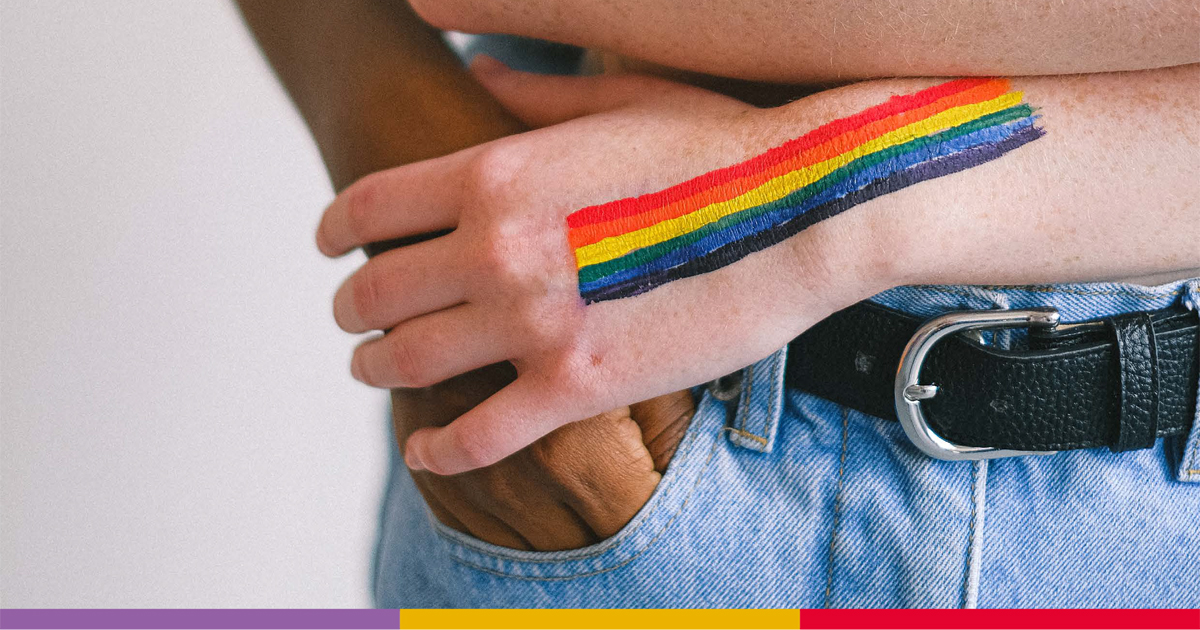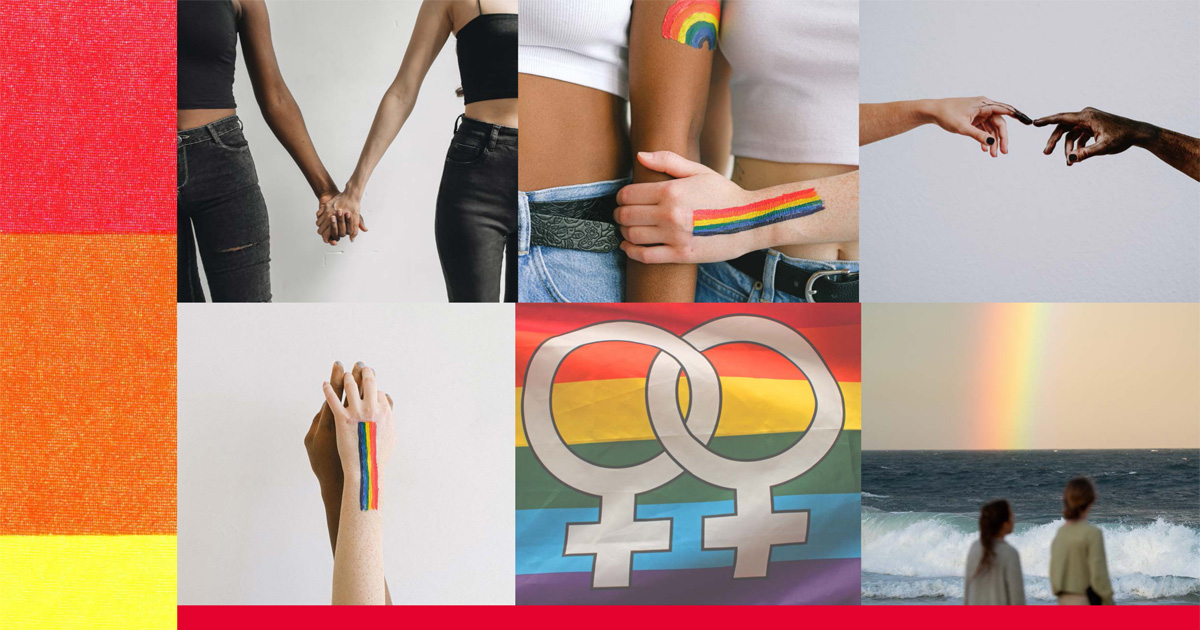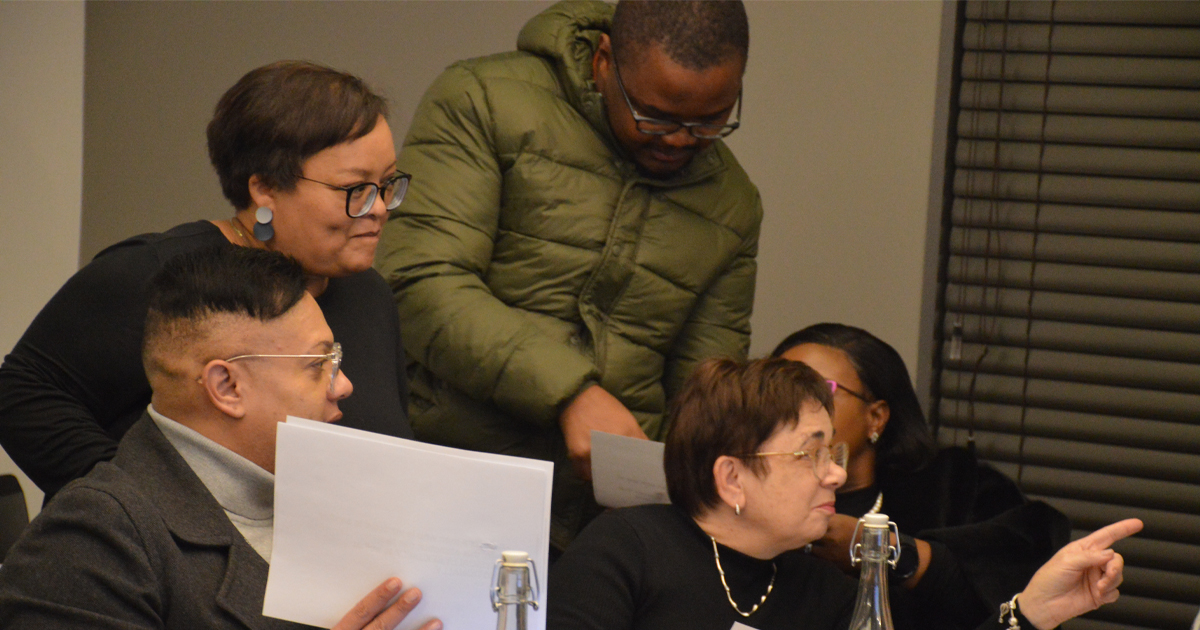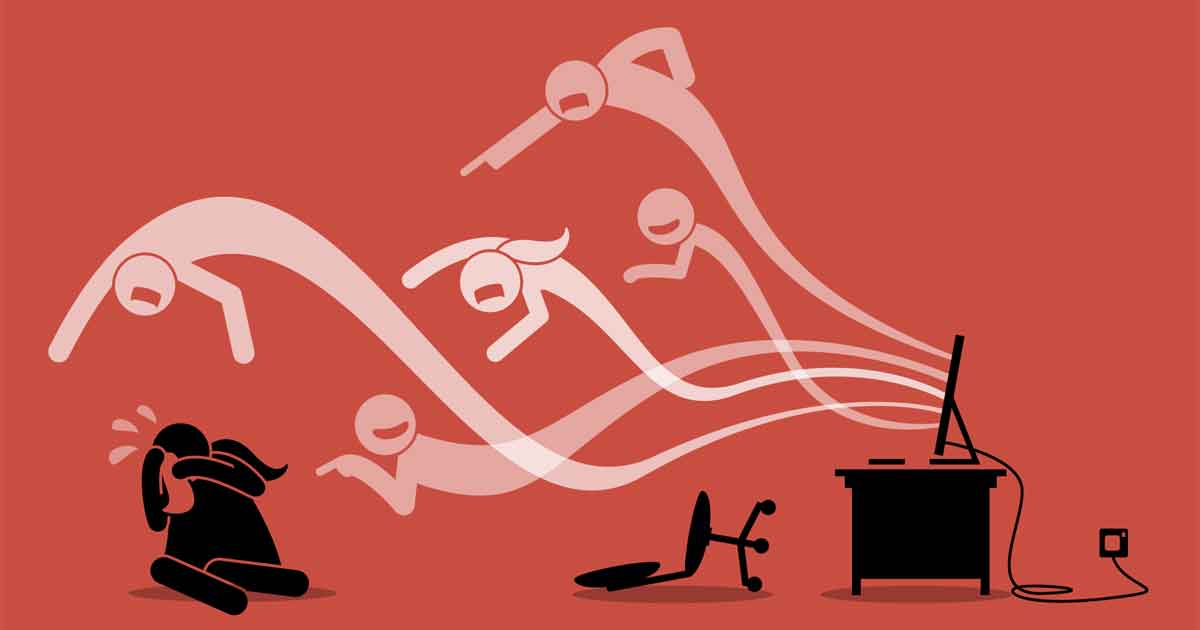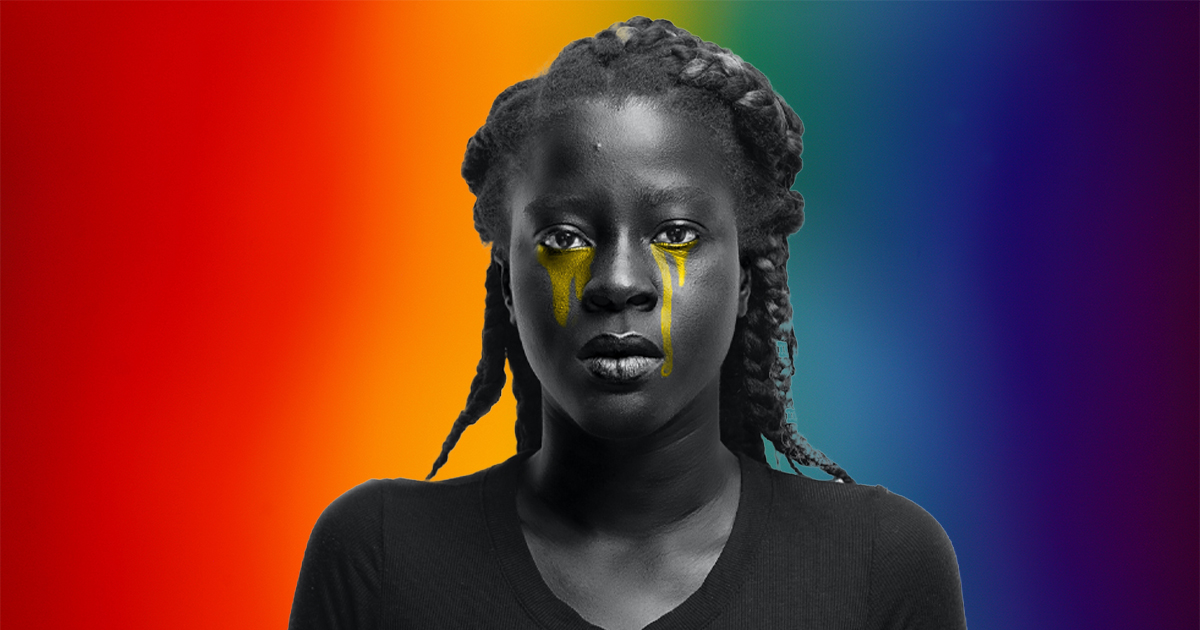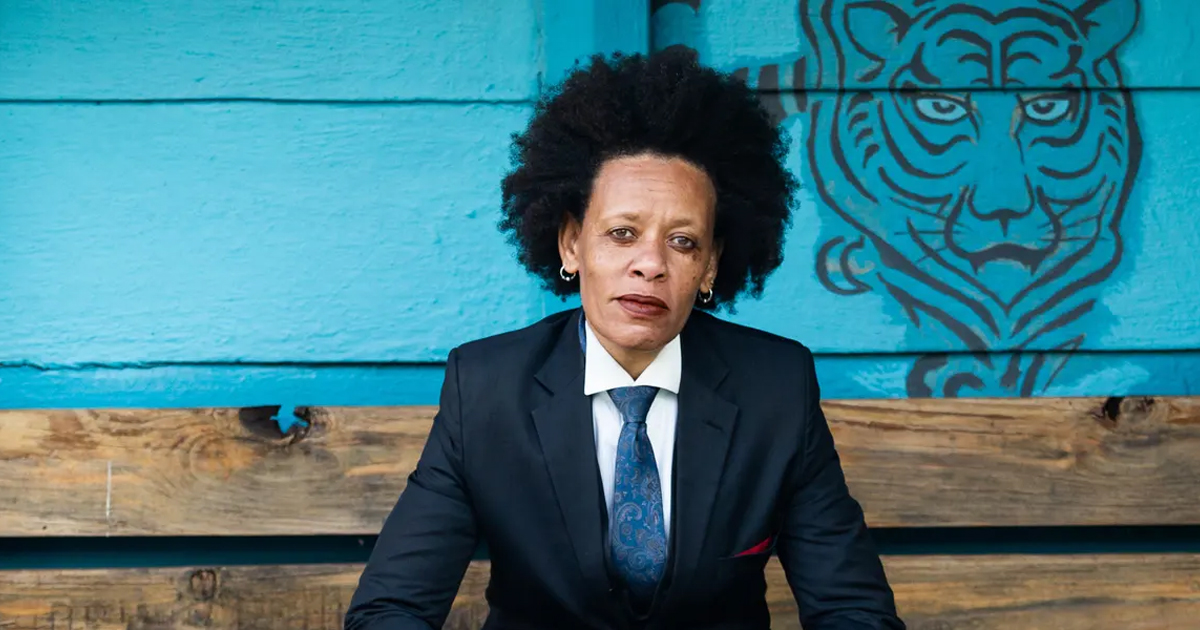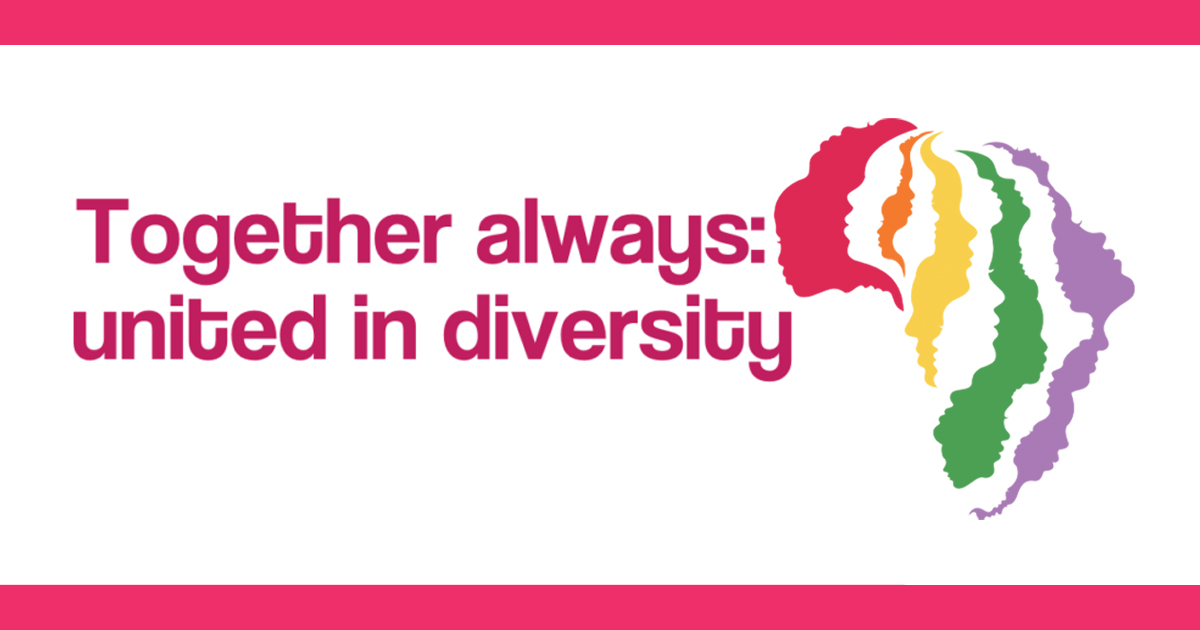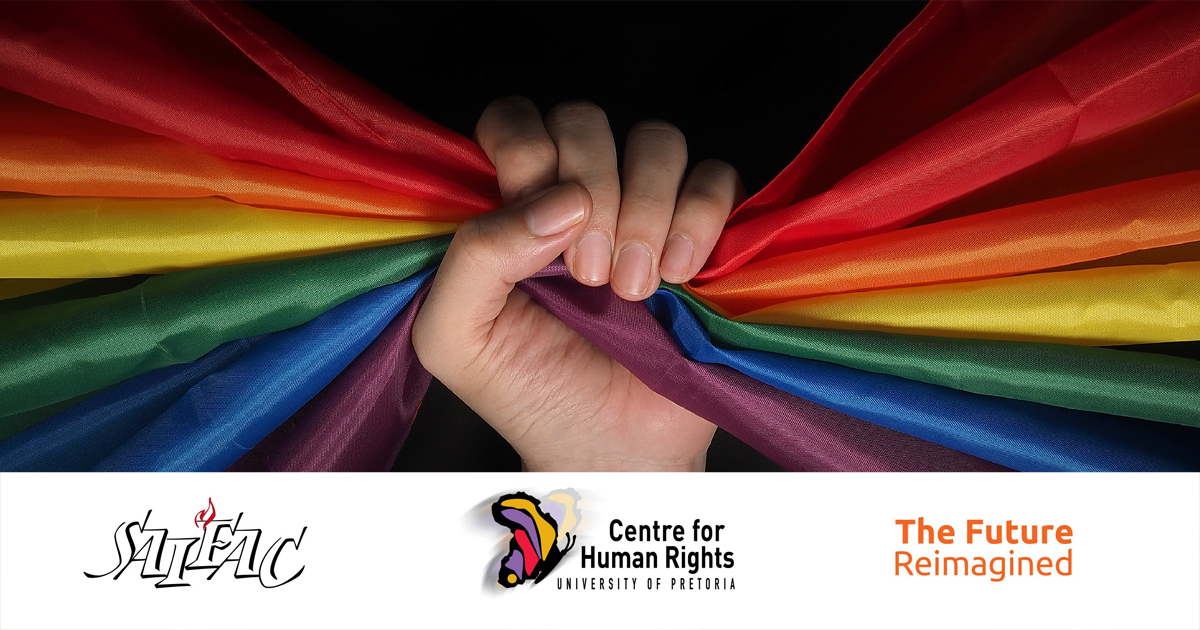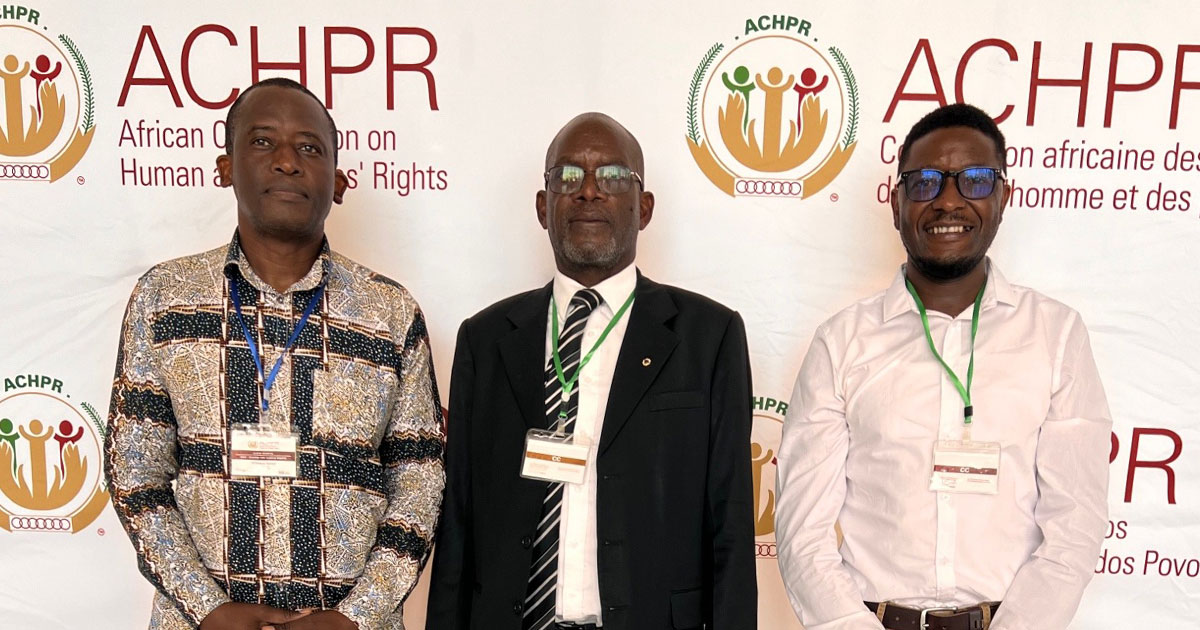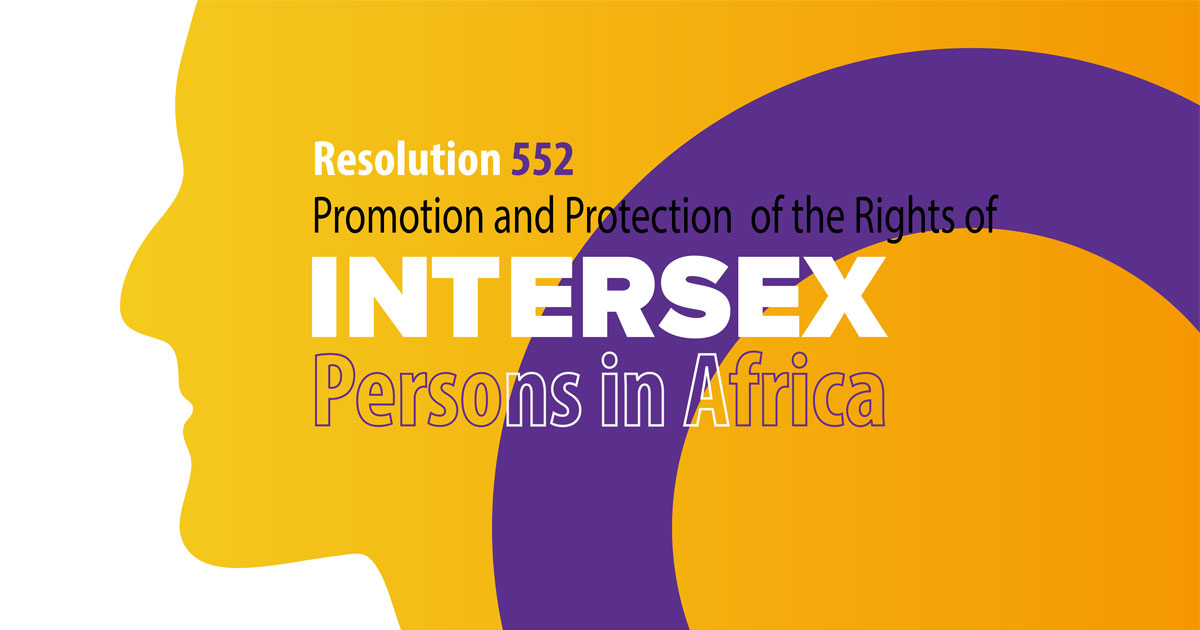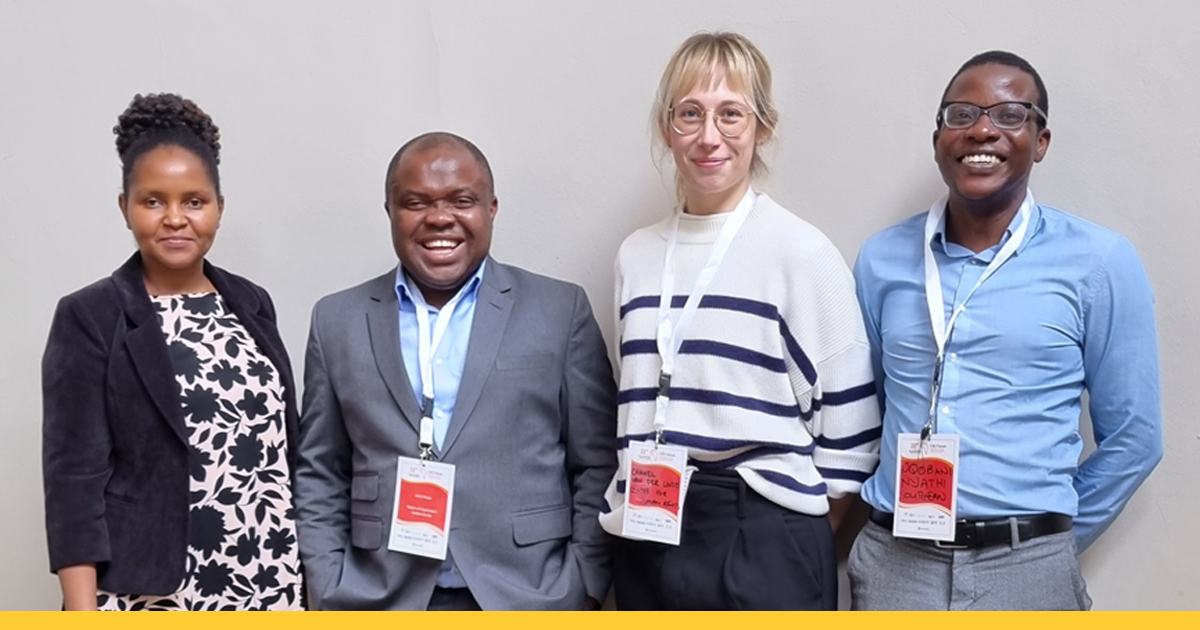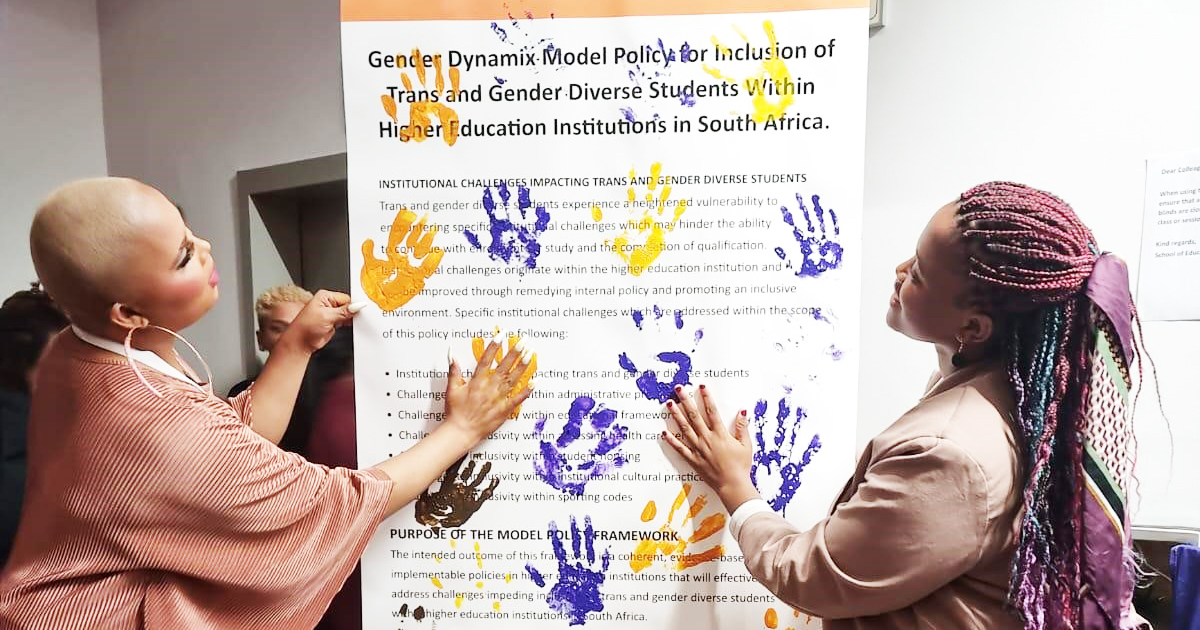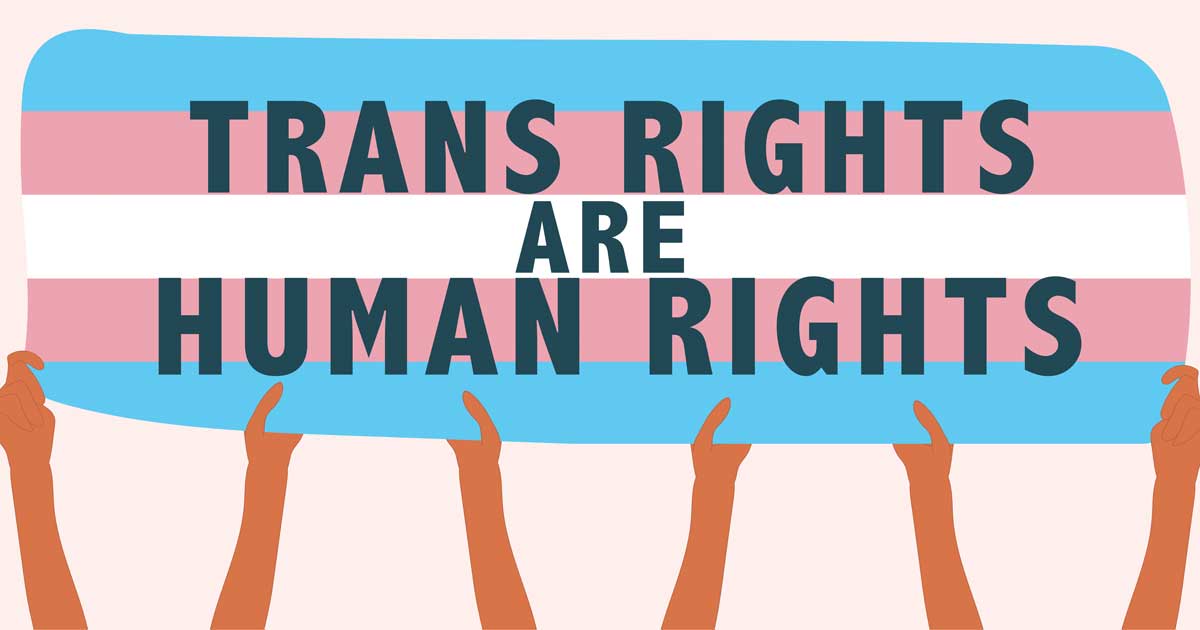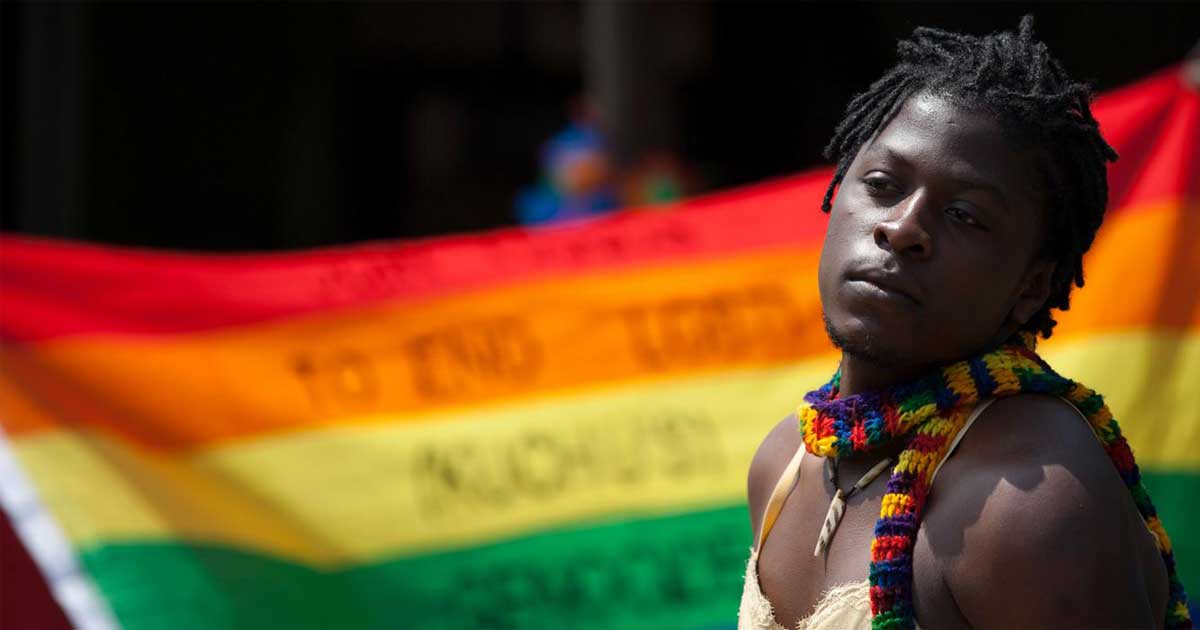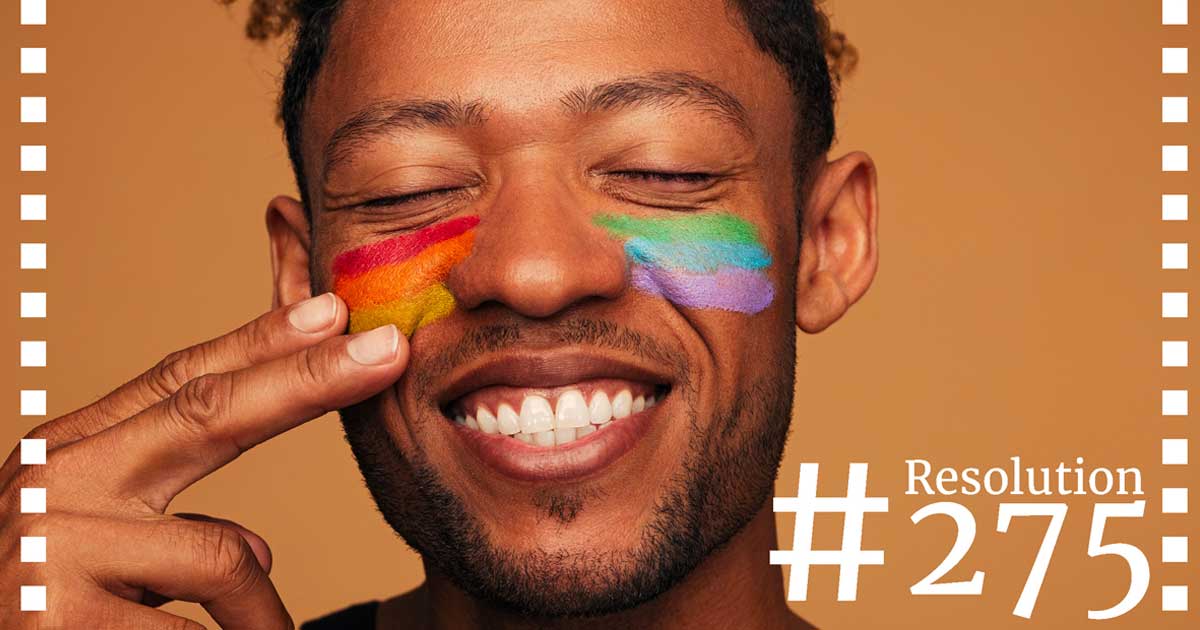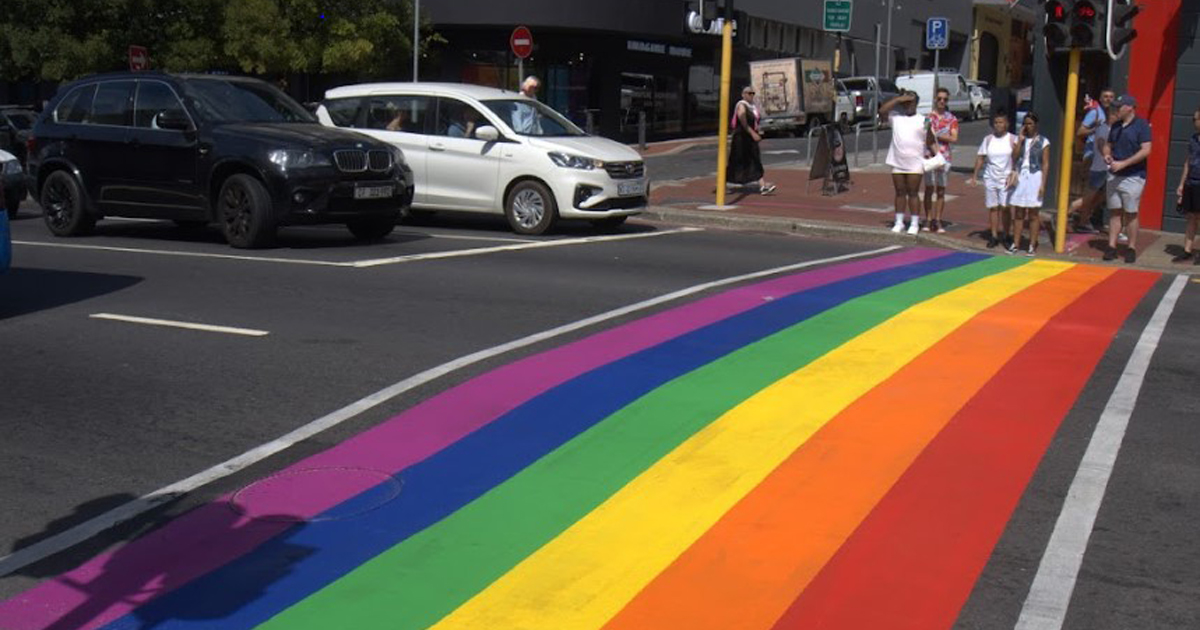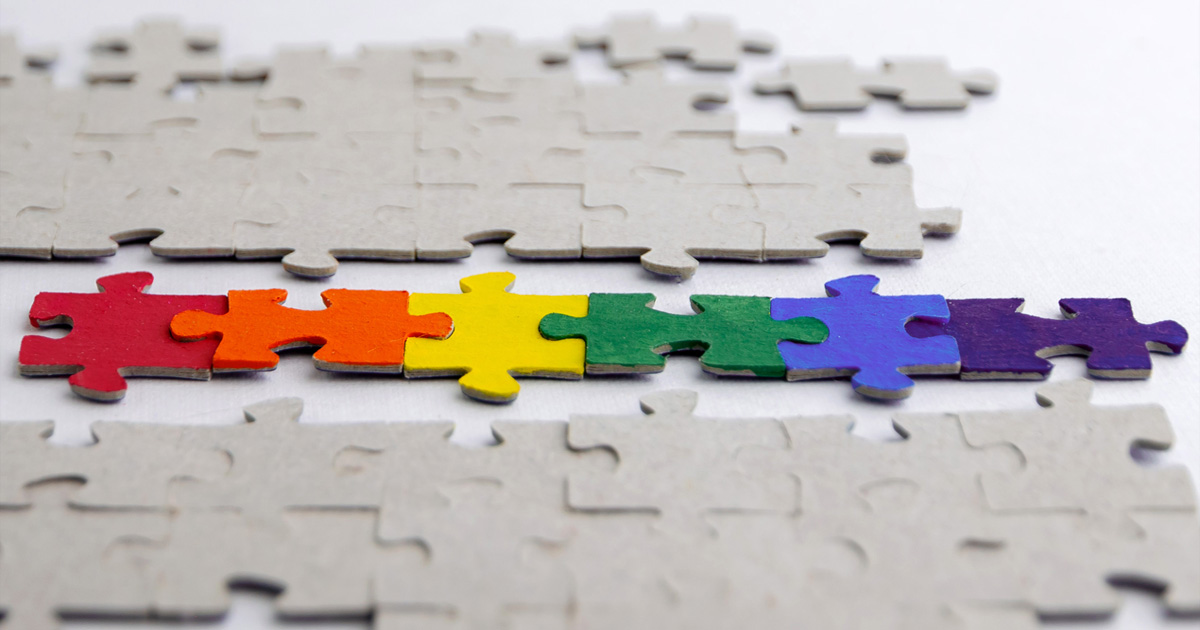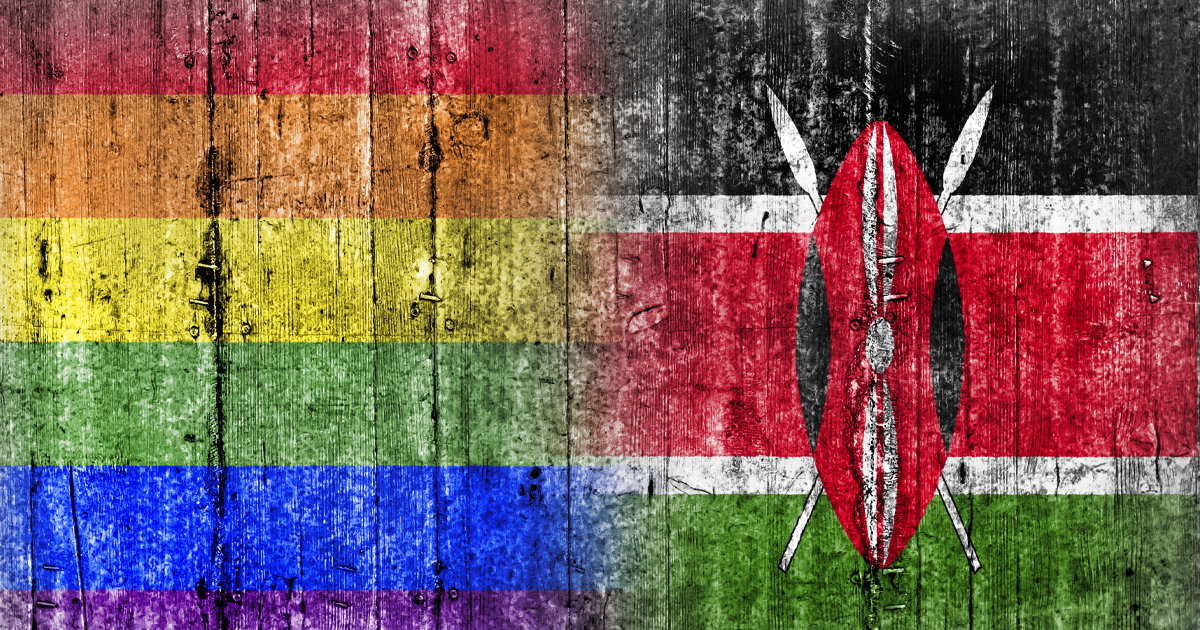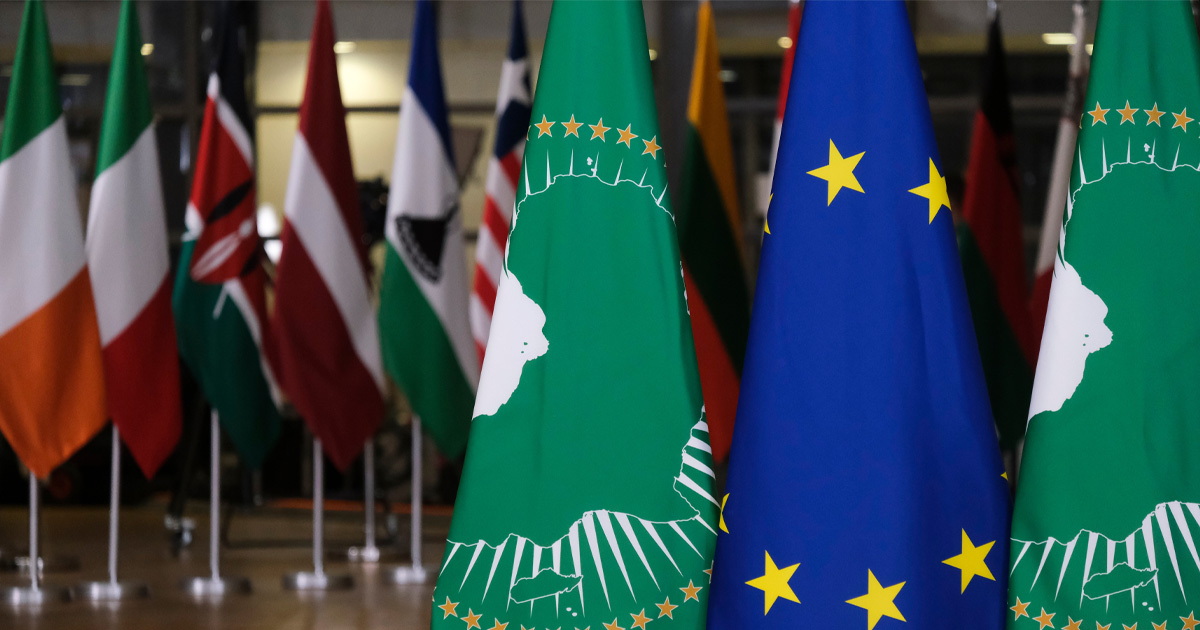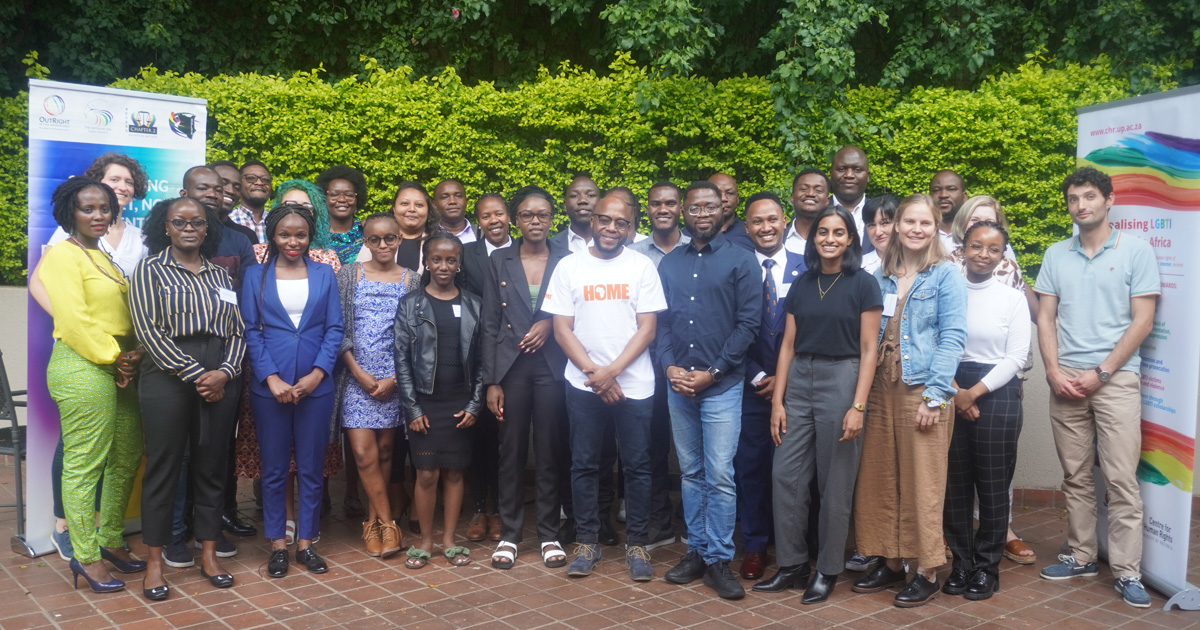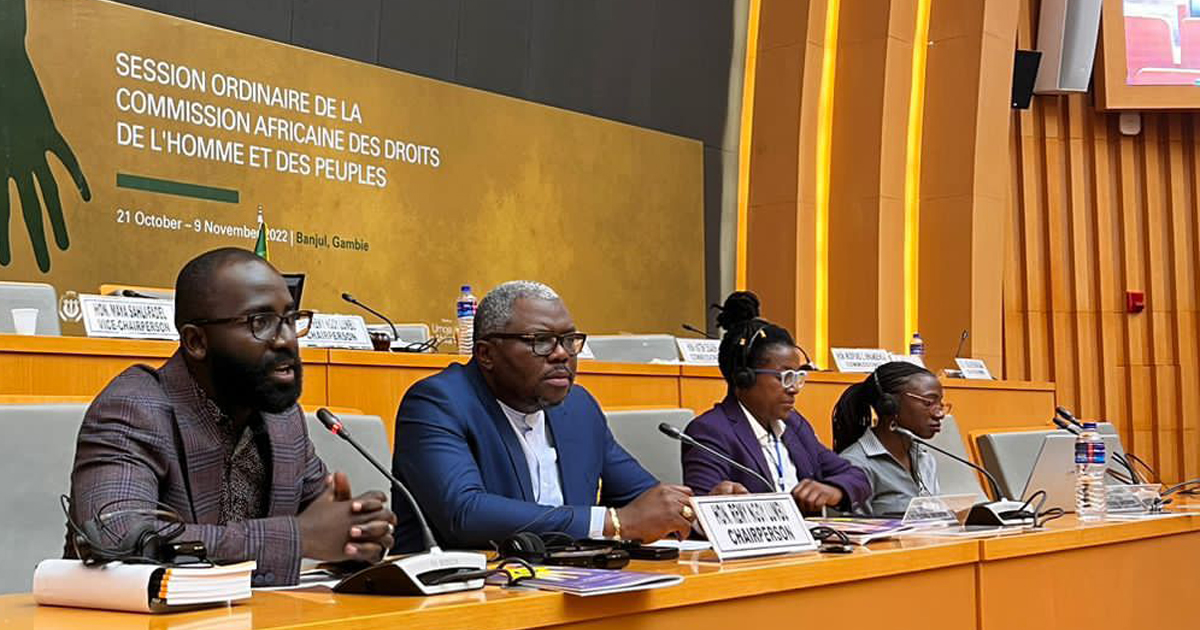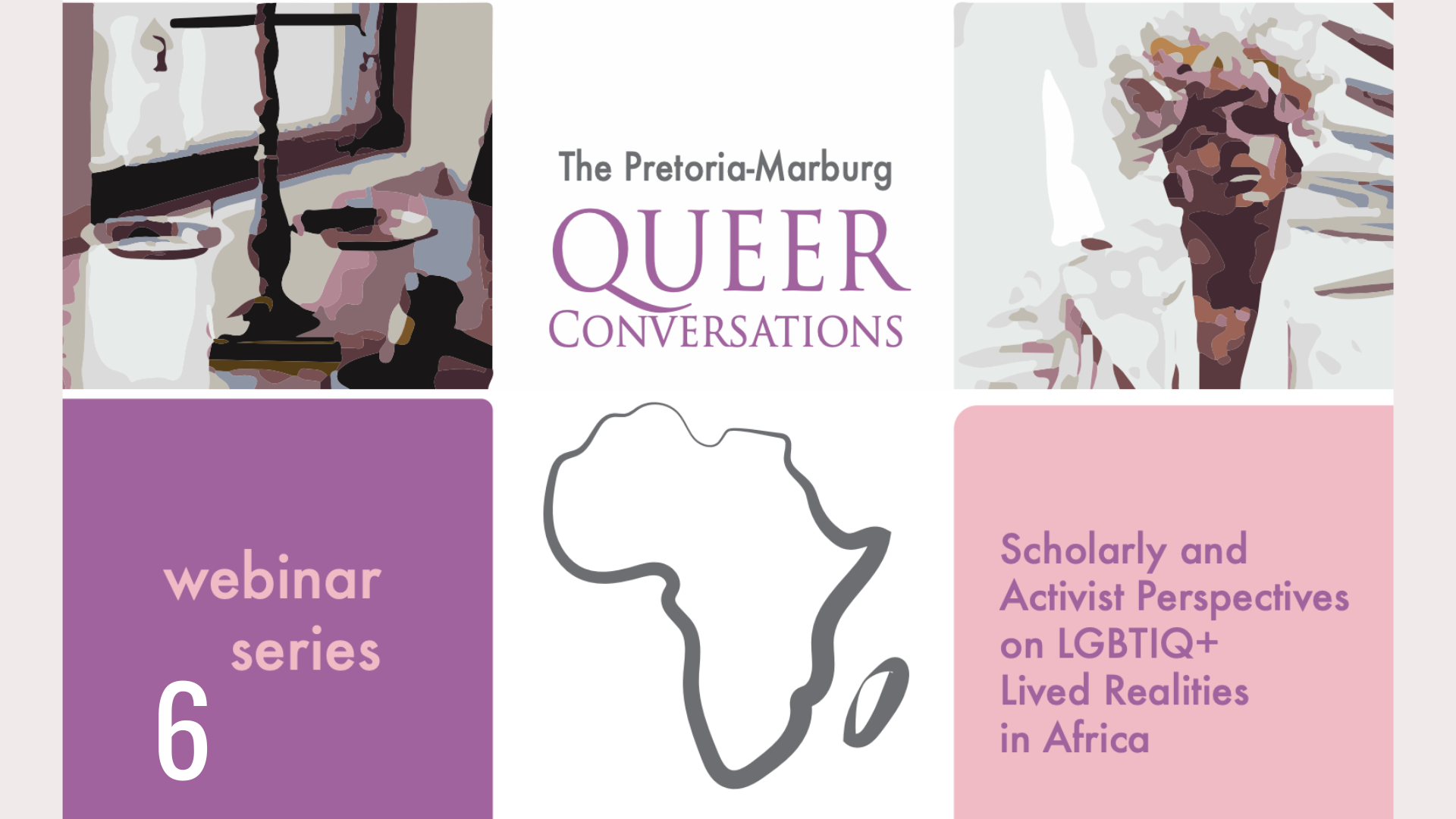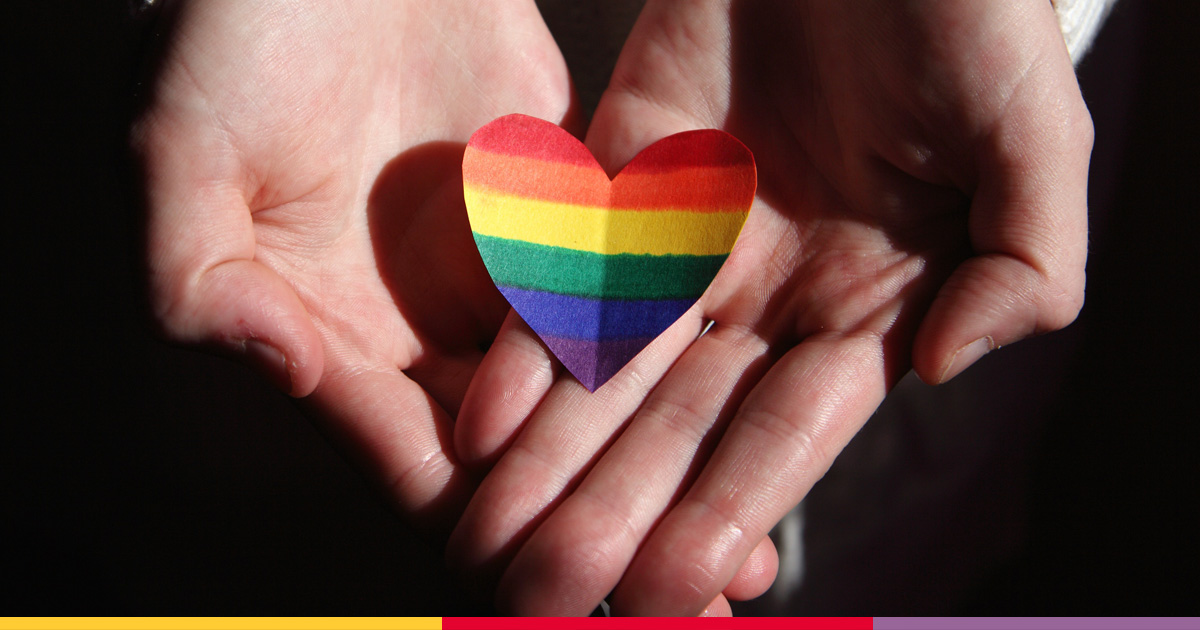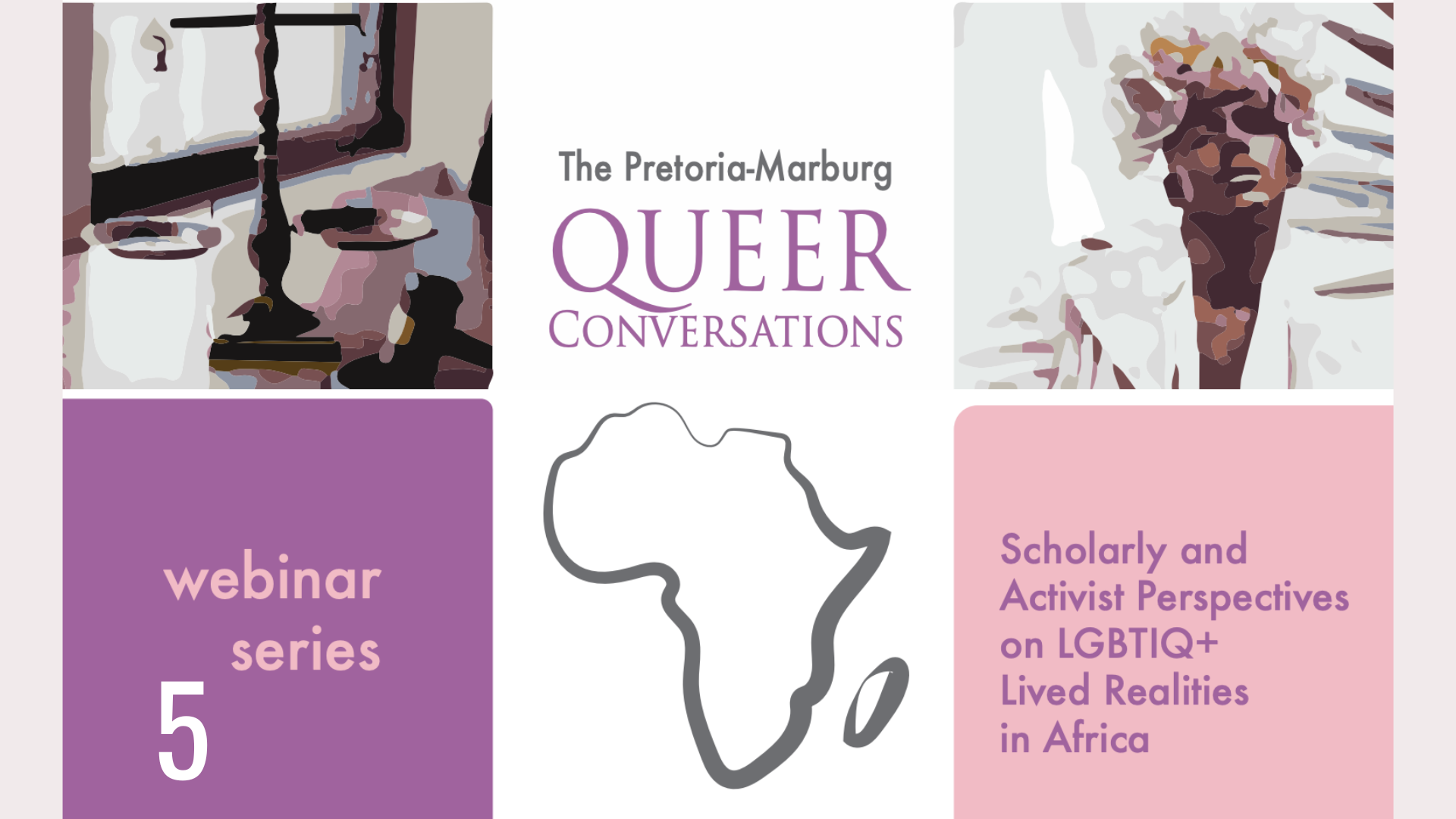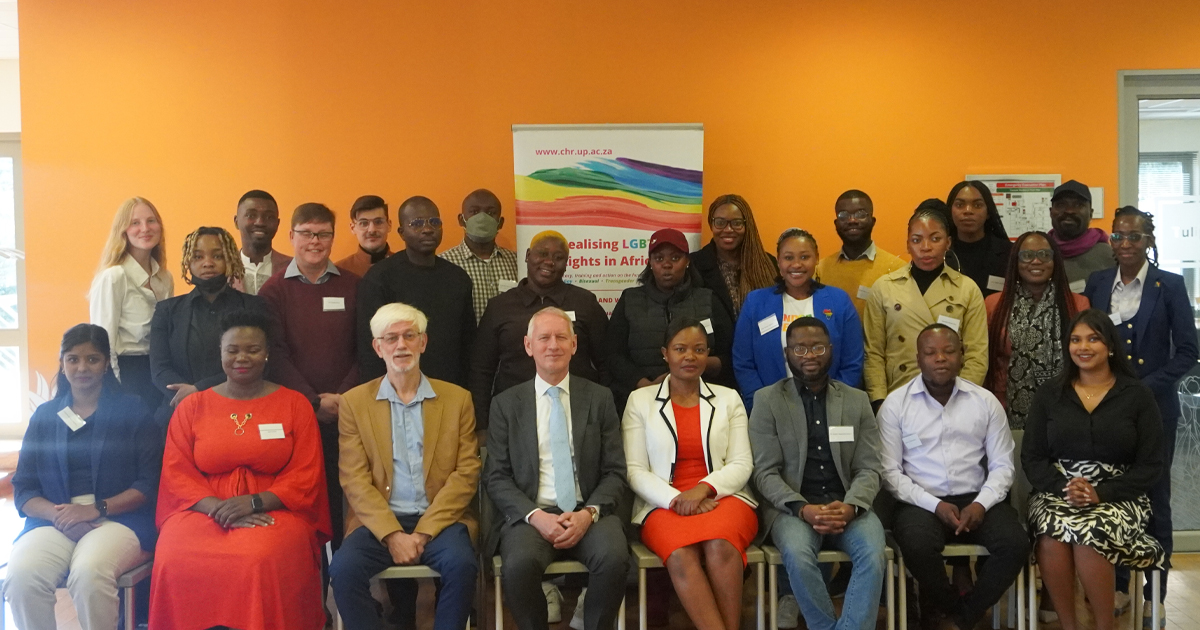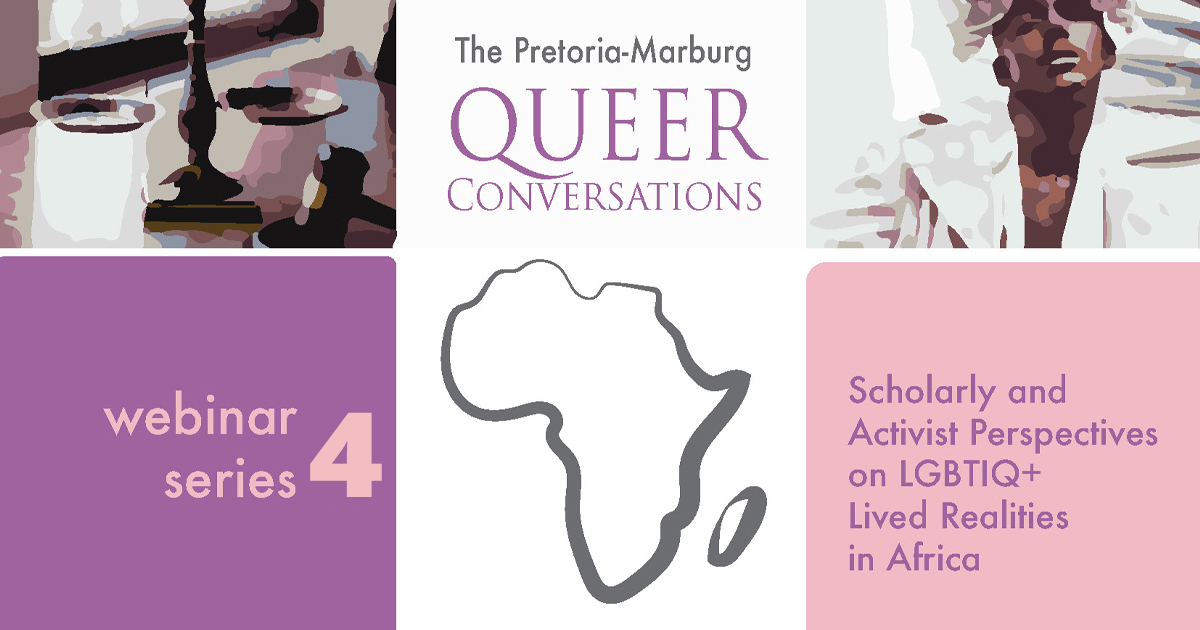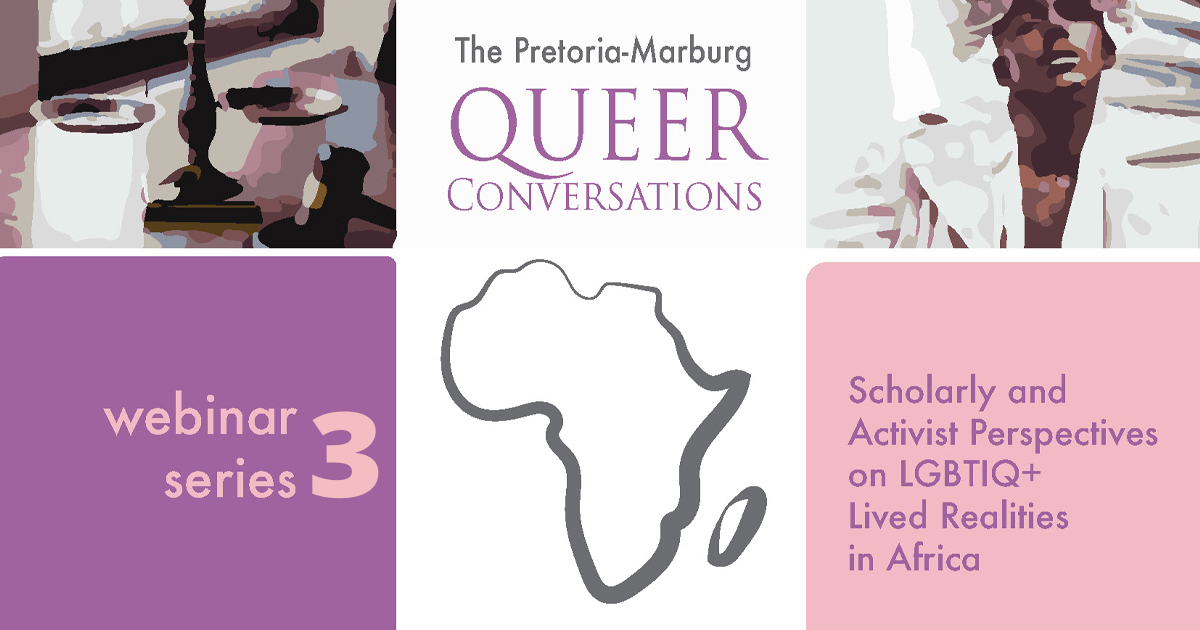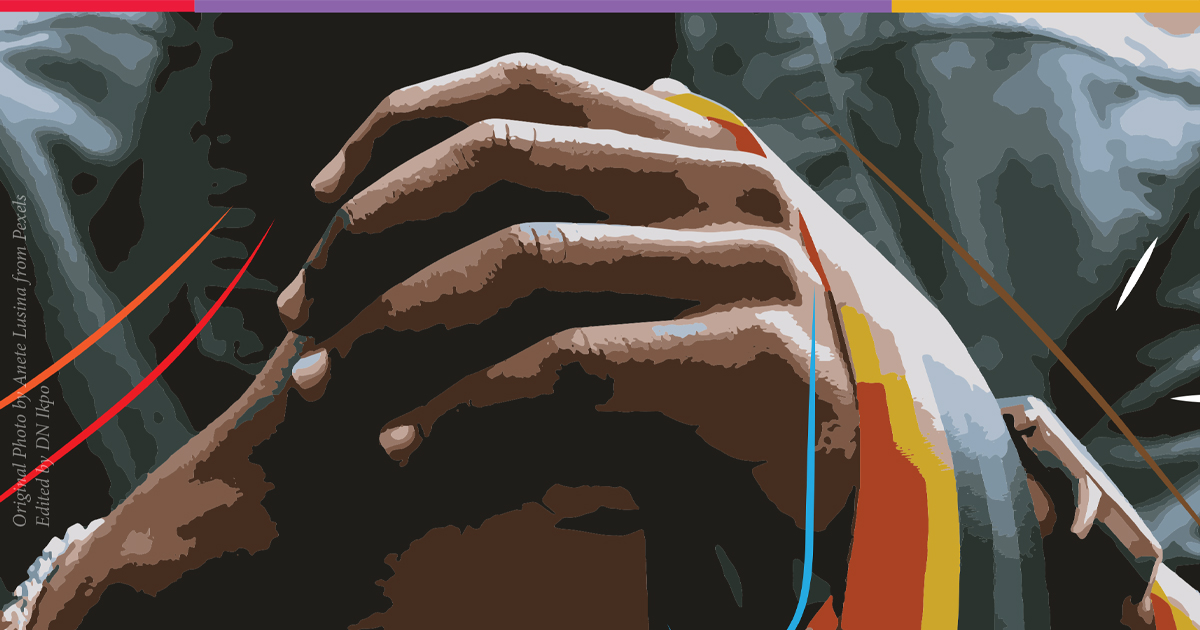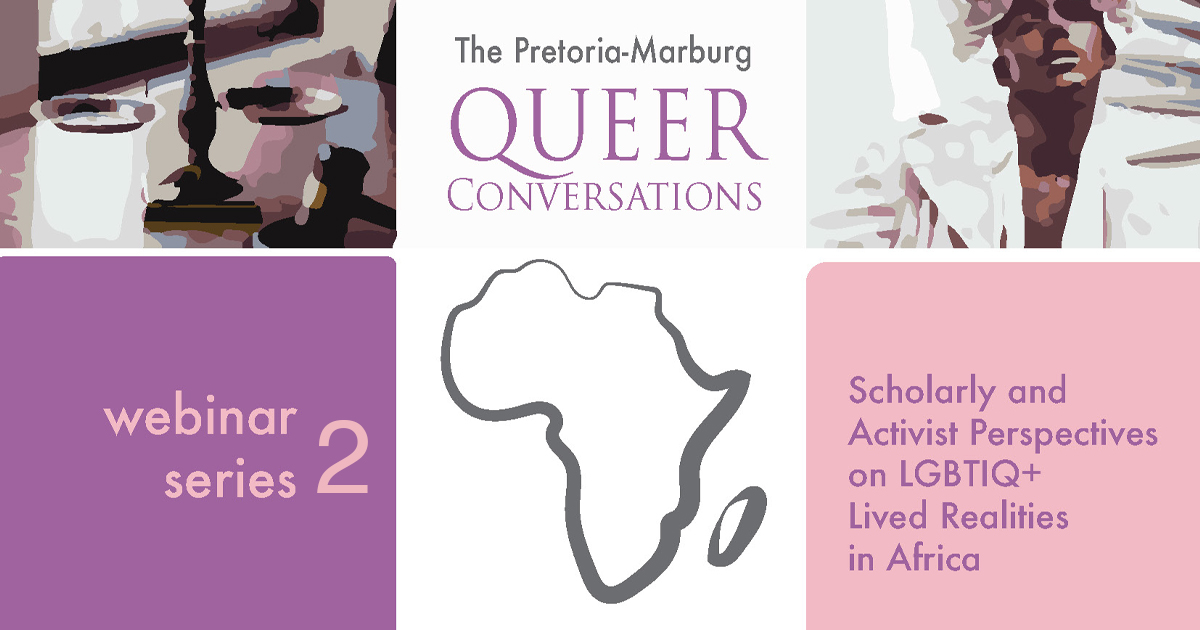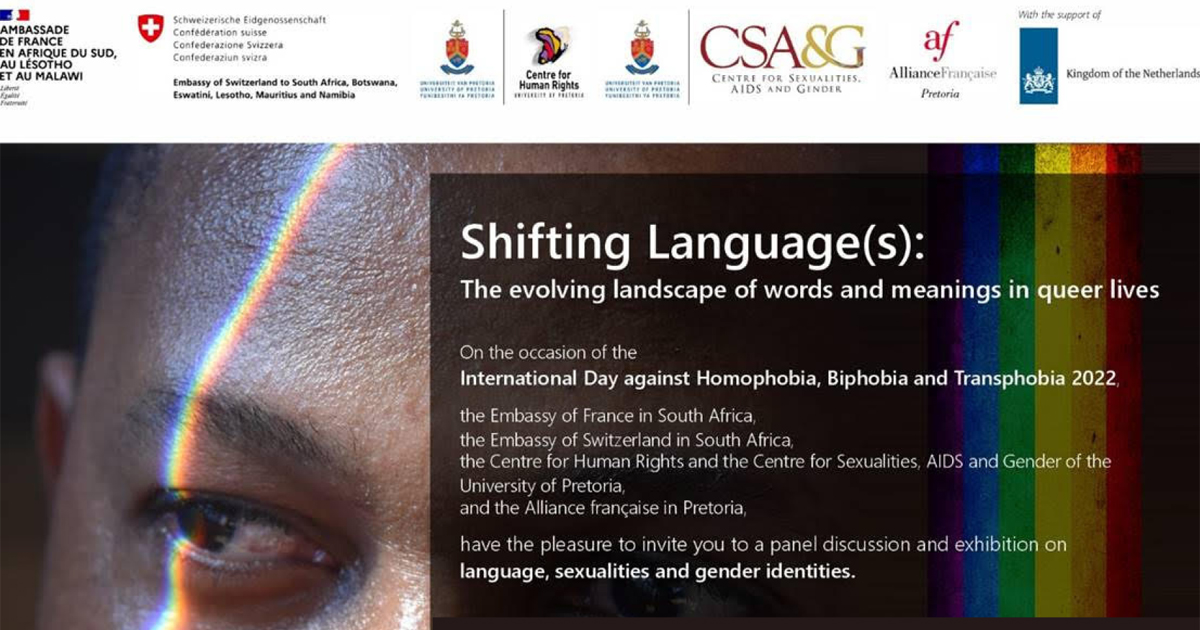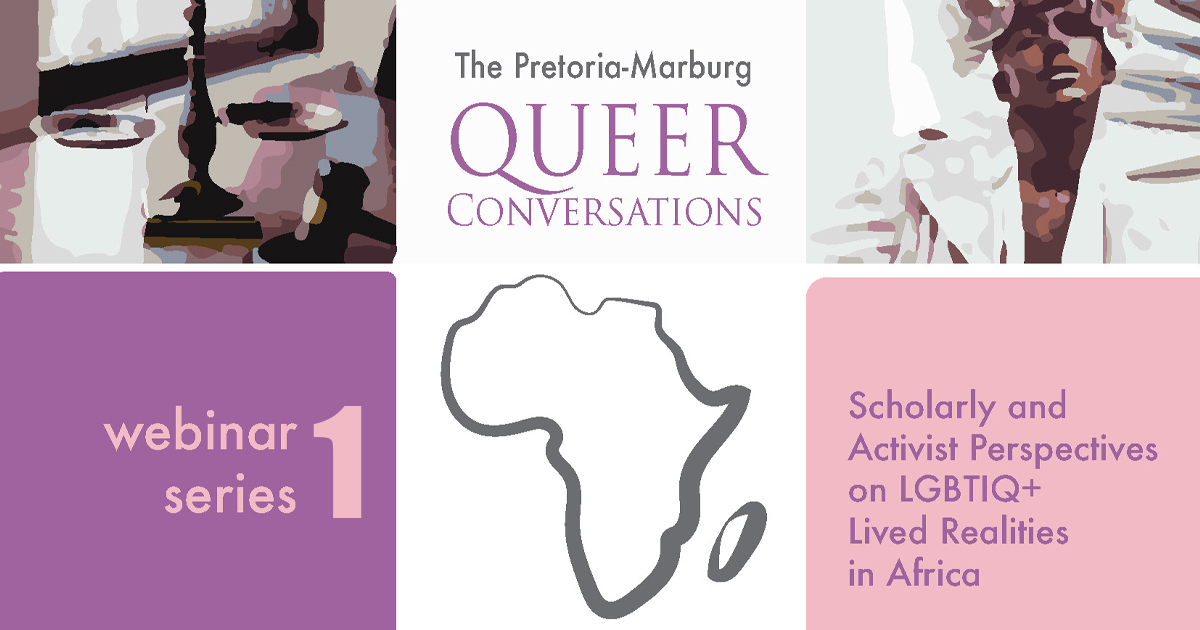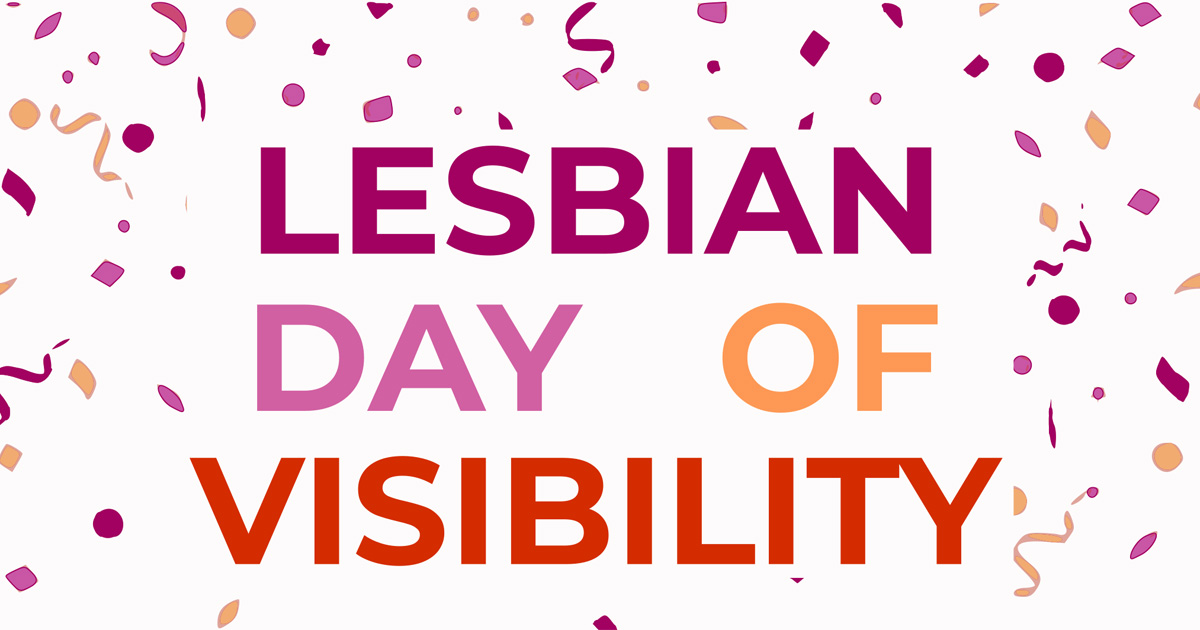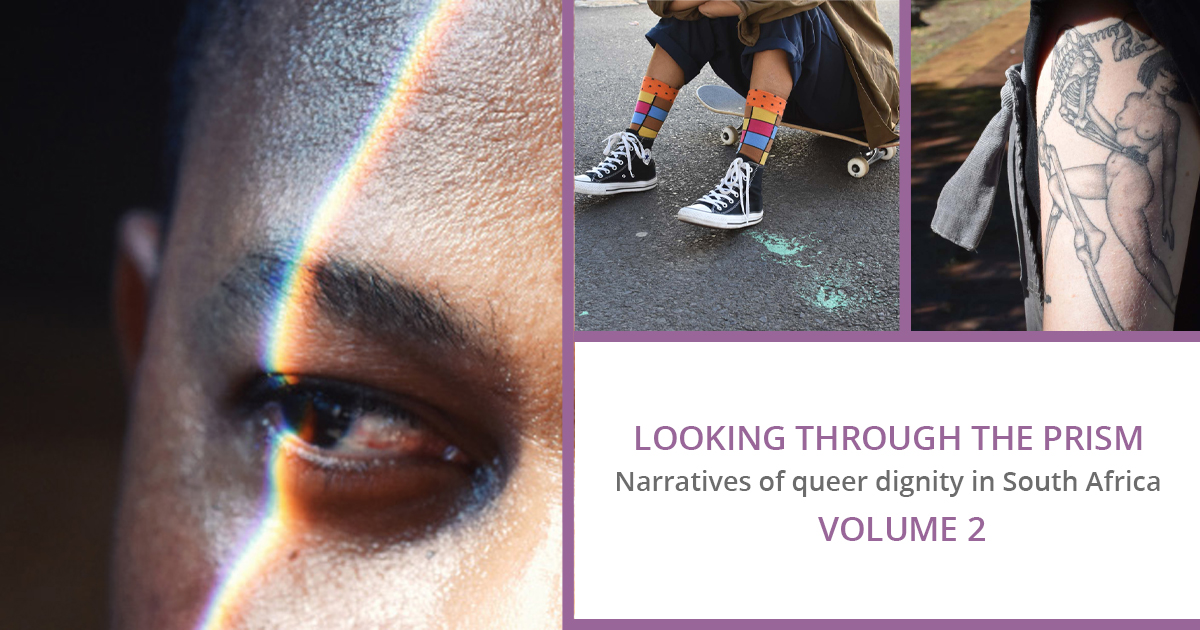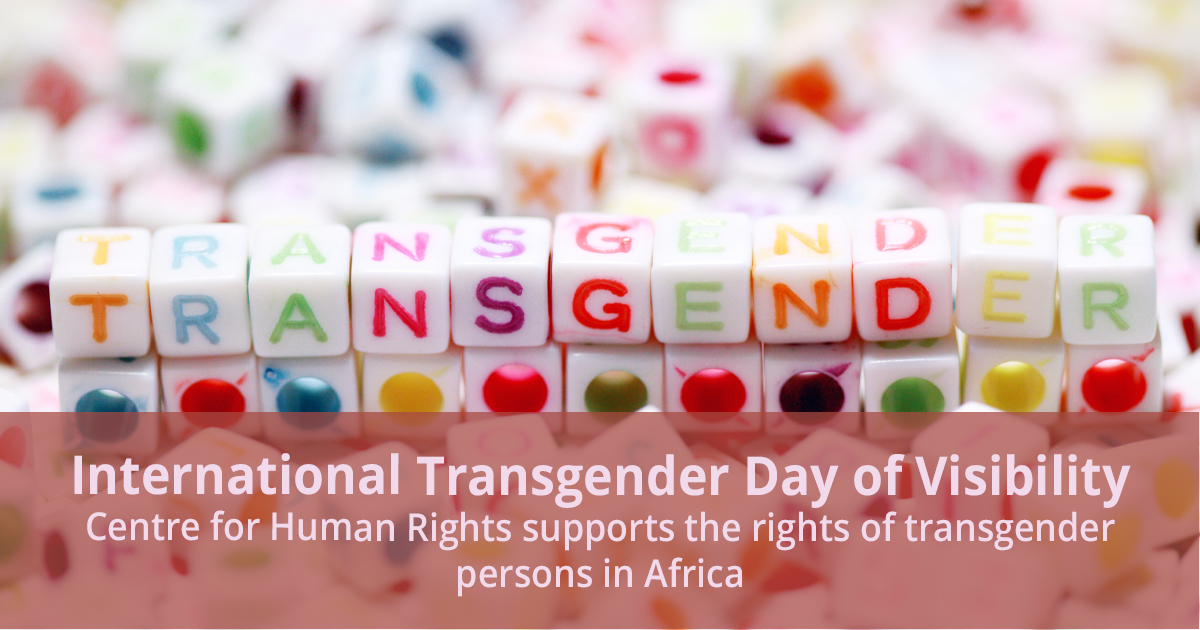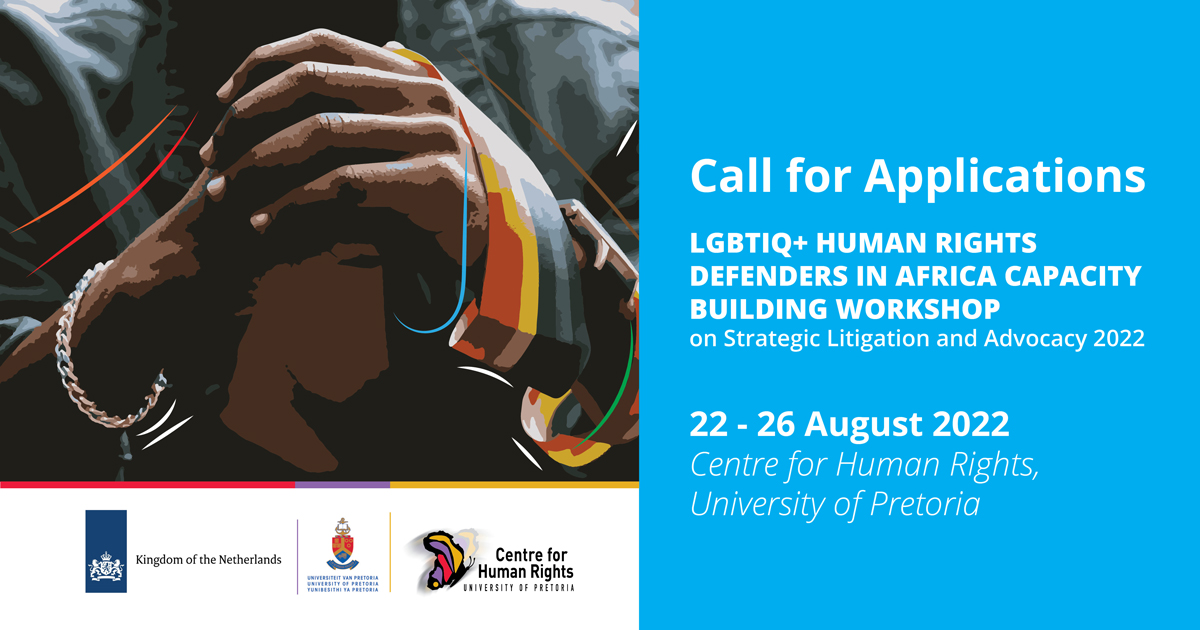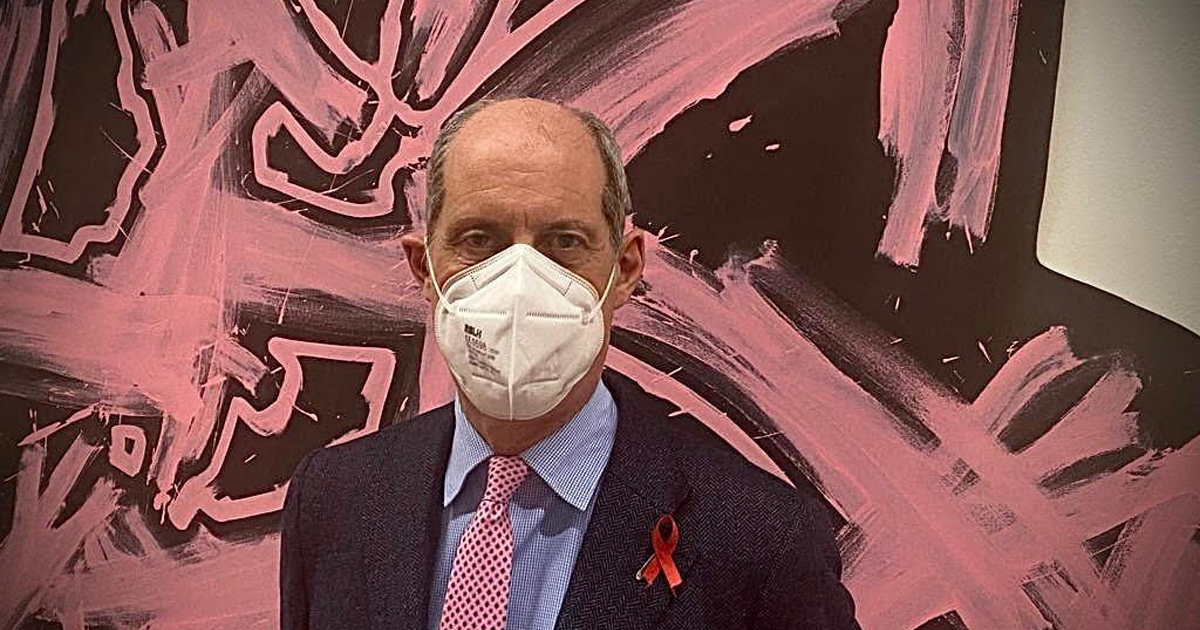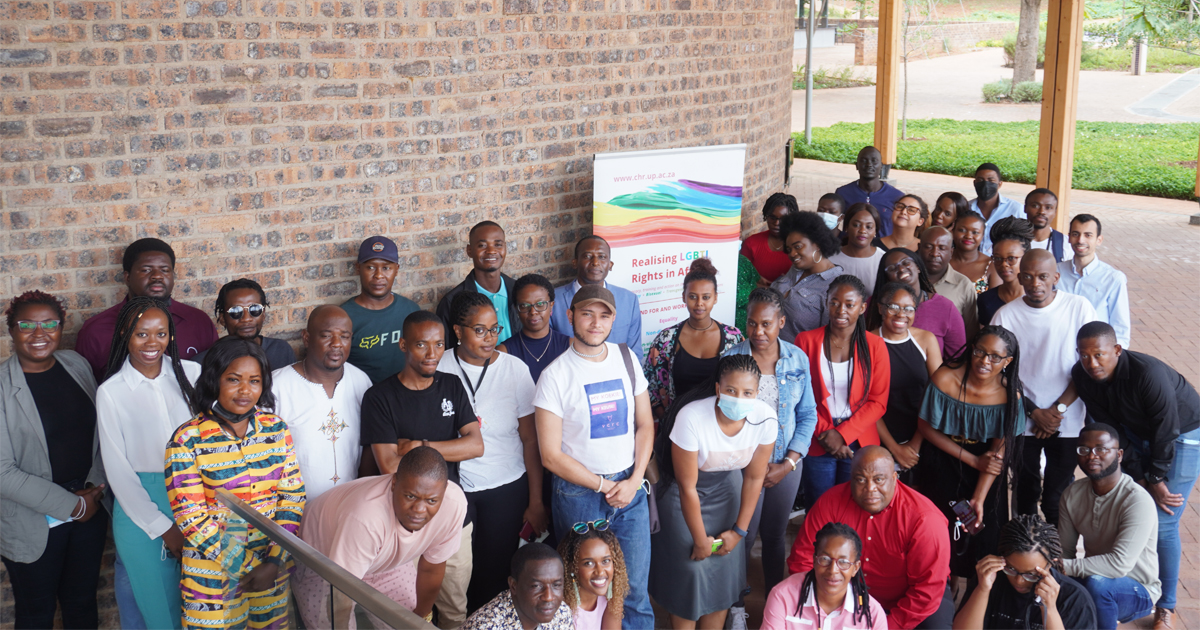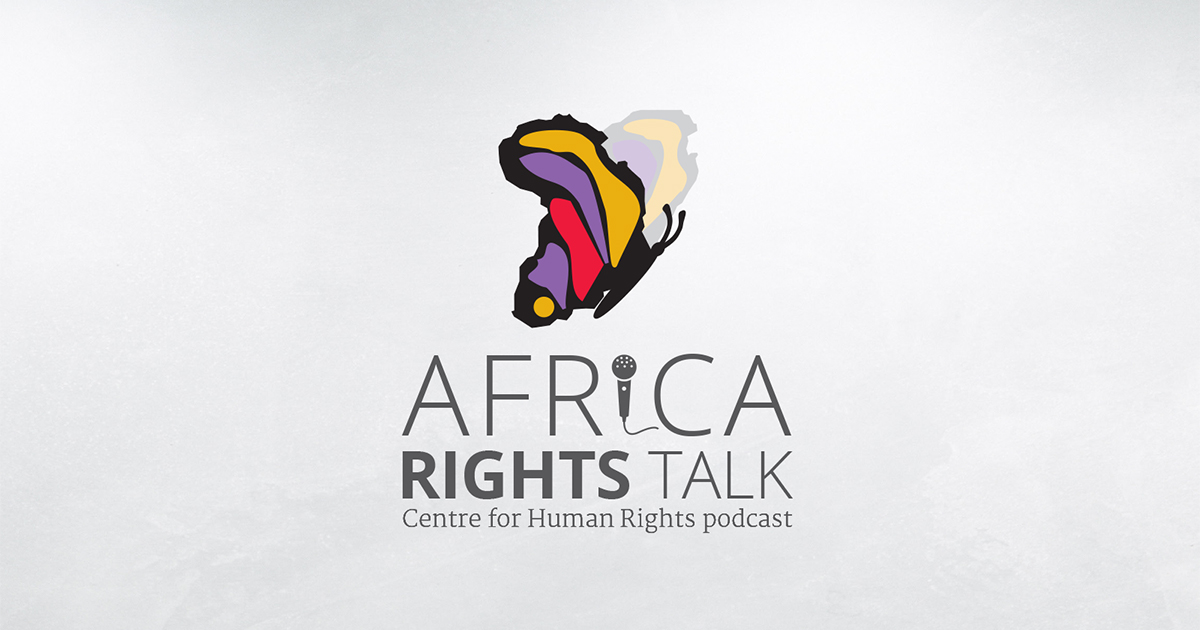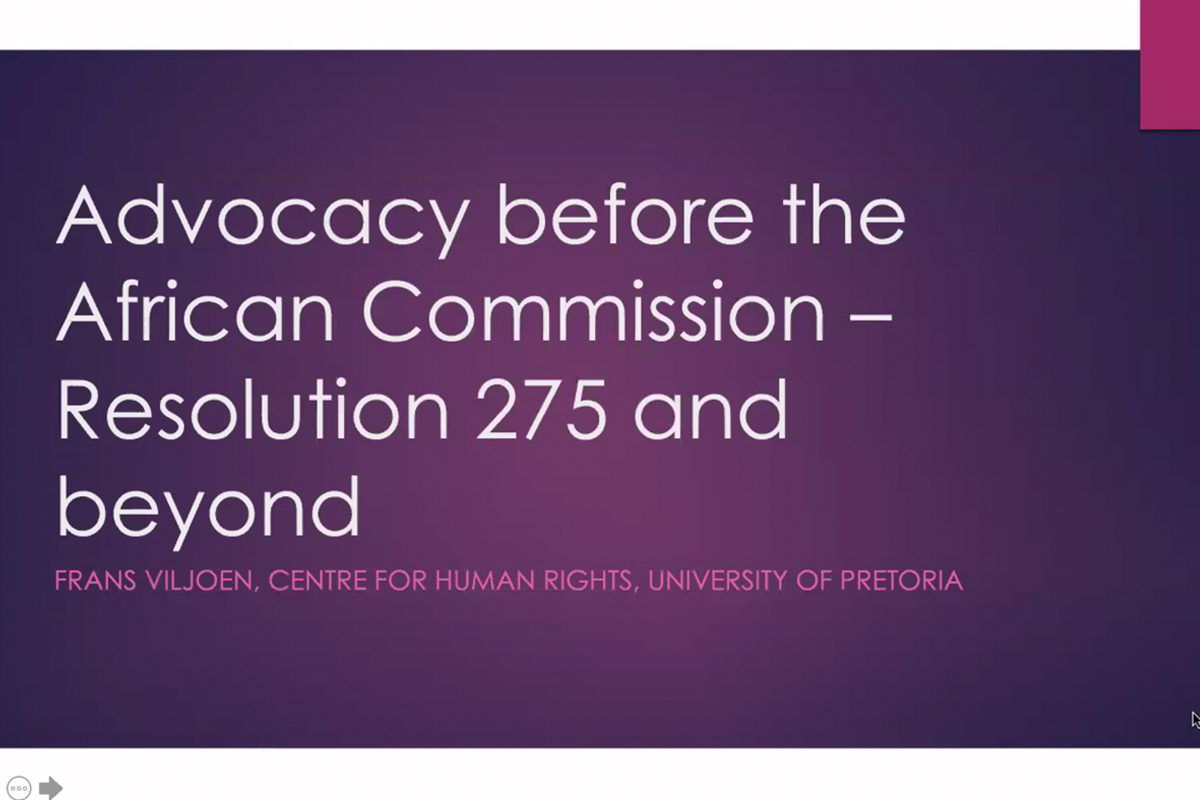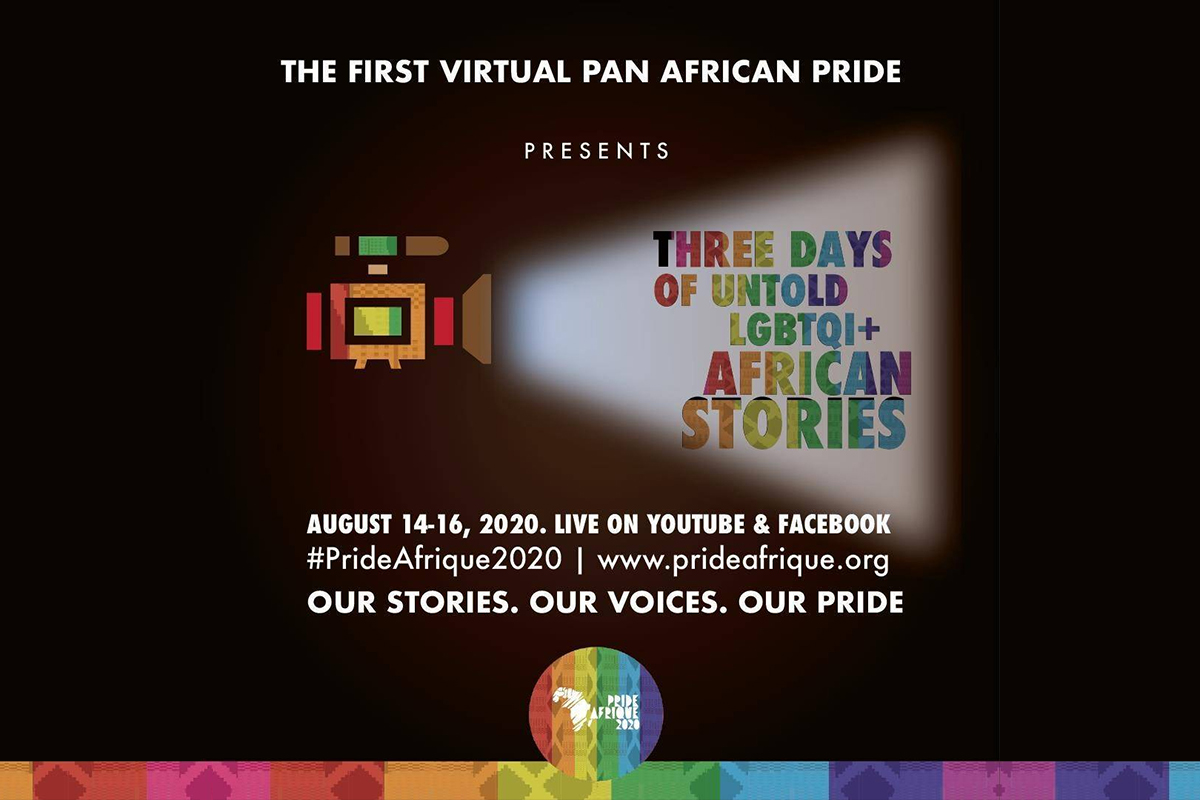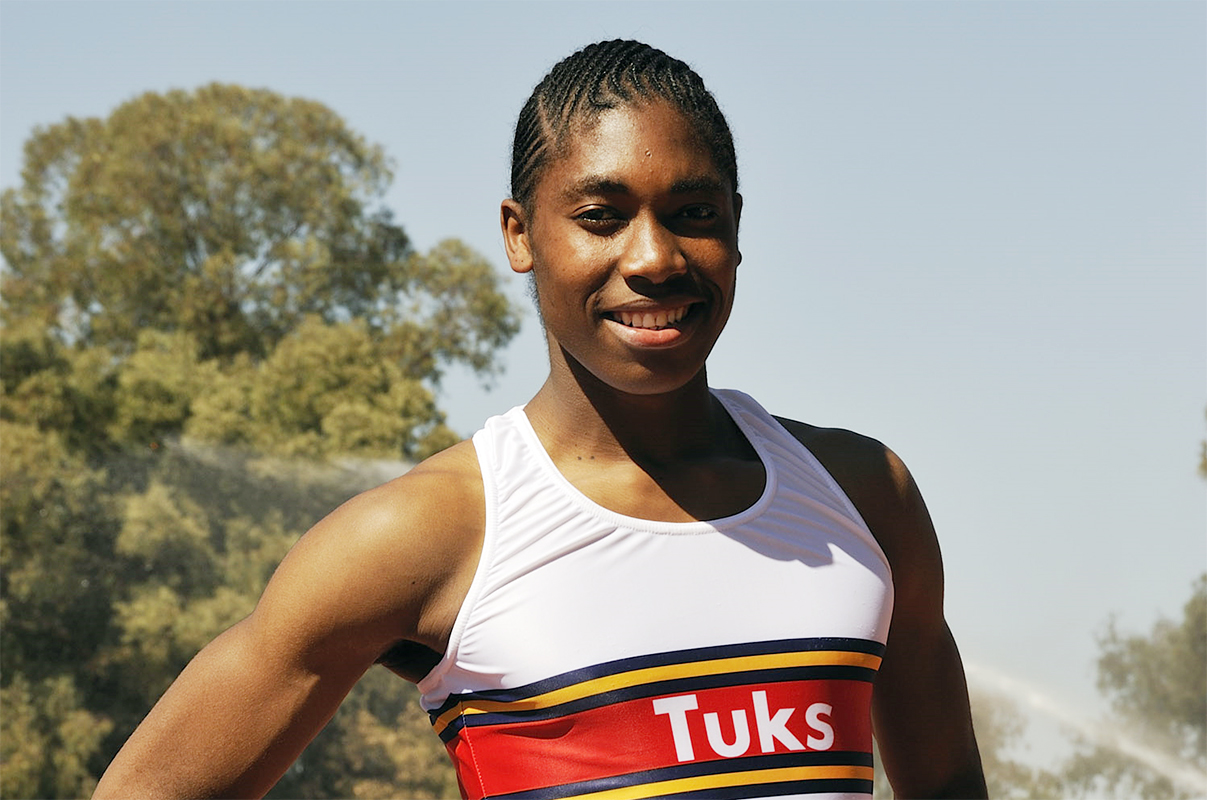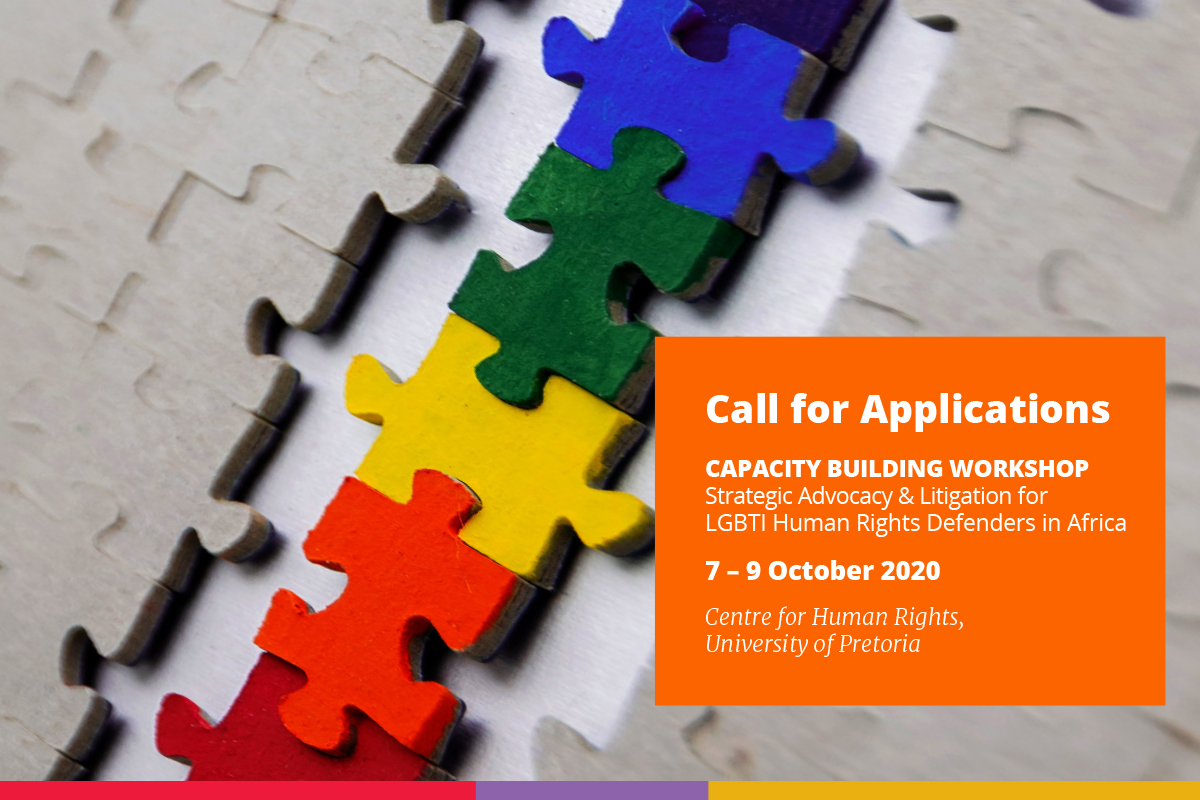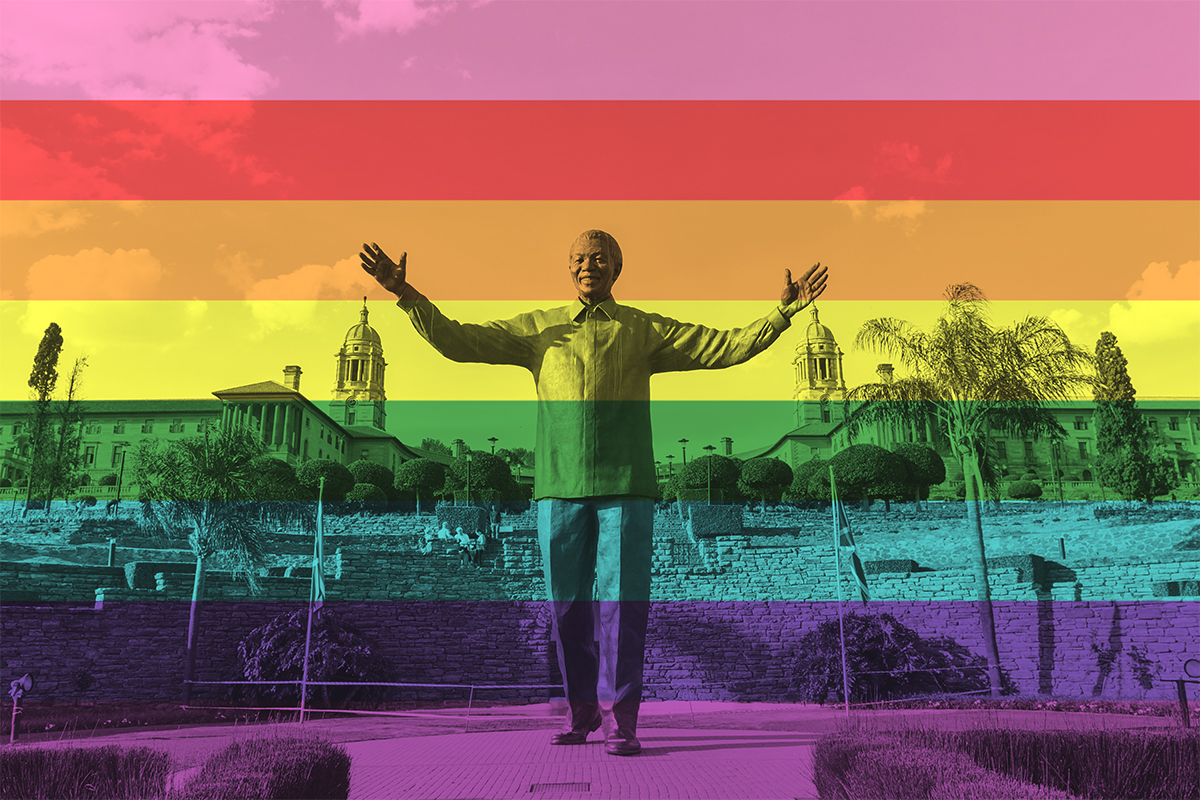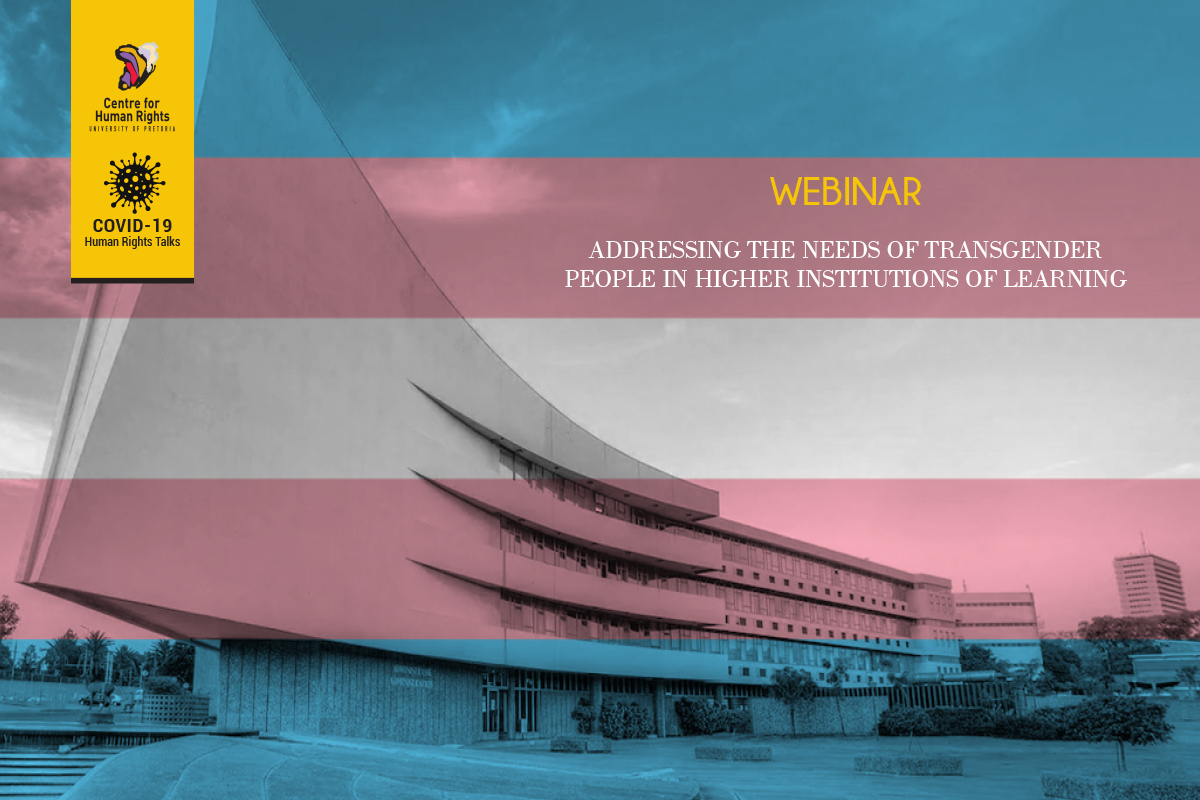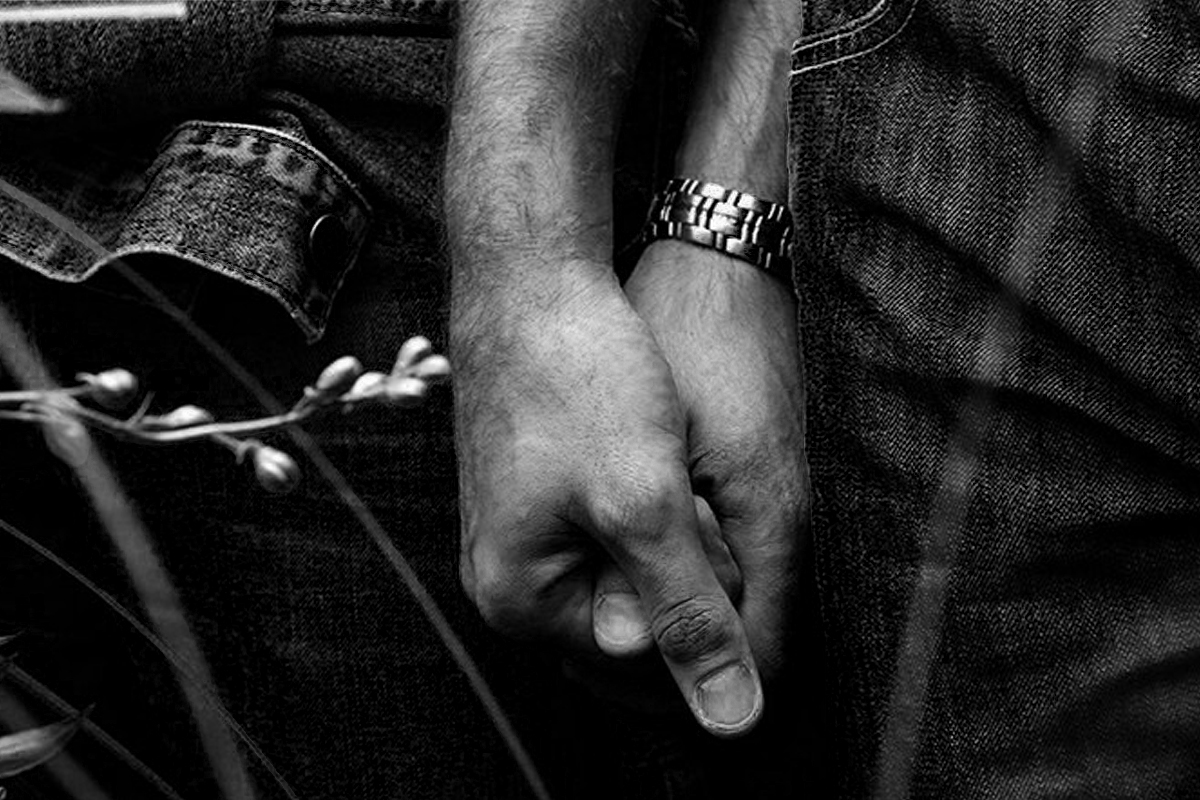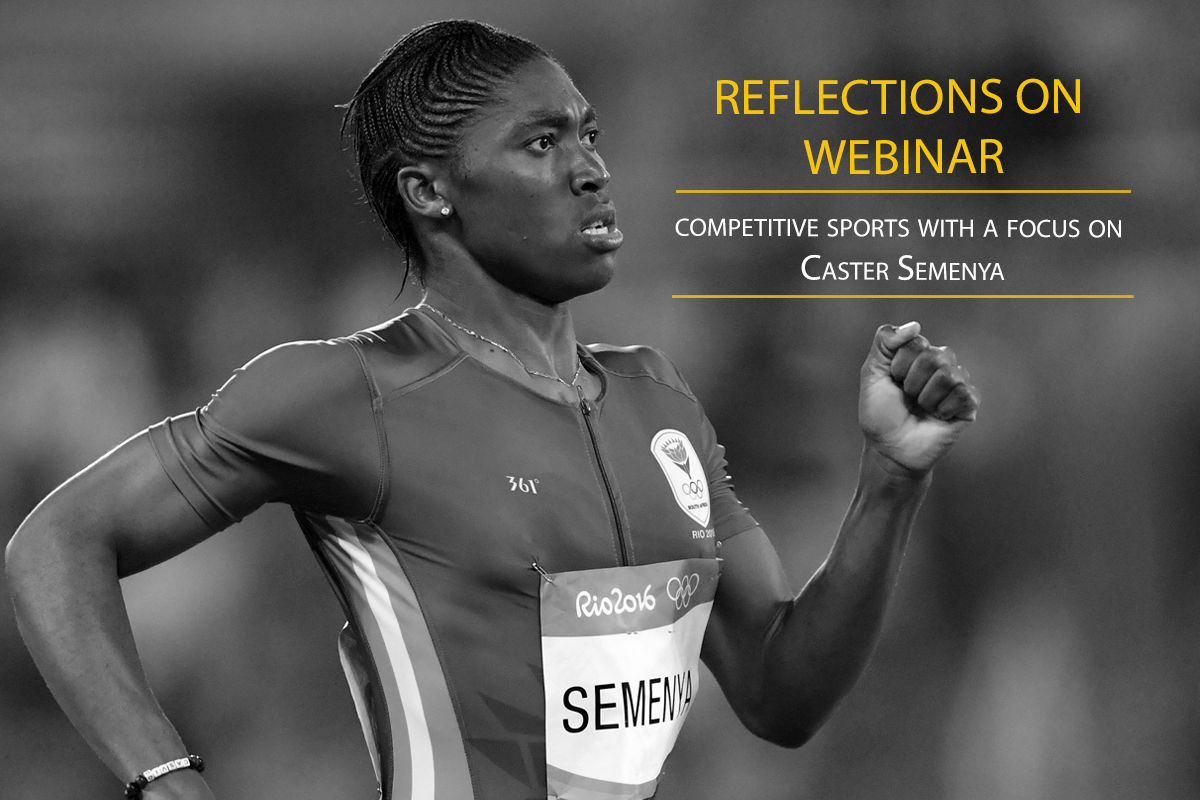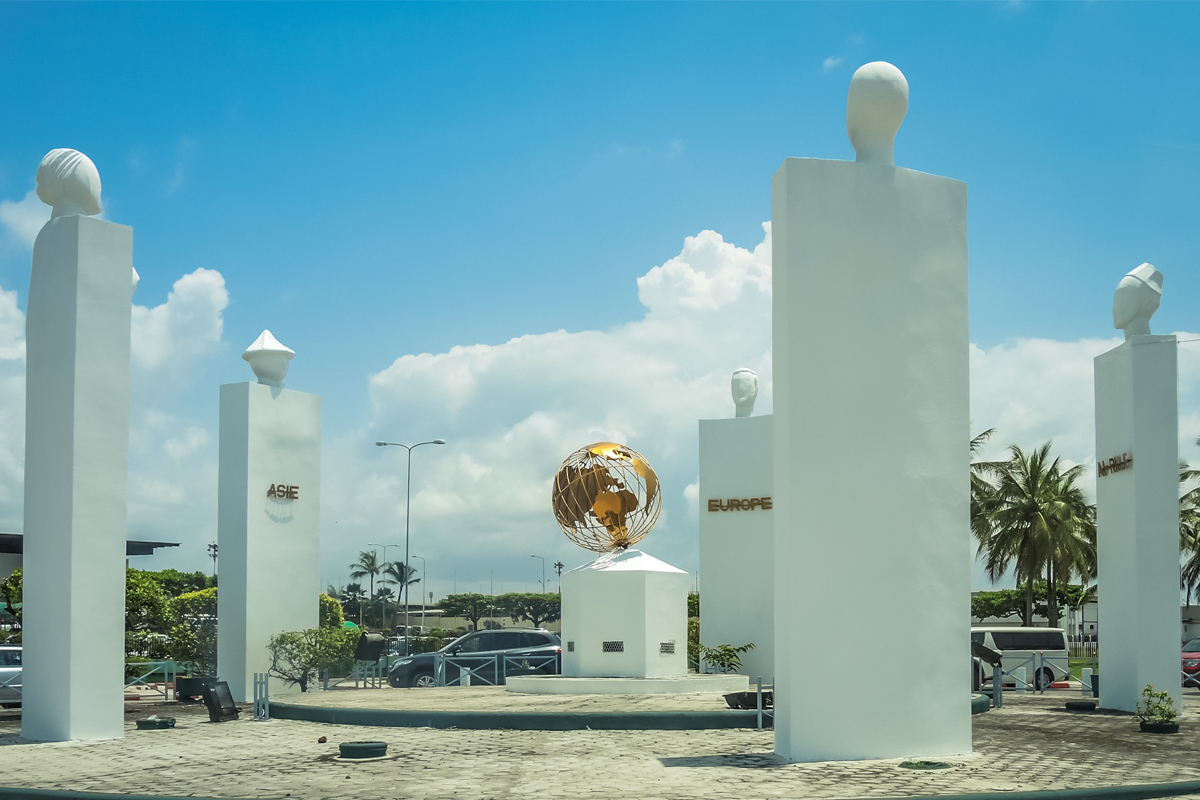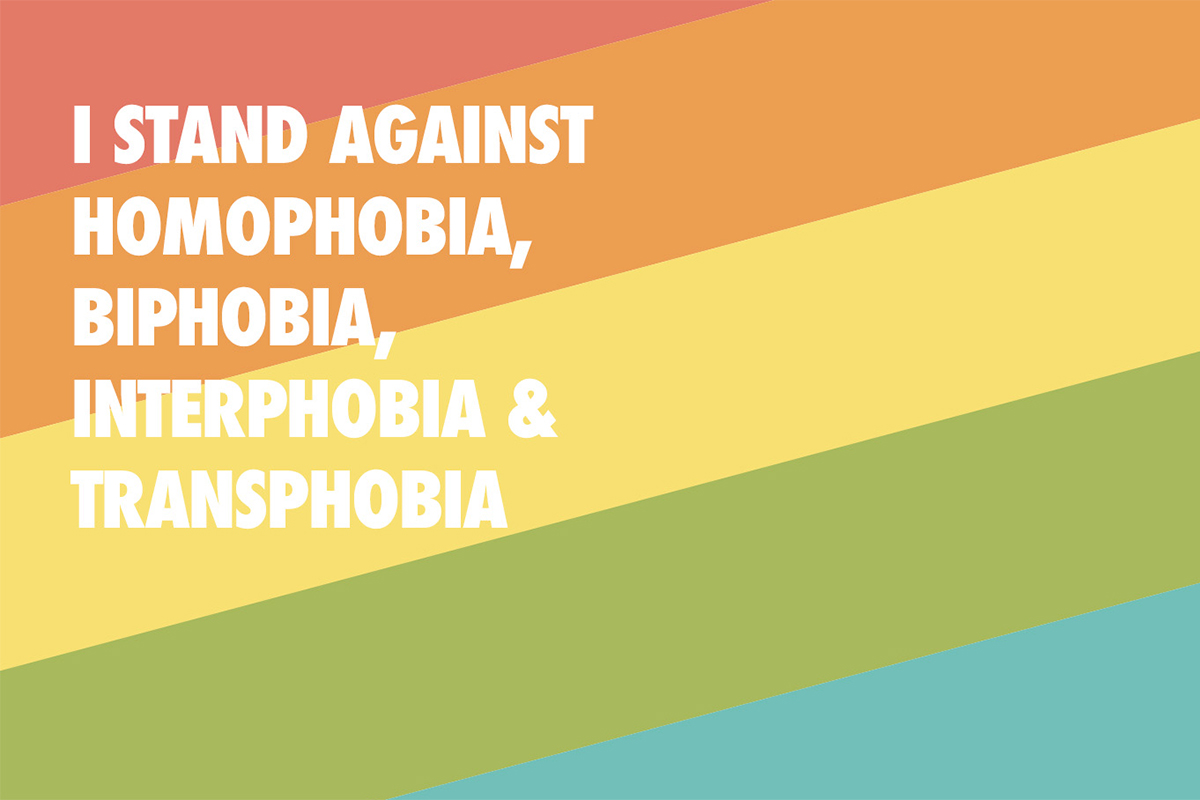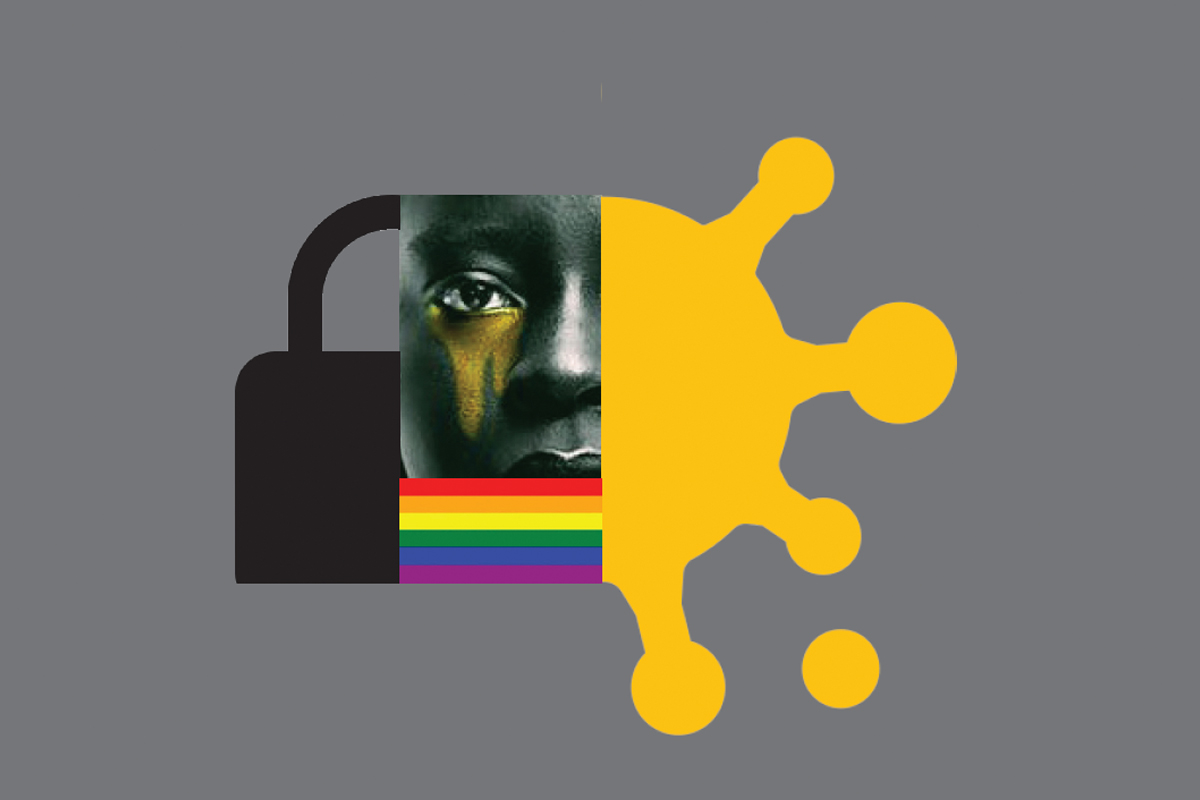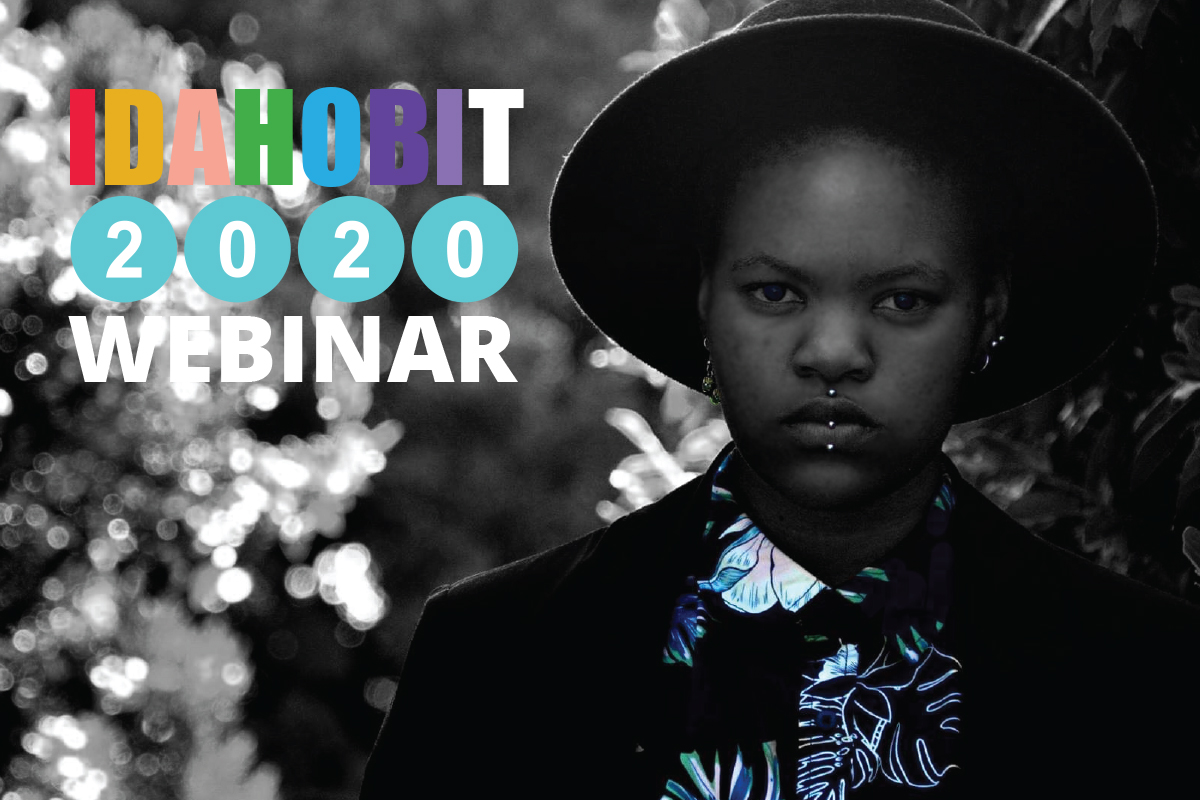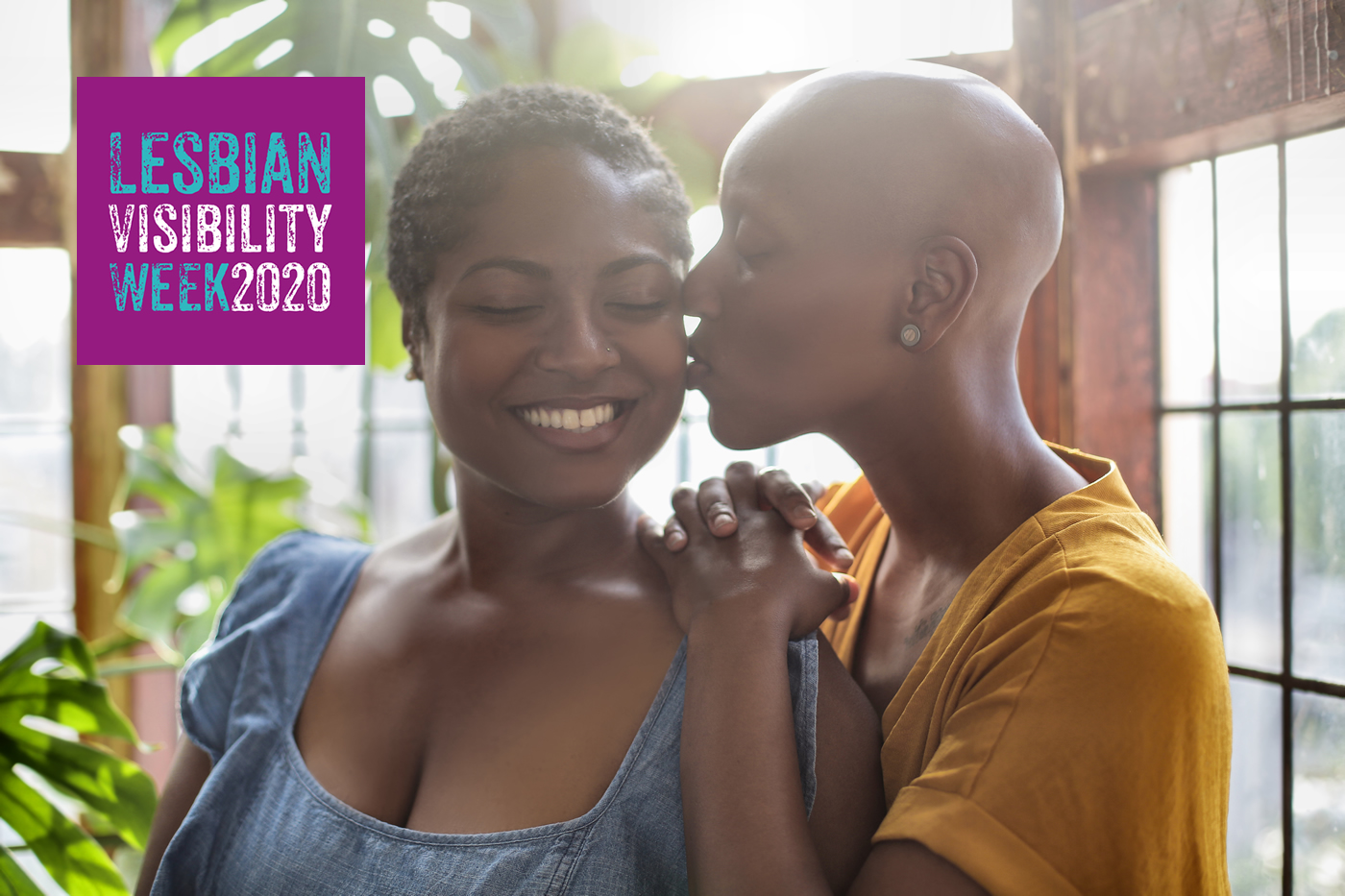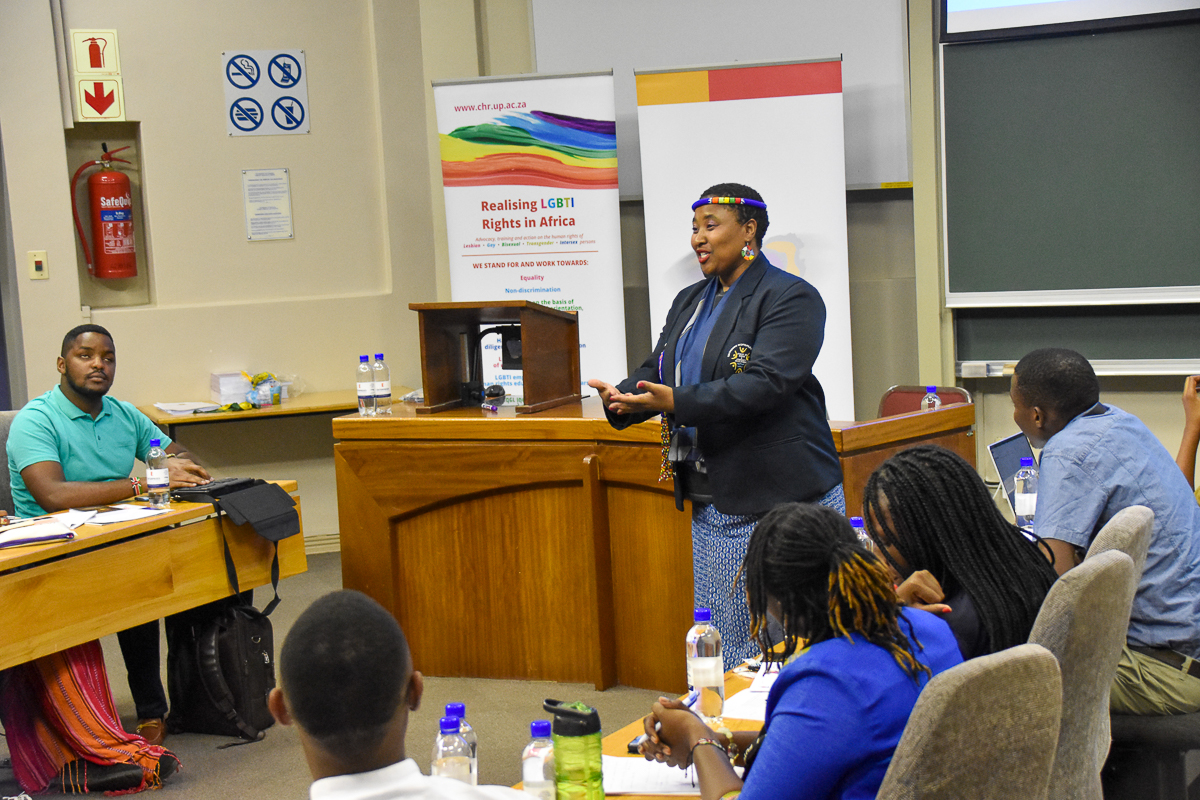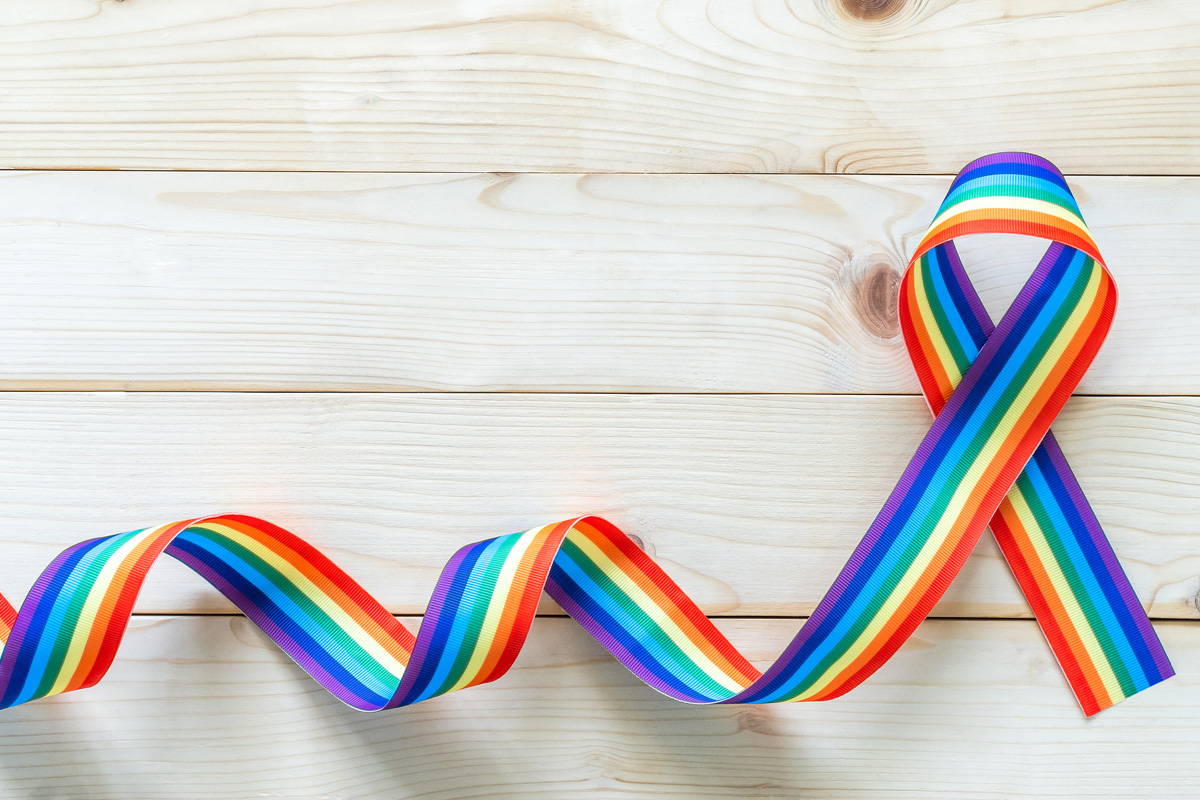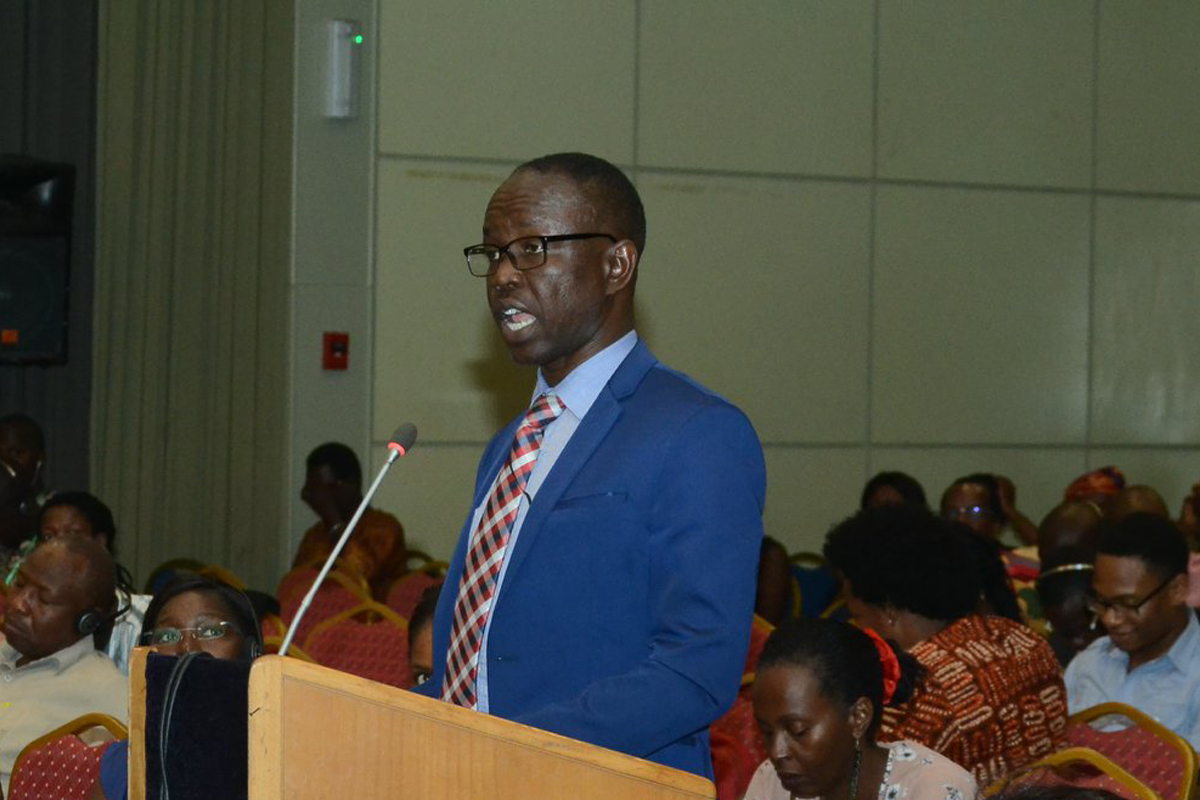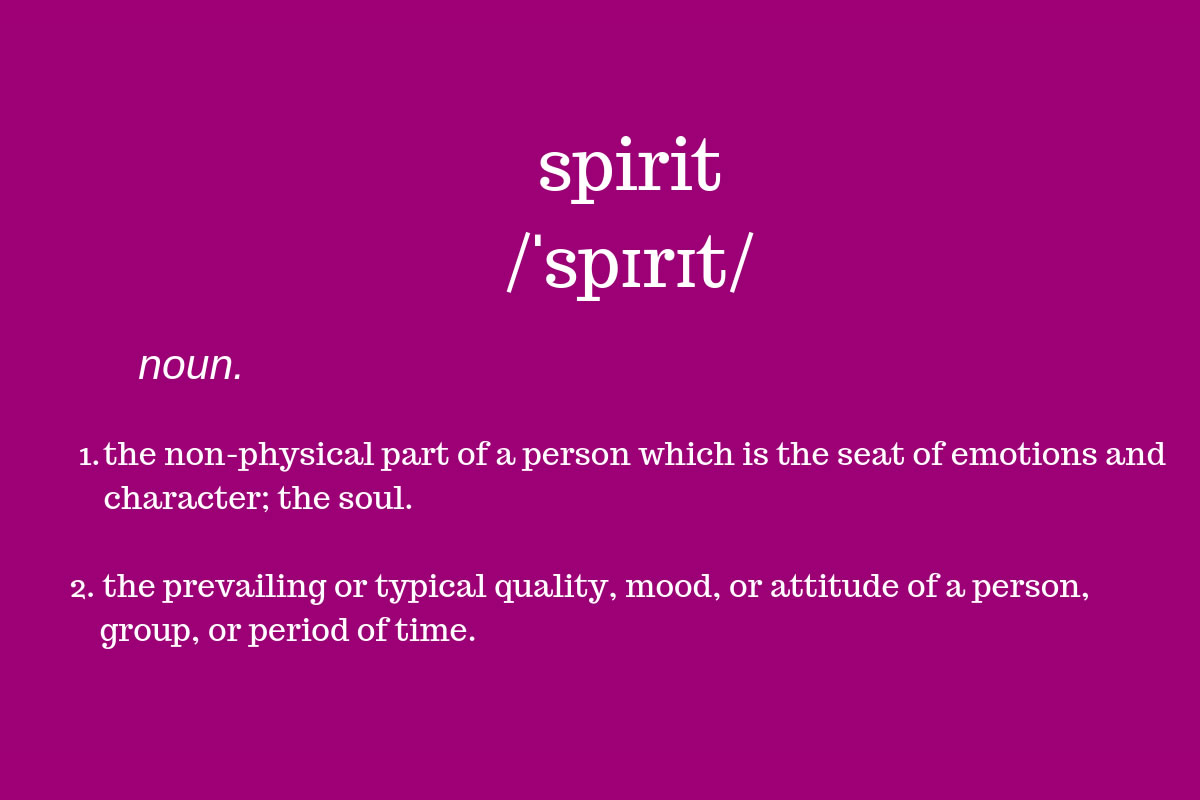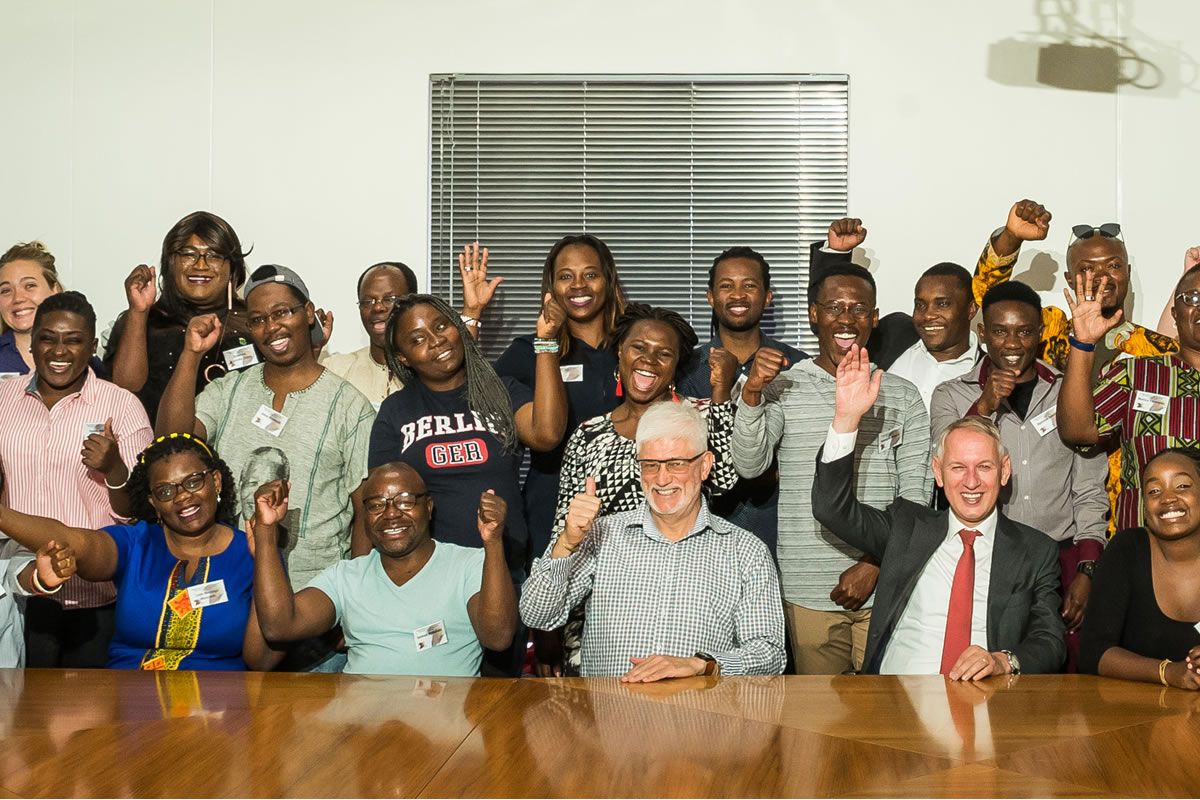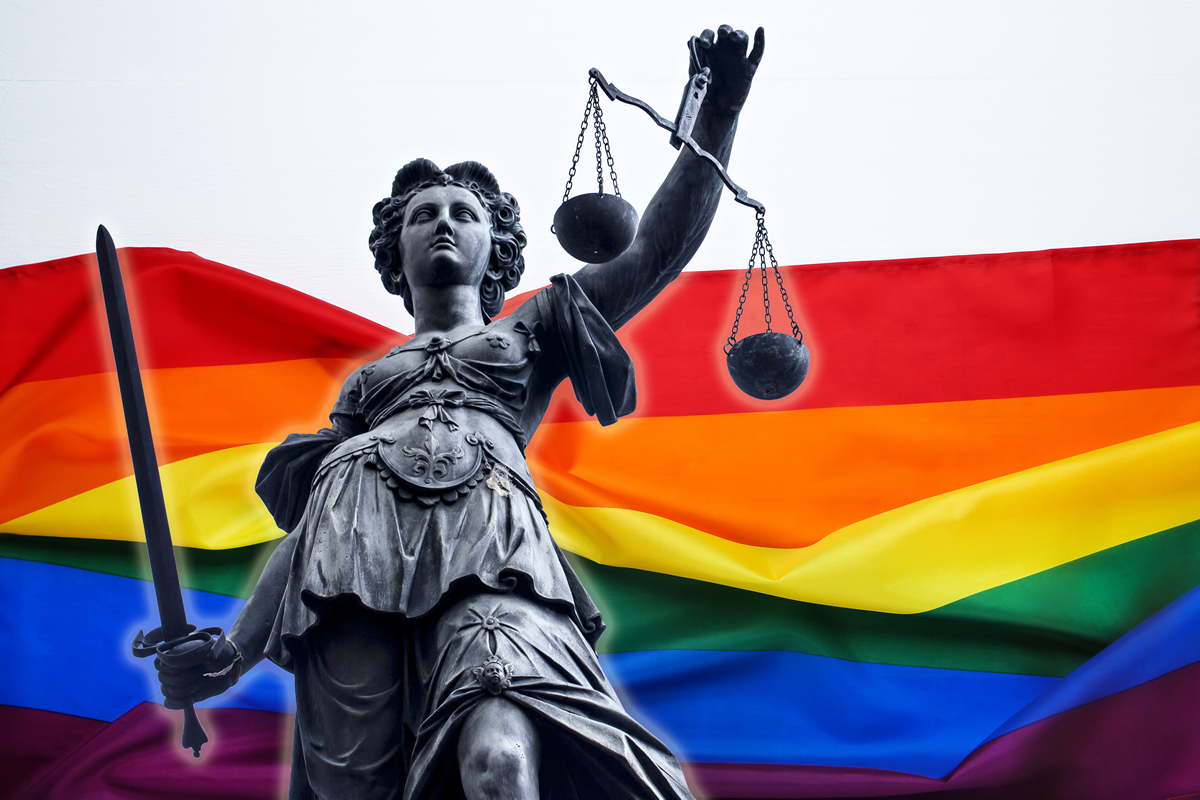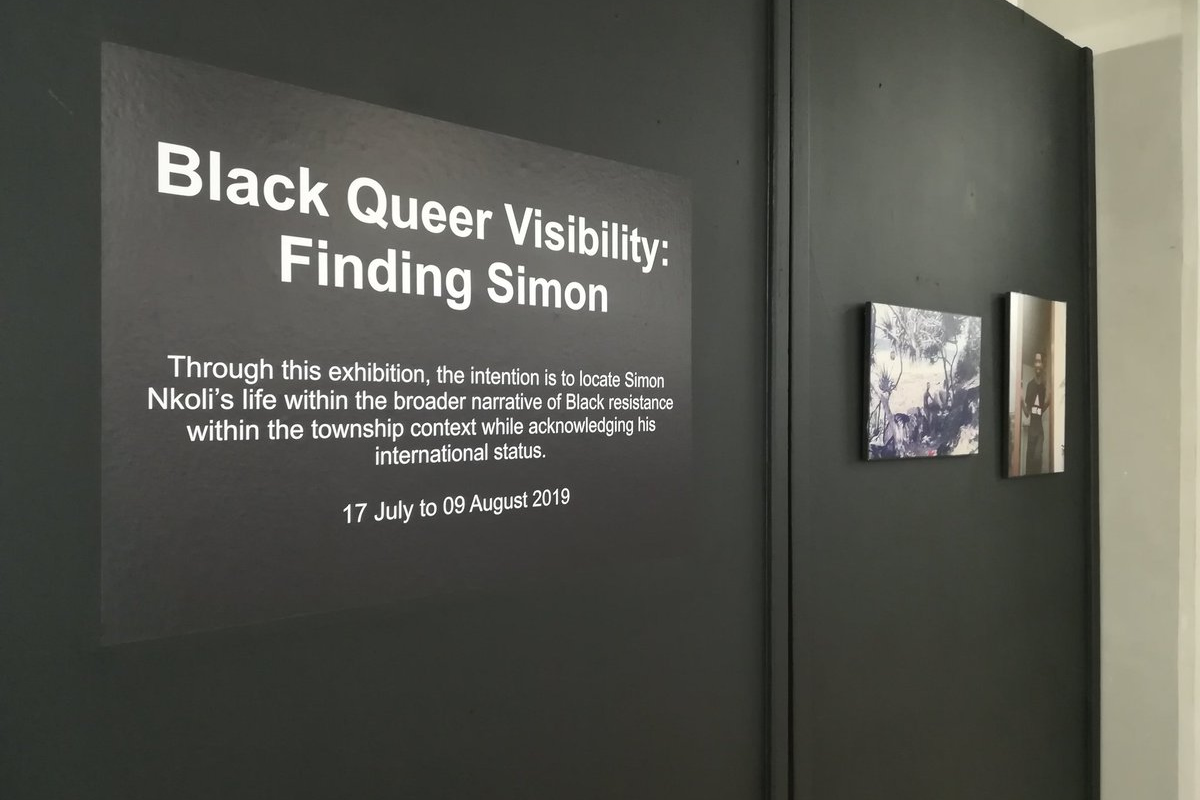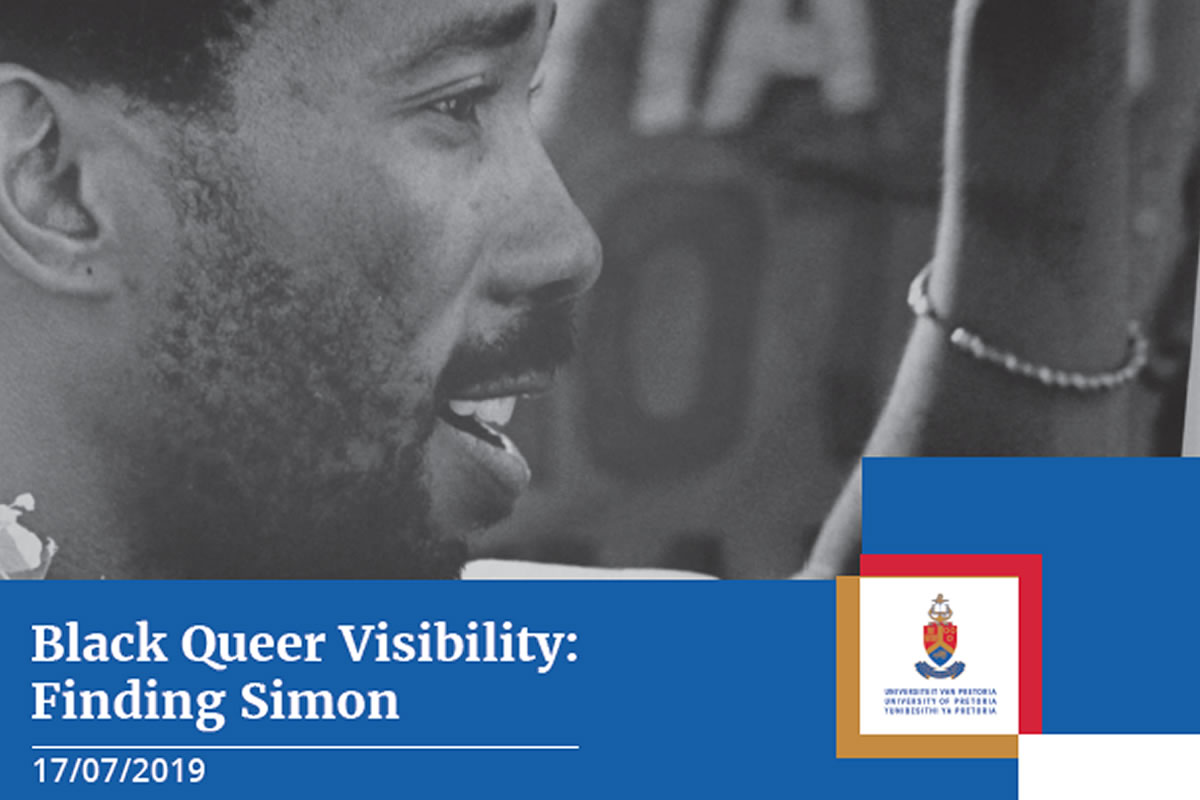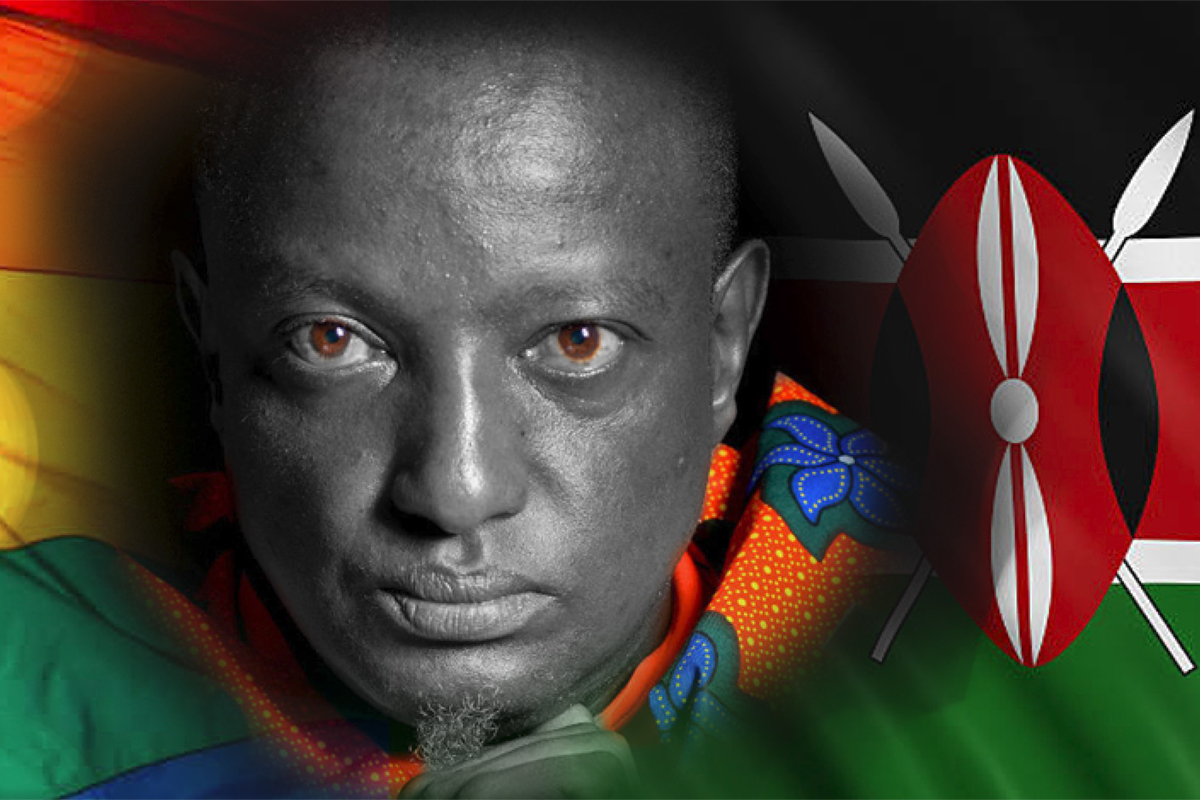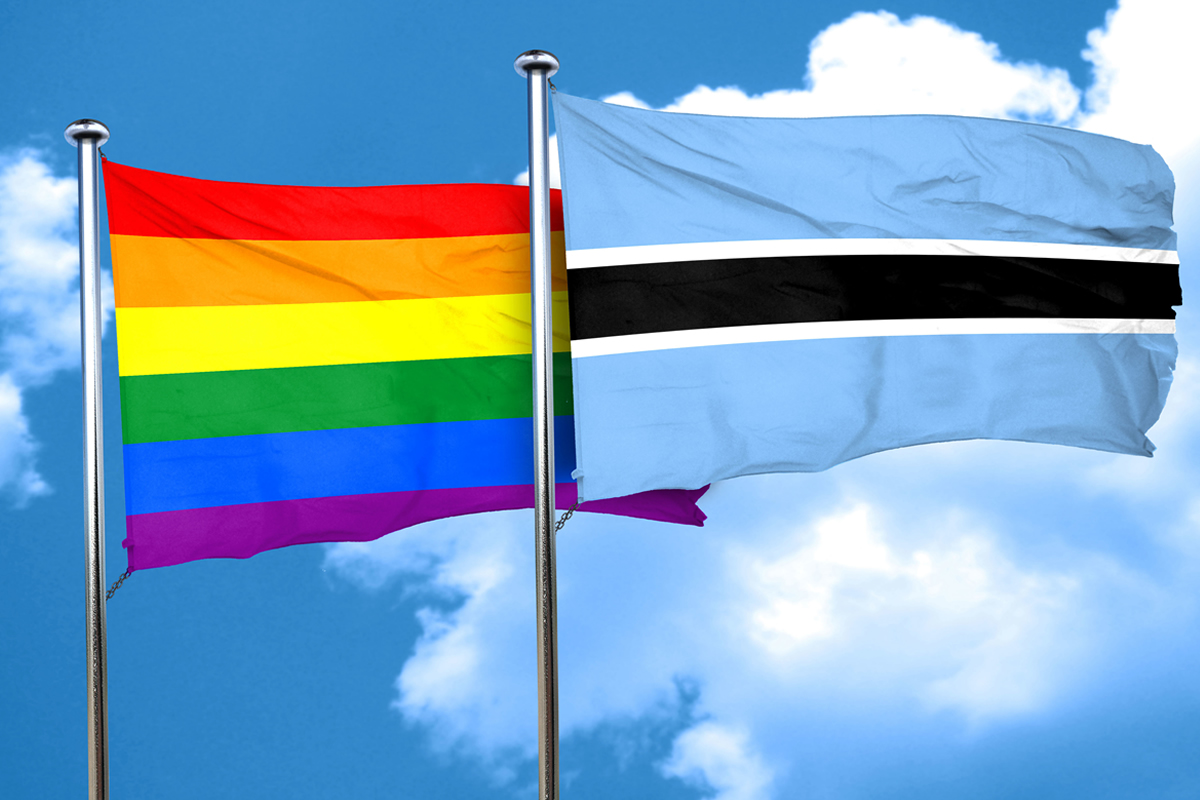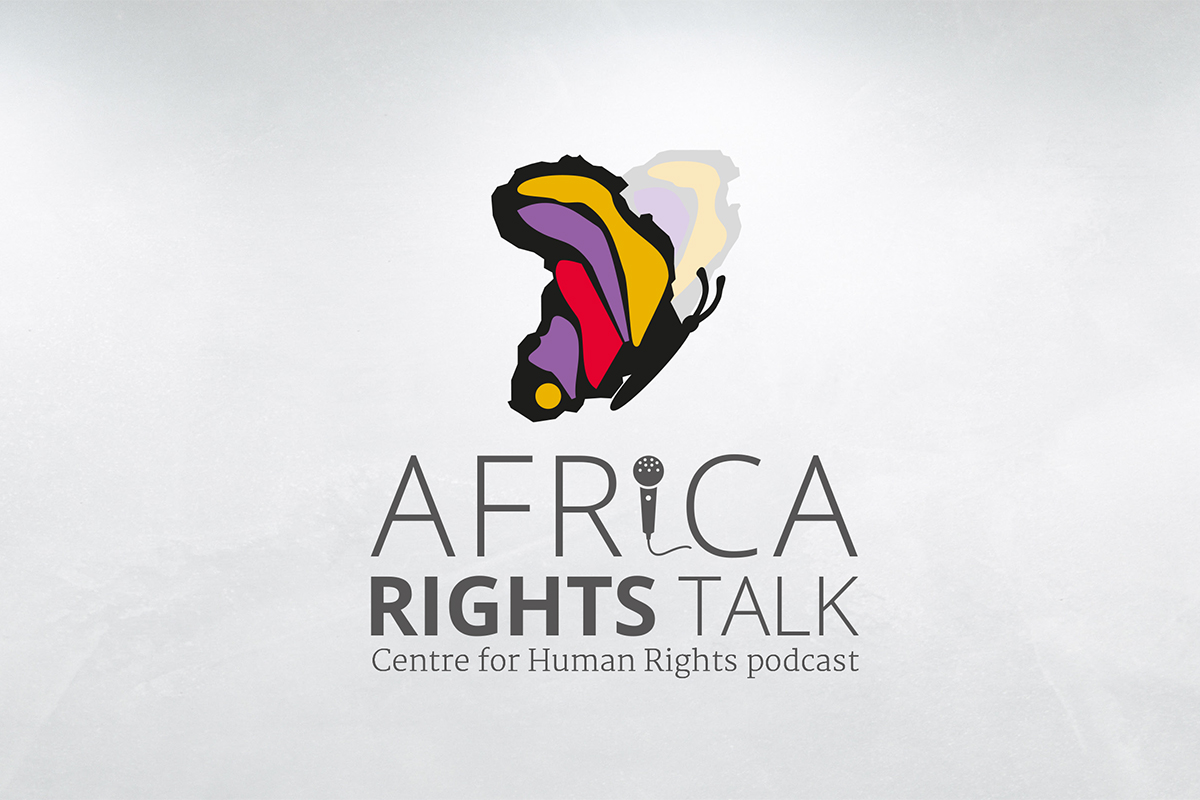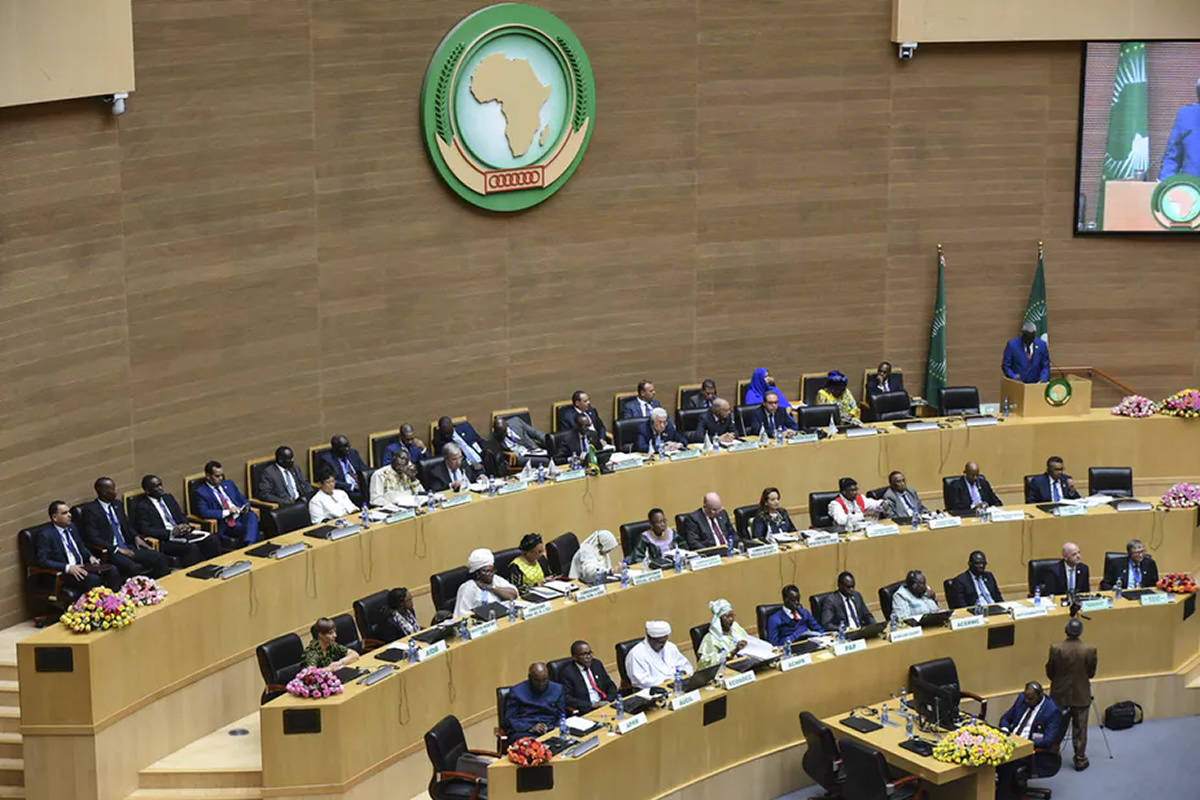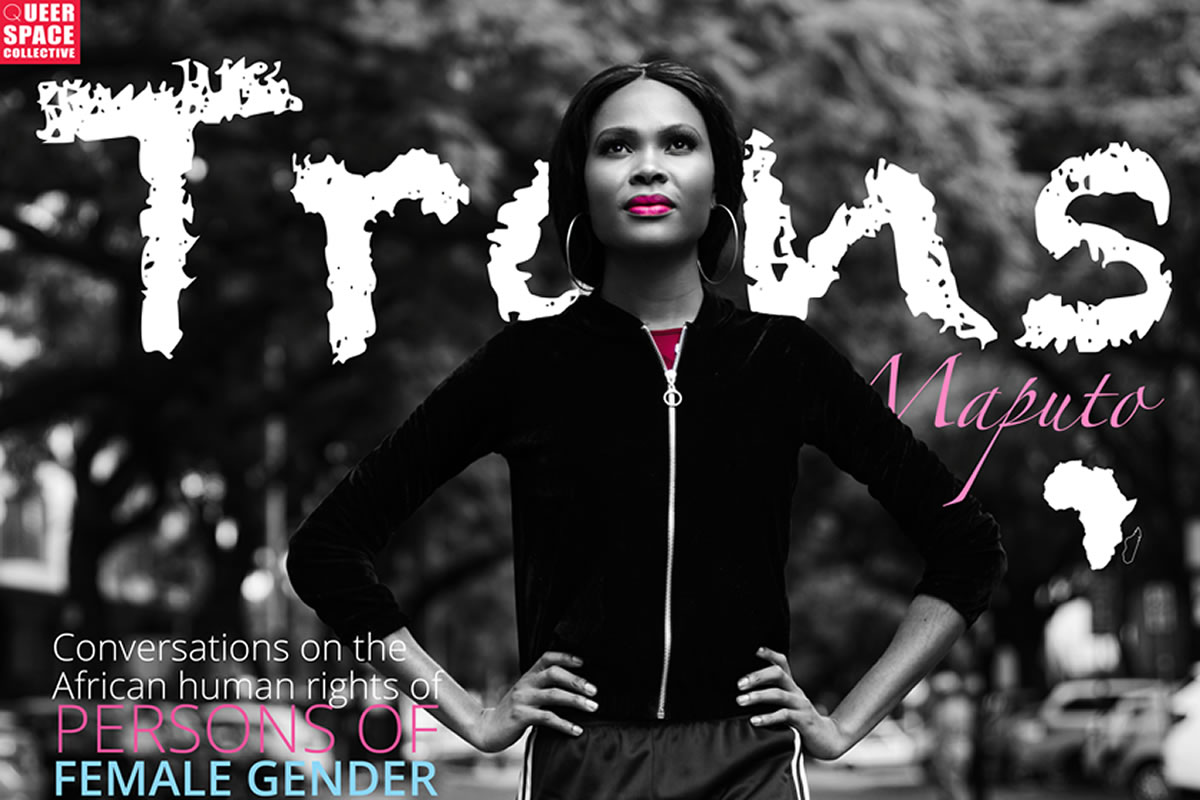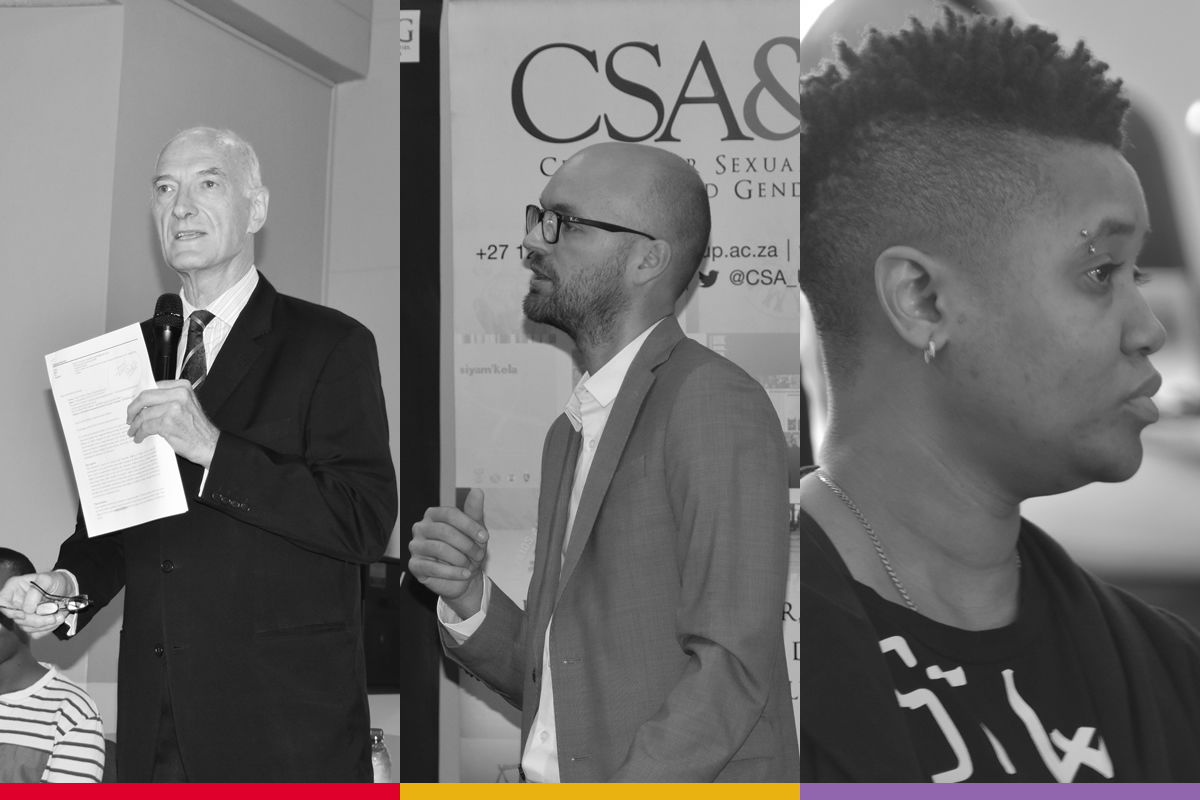- Details
The Centre for Human Rights (Centre), Faculty of Law, University of Pretoria, is convening a conference on sexual and gender minority rights in Africa under the theme Preventing and eradicating conversion practices in Africa. The conference aims to bring together scholars and activists to share perspectives and strategies towards preventing and eradicating conversion practices in Africa. The conference will be held in a hybrid format on 5 - 6 December 2024 in Pretoria, South Africa. It is anticipated that papers presented at the conference will be reworked by authors and submitted to be part of an edited book on strategies to prevent and eradicate conversation practices in Africa.
- Details
On Thursday, 22 August 2024, the Centre for Human Rights (Centre), Faculty of Law, University of Pretoria signed a Memorandum of Understanding (MoU) with the Brigitte Mabandla Justice College of the Department of Justice and Constitutional Development. The signing ceremony, held at the recently refurbished and renamed Brigitte Mabandla Justice College, marked the solidification of the partnership between the two institutions, and their shared commitment to strengthening collaboration in line with their visions and missions. The two institutions pledged to work together in co-hosting the annual Equality Court Clerk Conference as part of their strategic aim to enhance access to Equality Courts in South Africa for the LBGTQI+ community in the country.
- Details
Bringing together over 18 participants from across the Continent, the Centre for Human Rights, Faculty of Law, University of Pretoria (Centre) held the 9th edition of the capacity building workshop on strategic litigation and advocacy for LGBTIQ+ Advocates in Africa from 22 - 26 July 2024. The capacity building workshop aims to enhance the skills of experienced African activists in strategic litigation and advocacy towards the protection of sexual and gender minorities in Africa.
- Details
The CHR is looking for a qualified consultant to conduct research on the social protection accorded to lesbian, gay, bisexual, transgender, intersex and queer (LGBTIQ+) persons, including LGBTIQ+ refugees and asylum seekers, in various African countries.
Download Terms of Reference
Namibia Tanzania South Africa Malawi Botswana Zambia Zimbabwe
- Details
The Centre for Human Rights, University of Pretoria, Faculty of Law (The Centre), in collaboration with the Brigitte Mabandla Justice College (BMJC) of the Department of Justice and Constitutional Development, hosted a transformative seminar series focusing on the Equality Court and LGBTIQ+ in the Social Context from 8 to 12 July 2024. Held at the newly launched Brigitte Mabandla Justice College at 332 Johannes Ramokhoase Street, Tshwane, this series marked a significant step forward in advancing access to justice for sexual and gender minorities (SGM) in South Africa, through facilitating conversations on LGBTIQ+ persons and their lived realities.
- Details
On 24 June 2024, the Centre for Human Rights hosted the Pretoria launch of Prof Marc Epprecht’s book Accidental Queer: and other essays around critical masculinity studies in Southern Africa and Canada (Accidental Queer). The launch was held at the Faculty of Law, University of Pretoria, Hatfield campus.
- Details
The Centre for Human Rights, University of Pretoria invites you to the Pretoria launch of Prof Marc Epprecht’s recent book Accidental Queer: and other essays around critical masculinity studies in Southern Africa and Canada.
- Details
On the eve of the International Day Against Homophobia Biphobia and Intersexism (IDAHOBIT) on 16 and 17 May, the Centre for Human Rights, Faculty of Law, University of Pretoria took part in a pivotal workshop aimed at fortifying the digital advocacy landscape in human rights activism within the Southern African Democratic Community (SADC) region.
- Details
The United Nations Independent Expert on Protection against violence and discrimination based on sexual orientation and gender identity (UNIE-SOGI), Dr Graeme Reid, in collaboration with the Centre for Human Rights (Centre), Faculty of Law, University of Pretoria, held a workshop on 2 May 2024 focused on the South African perspective of sexual orientation, gender identity and human rights at the Department of International Relations and Corporation (DIRCO). The Director-General of DIRCO, Zane Dangor, opened the hybrid workshop, which was held as part of the DIRCO Academy’s ongoing initiatives aimed at contributing to the development of the knowledge and skills of DIRCO officials in a wide range of relevant human rights and international relations issues. The workshop was aimed at strengthening the knowledge of participants on pertinent geopolitical developments that affect South Africa’s foreign policy initiatives with respective sexual and gender minority rights and to empower participants with knowledge about sexual orientation, gender identity (SOGI) and human rights from a South African perspective.
- Details
On 17 May, 1990 the World Health Organization (WHO) removed homosexuality from its list of diseases. The decision was celebrated by the sexual as well as gender minority rights movement as it marked a milestone in the history of the quest for equality and non discrimination based on sexual orientation and gender identity. Henceforth, 17 May has been celebrated as the International Day Against Homophobia, Biphobia and Transphobia (IDAHOBIT).
- Details
The Centre for Human Rights, Faculty of Law, University of Pretoria, with the support of the Swedish International Development Cooperation Agency (SIDA), cordially invites you to apply for its Capacity Building Workshop on Strategic Litigation and Advocacy for human rights defenders working on the promotion and protection of the rights of lesbian, gay, bisexual, transgender, intersex, and other non-binary and gender-nonconforming persons in Africa.
- Details
On Tuesday 30 April 2024, the Centre for Human Rights (Centre) Faculty of Law, University of Pretoria, in collaboration with the Durban Lesbian and Gay Community and Health Centre, successfully conducted a full-day training session aimed at empowering LGBTQI+ persons on the usage of the South Africa Equality Courts.
- Details
The Centre for Human Rights supports the call for inputs by the United Nations Independent Expert (IE) on sexual orientation and gender identity (SOGI), for a thematic report on electoral participation and sexual orientation and gender identity. The purpose of the call is to seek inputs for incorporation into a report on the obstacles to full and meaningful participation in electoral processes that individuals face, linked to their real or perceived sexual orientation and gender identity. The report will be presented at the 79th session of the United Nations General Assembly in November 2024, by the current IE SOGI, Graeme Reid.
- Details
The Centre for Human Rights, Faculty of Law, University of Pretoria welcomes the adoption of a resolution on ‘Combating discrimination, violence and harmful practices against intersex persons’ by the United Nations Human Rights Council during its 55th Session on 4 April 2024. Resolution #HRC55 is timely and important in so far as it recognises the discrimination, violence and harm that intersex persons are commonly subjected to because of harmful stereotypes, stigma, taboos, as well inaccurate information and misconceptions about persons with innate variations in sex characteristics.
- Details
On 27 March 2024, the Centre for Human Rights, Faculty of Law, University of Pretoria (the Centre) hosted a training with the Pretoria Aurum Institute Pop INN clinic, on the Equality Courts of South Africa to increase confidence, knowledge and capacity in seeking recourse for discrimination. Naledi Mpanza, Tholoana Mosia, Victoria Amaechi, from the Centre, coordinated the training, ensuring its success.
- Details
The Mauritius Supreme Court has declared unconstitutional a law that criminalises consensual same-sex acts between adult men. The decision boosts the trend in the Southern African Development Community (SADC) region towards decriminalisation. Now, a slight majority – nine out of 16 member states – do not prohibit gay and lesbian sexual relations.
- Details
The Centre for Human Rights, Faculty of Law, University of Pretoria joins the voices of many human rights defenders and organisations in condemning the passing of the Human Sexual Rights and Family Values Bill by the Parliament of Ghana on 28 February 2024.
- Details
The Centre for Human Rights, Faculty of Law, University of Pretoria (UP) recently hosted the 2024 edition of the annual short course on Sexual Minority Rights in Africa. The course was presented through both virtual and physical sessions from 19 to 23 February 2024 and was attended by over 90 participants with 13 presenters from both across and outside Africa. Participants included LLM/MPhil students in both the Human Rights and Democratisation in Africa (HRDA) and the Sexual and Reproductive Rights in Africa (SRRA) Masters programmes in the Faculty of Law, UP. Other participants included researchers, academics, judicial officers, government workers, officials of selected National Human Rights Institutions, and members of civil society.
- Details
On 26 February 2024, the United Nations Independent Expert on Protection Against Violence and Discrimination Based on Sexual Orientation and Gender Identity (“IE SOGI”), in collaboration with the Centre for Human Rights (Centre), Faculty of Law, University of Pretoria, brought together global experts, academics, and activists in an online consultation for the upcoming report that will focus on the vital issues of freedom of expression, freedom of peaceful assembly, and freedom of association concerning the protection against violence and discrimination based on sexual orientation and gender identity (SOGI). The report will be the first from the newly appointed Independent Expert on SOGI Graeme Reid from South Africa, according to the office’s mandate to advance protection against violence and discrimination based on sexual orientation and gender identity.
- Details
On Thursday 22 February 2024, the Centre for Human Rights, Faculty of Law, University of Pretoria, in collaboration with the Embassy of the Kingdom of Belgium, the Embassy of France in South Africa, Lesotho, and Malawi (Embassy of France), and the Delegation of Flanders, successfully hosted a compelling film and panel discussion celebrating two decades of the legal recognition of Same-Sex Marriages in Belgium, France and South Africa.
- Details
On 23rd November 2023, the Centre hosted a conference on sexual and gender minority rights in Africa, under the theme of decriminalising anti-sodomy laws in a hostile environment. This Conference falls within the broader work of the Centre to advance sexual and reproductive rights in Africa, including those of sexual and gender minorities. The Conference was held in a hybrid format and brought together academics, researchers, legal practitioners, activists, religious leaders and students from across the continent.
- Details
On 24 November 2023, the Centre held a training workshop for officials from National Human Rights Institutions (NHRIs) focusing on the implementation of the Resolutions 275 on Protection against Violence and other Human Rights Violations against Persons on the basis of their real or imputed Sexual Orientation or Gender Identity (2014) and Resolution 552 on Promotion and Protection of the Rights of Intersex Persons in Africa (2023). The training falls within the broader work of the Centre to advance sexual and reproductive rights in Africa, including those of sexual and gender minorities. The objectives of the training were to increase the understanding of the contents and significance of Resolutions 275 and 552, to strengthen the capacity of NHRIs in the implementation of the 2 Resolutions, and to enhance the ability of NHRIs to protect and promote the rights of sexual and gender minorities in Africa.
- Details
Breaking the Binary: Intersex Remembrance Day highlights human diversity
8 November 2023 - The Centre for Human Rights (Centre), University of Pretoria joins the global community in commemorating Intersex Remembrance Day 2023. Intersex Remembrance Day, also referred to as Intersex Solidarity Day is meant to raise awareness on the issues faced by intersex persons globally. It serves as a time to reflect on the past and inspire a more inclusive future. The day was first observed in 2005, with the date having particular meaning, as it is the birthday of French Intersex activist Herculine Barbin who contributed significantly in raising awareness on intersex rights.
- Details
The Centre for Human Rights, Faculty of Law, University of Pretoria, has released volume 3 of the photobook series titled Looking through the prism: Narratives of queer dignity in South Africa. This series features photographs and narratives of the lives of LGBTIQ+ persons living in South Africa. Volume 3 of the series focuses on lesbian, bisexual and queer (LBQ) cisgender and transgender persons.
- Details
The Centre for Human Rights (Centre) Faculty of Law, University of Pretoria, in collaboration with Pan African International, Lesbian, Gay, Bisexual, Trans and Intersex Association (PAN ILGA), held a side event on the practical steps to realising the Resolution on the Protection and Promotion of the Rights of Intersex Persons in Africa (Resolution 552) , on 19 October 2023 at the 79th session of the African Commission on Humana Peoples’(African Commission) Rights in Arusha. The side event was hosted under the umbrella of the African Civil Society Engagement (ACSE), a group of African Civil Society organisations working towards effective engagement with the African Commission.
- Details
The Centre for Human Rights, Faculty of Law, University of Pretoria will have a side event during the 42nd Ordinary Session of the African Committee of Experts on the Rights of the Child, focusing on the essential topic of Intersex Children's Rights.
- Details
On October 6, 2024, the Centre for Human Rights ( Centre), University of Pretoria held a training for members of the LGBTIQ+ community on accessing Equality Courts in South Africa. The event was held in collaboration with Nelson Mandela University (NMU) Transformation Office in Gqeberha.
The training is part of a larger project on Equality Courts in South Africa, aiming to raise awareness about the South African Equality Courts for the purposes of building capacity, confidence and knowledge in seeking redress for discrimination. The training began on 5 October, led by Adelaide Karomo from the NMU Transformation Office, with a short session on implicit bias and explored how bias can quickly turn into unfair discrimination.
- Details
The Centre for Human Rights (Centre) , Faculty of Law, University of Pretoria, welcomes the two judgements of the Supreme Court of Mauritius in Ah Seek A.R.F. v The State of Mauritius and Fokeerbux N. A. & Others v The State of Mauritius which decriminalised consensual same-sex sexual conduct between adults.
- Details
The Centre for Human Rights (Centre), Faculty of Law, University of Pretoria stands in solidarity with the Chief Justice of Zambia, Dr Mumba Malila SC, who has come under attack following his remarks about the need to respect the human rights of sexual minorities in Zambia. During a public lecture commemorating the Silver Jubilee of the Supreme Court of Zambia, on 22 September 2023, held at the University of Zambia, Justice Malila was asked a question on the rights of sexual minorities in Zambia, particularly of gay persons. In his response, Justice Malila stated:
I think there is something absolutely wrong in discriminating people that are different because of their sexuality. If they are people you know who are gay, I think it is absolutely wrong in allowing them less right than you would give to anyone else. Whether people are gay or not, they are human beings at the end of the day, and human rights must be accorded to all human beings.
- Details
To commemorate this anniversary, the Centre forHuman Rights, in collaboration with Government of Flanders calls to the general public for the participationof individuals or couples who are or have been marriedunder the same-sex marriage legal system applicablein South Africa, Belgium and France to be part of theco-creation and curation process of documenting thelived realities of same-sex married couples in thesecountries through photos and videos that reflct theirjourney. Prospective participants are encouraged toindicate their interest on or before 17 October 2023.
- Details
Decriminalisation of anti-sodomy laws in an increasingly hostile environment in Africa
23 November 2023
The Centre for Human Rights, University of Pretoria, is convening a conference on sexual and gender minority rights in Africa under the theme decriminalisation of anti-sodomy laws in an increasingly hostile environment on sexual and gender minority rights in Africa. The aim of the conference is to critically analyse how anti-sodomy laws can be decriminalised under the prevailing hostile legal and political environment against sexual and gender minority rights in Africa. The conference will be held in hybrid format on 23 November 2023 in South Africa and online. It is anticipated that papers presented at this conference will be reworked by authors and submitted to be part of an edited book on decriminalisation of Anti-sodomy laws in Africa.
- Details
Bringing together over 18 activists and lawyers, the Centre for Human Rights (Centre) held a capacity building workshop on strategic litigation and advocacy for LGBTIQ+ Advocates in Africa from 24 to 28 July, 2023. The capacity building workshop which has been held annually for the last 4 years aims at enhancing the skills of experienced activists in Africa in strategic litigation and advocacy towards the protection of sexual and gender minorities on the continent.
- Details
The Centre for Human Rights, Faculty of Law, University of Pretoria (Centre) co-hosted a virtual meeting on colonialism and sexual orientation and gender identity with the United Nations Independent Expert on Sexual Orientation and Gender Identity on 6 July 2023. The meeting brought together experts on colonialism, coloniality and decolonisation in relation to sexual and gender diversity from across the world.
- Details
On 22 June 2023, the Centre for Human Rights (CHR) and the Centre for Sexualities, AIDS, and Gender (CSA&G) University of Pretoria, in collaboration with the Center for Gender Studies and Feminist Futures (CGS) and the Center for Conflict Studies (CCS) at the Philipps-University Marburg, hosted the series finale of the Pretoria-Marburg Queer Conversations.
- Details
On 30 June 2023, in Menlyn, Pretoria, esteemed jurists and legal experts gathered to enhance their knowledge and awareness of LGBTIQ+ issues in South Africa. The event was part of an ongoing Equality Courts project, sponsored by the European Union, empowering communities, and presiding officers in the fight for equality and justice.
- Details
The second session of the 2023 Pretoria-Marburg Queer Conversations took place on Africa Day, 25 May, in a joint effort by the Centre for Human Rights (CHR), Faculty of Law and the Centre for Sexualities, AIDS, and Gender (CSA&G), University of Pretoria, along with the Centre for Gender Studies and Feminist Futures (CGS) and the Centre for Conflict Studies (CCS) at the Philipps-University Marburg. These conversations have emerged from a shared interest in addressing LGBTIQ+ and queer identities among the participating centres.
- Details
The Anti-Homosexuality Act of 2023, became law in Uganda on 26 May 2023, after President Yoweri Museveni had assented to the Bill. This recent development is the culmination of a process that has defied reason in its bid to erase the rights and dignity of sexual and gender minorities in Uganda, and in respect of which the Centre for Human Rights, Faculty of Law, University of Pretoria (Centre), expressed deep concern for the inevitable violation of human rights that will occur.
- Details
The Pretoria-Marburg Queer Conversations team hosted Dr Bev Ditsie in an online webinar titled 'Where is the joy? Portrayals and depictions of LGBTIQ+ persons'. The event took place on Freedom Day, 27 April wich falls during International Lesbian Week of Visibility, and was attended by colleagues and networks working with the affiliated Centres at the University of Pretoria and Phillips-Marburg. Bev Ditsie is a renowned lesbian activist, artist, and filmmaker.
- Details
On 17 May 2023, the Centre for Human Rights, Faculty of Law, University of Pretoria (Centre) commemorated the International Day Against Homophobia, Biphobia and Transphobia (IDAHOBIT). The Centre commemorated the day by hosting two events centred around this year’s theme of ‘together always: united in Diversity’, in collaboration with its networking partners Alliance Française, the South African Institute for Advanced Constitutional, Public, Human Rights and International Law (SAIFAC), at the University of Johannesburg, with the support of the Embassy of the Kingdom of Netherlands.
- Details
The South African Institute for Advanced Constitutional, Public, Human Rights and International Law and the Centre for Human Rights, University of Pretoria invite you to an online seminar titled ‘The Uganda Anti-Homosexuality Bill – does it Constitute an International Crime?’
- Details
The Centre for Human Rights, Faculty of Law, University of Pretoria, delivered its statement on the human rights situation in Africa at the ongoing 75th session of the African Commission on Human and Peoples’ Rights (Commission), on 4 May 2023.
- Details
On 2 May 2023, the Centre for Human Rights, Faculty of Law, University of Pretoria, hosted a hybrid side event on Resolution 552 on the Protection and Promotion of the Rights of Intersex persons in Africa. The side event was hosted at the 75th Session of the African Commission on Human and Peoples’ Rights (ACHPR/the African Commission), as part of the Centre’s continued regional engagement on the rights of LGBTQI+ people in Africa. The side event was organised by the SOGIESC (Sexual Orientation, Gender Identity and Expression, and Sexual Characteristics) Unit in collaboration with the Africa Civil Society Engagement (ACSE). It was attended by numerous civil society organisations, human rights scholars, and activists from within and outside Africa.
- Details
The Centre for Human Rights (CHR) attended the 22nd meeting of the CSO Forum for the African Charter on the Rights and Welfare of the Child, held from 26 - 27 April 2023, in Maseru, Kingdom of Lesotho. The meeting was organised ahead of the 41st Session of the African Committee of Experts on the Rights and Welfare of the Child meeting from 28th April to 6 May 2023, in Maseru, Kingdom of Lesotho.
- Details
On Saturday 15 April 2023, the Centre for Huma Rights (CHR) University of Pretoria honoured an invite to the documentary screening of ‘The Unexceptional Parent’ hosted at Bertha House in Cape Town.
- Details
On Friday 14 April 2023, the SOGIESC unit attended and presented at the Gender Dynamix Model Policy Framework (MPF) Launch and Colloquium convened by the Office for Inclusivity and Change (OIC) at the University of Cape Town (UCT), in collaboration with The Gender and Violence Prevention Unit also from the University of Cape Town. The launch follows the celebration of Trans Day of Visibility on 31 March 2023.
- Details
The Centre for Human Rights, Faculty of Law, University of Pretoria (Centre), is proud to commemorate Trans Day of Visibility, which falls every year and is celebrated internationally on 31 March. This day is an opportunity to recognise and celebrate the contributions of trans gender and gender diverse individuals in our society, and to raise awareness of the challenges and discrimination that they face. Trans Day of Visibility Founder Rachel Crandall-Crocker, a Michigan-based and licensed psychotherapist and transgender advocate, chose the month of March to not to ‘step on the toes’ of other Trans Day of Remembrance on 20 November or American Pride Month in June.
- Details
The Centre for Human Rights, Faculty of law, University of Pretoria (CHR) and the Centre for Sexualities, AIDS, and Gender, University of Pretoria (CSA&G) condemn the passing of the Anti-Homosexuality Bill by the Parliament of Uganda on 21 March 2023.
- Details
The Centre for Human Rights, Faculty of Law, University of Pretoria, with the support of the Embassy of the Kingdom of the Netherlands, cordially invites you to apply for its Capacity Building Workshop on Strategic Litigation and Advocacy for human rights defenders working on the promotion and protection of the rights of lesbian, gay, bisexual, transgender, intersex, and other non-binary and gender-nonconforming persons in Africa.
- Details
On 4 March 2023, the Centre for Human Rights SOGIESC Unit team was in Cape Town to commemorate the final event on the World Pride calendar. The Pride Festival, hosted by Cape Town Pride and Outreach Africa, was supported by various organisations involved in the realisation of rights and freedoms of the lesbian, gay, bisexual, trans, queer, questioning, intersex, non-binary, asexual, polysexual, genderqueer and gender variant people (LGBTIQ+) community throughout the African region.
- Details
The Sexual Orientation, Gender Identity and Expression, and Sex Characteristics (SOGIESC) Unit, in collaboration with Gender Equality and Anti-Discrimination Office (GEADO) at the Unit for Institutional Change and Social Justice, University of Free State recently hosted a one day training workshop on 18 March 2023 aimed at equipping members and allies of the LGBTI+ community in South Africa with the knowledge and capacity to access the Equality Court through lodging civil claims. The training is part of a larger project to host trainings on accessing Equality Courts throughout South Africa in order to empower LGBTI+ communities to claim their rights.
- Details
The Centre for Human Rights, Faculty of Law, University of Pretoria (Centre), commends the African Commission on Human and Peoples’ Rights (African Commission) on taking a meaningful step forward in the pursuit of equality and justice for intersex persons in Africa by for the first time in its history adopting a legal text on the rights of intersex persons in Africa. This text takes the form of a resolution titled ‘Resolution 552 on the Promotion and Protection of the Rights of Intersex Persons in Africa’. In it, the Commission calls on African states to protect the rights of intersex children by ending non-consensual genital normalising practices and to promote intersex person’s rights through education and sensitisation.
- Details
The Centre for Human Rights, Faculty of Law, University of Pretoria commends the Supreme Court of Kenya on its decision upholding the National Gay and Lesbian Human Rights Commission’s right to register as a non-governmental organisation with the words ‘gay’ and ‘lesbian’ in its title.
- Details
In response to the African Commission’s unfortunate decision to reject observer status applications by three human rights organizations in its final communique of its 73rd ordinary session, the Centre for Human Rights, Faculty of Law, University of Pretoria and its partners - Synergía Initiatives for Human Rights, the Initiative for Strategic Litigation in Africa (ISLA), PanAfrica ILGA, Amnesty International, and Mouvement pour les Libertés Individuelles (MOLI) condemn this decision that threatens the Commission’s ability to promote and protect human rights for all.
- Details
On 24 and 25 November 2022, the Centre for Human Rights, Faculty of Law, University of Pretoria, in partnership with OutRight Action International, and with the support of the Embassy of the Kingdom of Norway in South Africa, held a Conference on the Decriminalisation of Same-Sex Law and the Eradication Conversion Practices in African countries.
- Details
The Centre for Human Rights, in collaboration with its partners SIPD-Uganda and Intersex Community of Zimbabwe (ICoZ), launched an intersex report on the sidelines of the ongoing 73rd Ordinary Session of the African Commission on Human and Peoples’ Rights in Banjul, The Gambia.
- Details
On 8 September 2022 the Center for Gender Studies and Feminist Futures (CGS) and the Center for Conflict Studies (CCS) at the University of Marburg hosted the final session of the webinar series in the Pretoria-Marburg Queer Conversations: Scholarly and Activist Perspectives on LGBTIQ+ Lived Realities in Africa in collaboration with the Centre for Sexualities, AIDS, and Gender (CSA&G), and the Centre for Human Rights (CHR) at the University of Pretoria. The Pretoria-Marburg Queer Conversations creates a monthly space for in-depth discussions designed to tap into the intersections of knowledge-production and transfer between diverse scholarly and activist spheres and contributes to methodological, conceptual, and normative aspects of centering LGBTIQ+ rights and lived realities in African contexts.
- Details
The Sexual Orientation, Gender Identity and Expression, and Sex Characteristics (SOGIESC) Unit of the Centre for Human Rights, Faculty of Law, is recruiting for: (i) a part-time position and (ii) a full-time position of Project Officer each under a twelve-month contract beginning in January 2023 and ending on 31 December 2023, renewable based on performance and continued funding.
- Details
On 9 June 2022 the Centre for Human Rights (CHR) at the University of Pretoria facilitated the fifth event in the Pretoria-Marburg Queer Conversations: Scholarly and Activist Perspectives on LGBTIQ+ Lived Realities in Africa in collaboration with the Centre for Sexualities, AIDS, and Gender (CSA&G) at the University Pretoria, the Center for Gender Studies and Feminist Futures (CGS) and the Center for Conflict Studies (CCS) at the University of Marburg. The Pretoria-Marburg Queer Conversations series creates a monthly space for in-depth discussions designed to tap into the intersections of knowledge-production and transfer between diverse scholarly and activist spheres and contributes to methodological, conceptual, and normative aspects of centering LGBTIQ+ rights and lived realities in African contexts.
The Pretoria-Marburg Queer Conversations continue on 8 September 2022 with the topic ‘Prospects and Challenges for Transnational Activism to Advance LGBTIQ+ Rights in Africa’ organised by the Center for Gender Studies and Feminist Futures (CGS) and the Centre for Conflict Studies (CCS) at the University of Marburg. Register for the following webinar below:
- 8 September 2022, 12:00 SAST to 13:30 SAST / 12:00 CET to 13:30 CET:
- Details
The Centre for Human Rights, Faculty of Law, University of Pretoria, with the support of the Embassy of the Kingdom of the Netherlands in South Africa, hosted a week-long capacity-building workshop on strategic litigation and advocacy for LGBTI+ human rights defenders in Africa. The workshop is an annual event organised by the Centre’s Sexual Orientation, Gender Identity and Expression, and Sex Characteristics (SOGIESC) Unit. The workshop aims to capacitate LGBTI+ human rights defenders in Africa with knowledge and skills to conduct strategic litigation and advocacy supporting litigation efforts. This year’s edition took place in Pretoria from 22 to 26 August 2022.
- Details
The fourth of six-event series in the Pretoria-Marburg Queer Conversations: Scholarly and Activist Perspectives on LGBTIQ+ Lived Realities in Africa was held on 7 July 2022. The Centre for Sexualities, AIDS, and Gender (CSA&G) at the University Pretoria facilitated the webinar session in collaboration with the Center for Gender Studies and Feminist Futures (CGS) and the Centre for Conflict Studies (CCS) at the University of Marburg and the Centre for Human Rights (CHR) at the University of Pretoria. The Pretoria- Marburg Queer Conversations creates a monthly space for in-depth discussions designed to tap into the intersections of knowledge-production and transfer between diverse scholarly and activist spheres and contributes to methodological, conceptual, and normative aspects of centering LGBTIQ+ rights and lived realities in African contexts.
- Details
On 9 June 2022, the Center for Gender Studies and Feminist Futures (CGS) and the Centre for Conflict Studies (CCS) at the University of Marburg coordinated the third webinar in the Pretoria-Marburg Queer Conversations: Scholarly and Activist Perspectives on LGBTIQ+ Lived Realities in Africa in collaboration with the Centre for Sexualities, AIDS, and Gender (CSA&G) at the University Pretoria and the Centre for Human Rights (CHR) at the University of Pretoria. The Pretoria- Marburg Queer Conversations creates a monthly space for in-depth discussions designed to tap into the intersections of knowledge-production and transfer between diverse scholarly and activist spheres and contributes to methodological, conceptual, and normative aspects of centering LGBTIQ+ rights and lived realities in African contexts.
- Details
On 23 June 2022, the Centre for Human Rights, University of Pretoria (the ‘Centre’) hosted a roundtable discussion for alumni of its Capacity Building Workshop on Strategic Litigation and Advocacy for LGBTIQ+ Human Rights Defenders in Africa. The workshop is the Centre’s annual event designed to assist LGBTIQ+ activists in Africa to effectively promote and protect LGBTIQ+ rights through domestic, regional, and international level strategic litigation and advocacy using African-specific approaches. The annual workshop is targeted at experienced activists in Africa who want to build on their capacity, develop their skills, and network with activists from other parts of Africa. The workshop seeks to strengthen the capacity of civil society organisations in Africa so that they can better pursue legal challenges and advocate on behalf of LGBTIQ+ individuals at risk of or who have suffered serious violations of human rights under domestic African laws. The workshop also aims to have participants think through and develop autochthonous, African-specific ways of advocacy and strategic litigation, and learn from each other about the challenges of filing cases at domestic courts.
- Details
The Centre for Human Rights (CHR) and the Centre for Sexualities, AIDS, and Gender (CSA&G) at the University Pretoria together with the Center for Gender Studies and Feminist Futures (CGS) and the Center for Conflict Studies (CCS) at the Philipps-University Marburg cordially invite you the third edition of the Pretoria-Marburg Queer Conversations on the Colonial Legacies of Anti-LGBTIQ+ Rights in African States.
- Details
Following the success of the first edition of the series, the 2022 Pretoria-Marburg Queer Conversations continues with a discussion on ‘Threats to Human Rights for LGBTIQ+ Communities: Hate Crimes and Conversion Therapy’.
- Details
Shifting language(s): the evolving landscape of words and meanings in queer lives
On the occasion of IDAHOBIT 2022, the Centre for Human Rights, Faculty of Law, University of Pretoria, and the Centre for Sexualities, AIDS and Gender, University of Pretoria, in partnership with the Embassy of France in South Africa and the Alliance Française in Pretoria are hosting a panel discussion on the theme “Shifting language(s): the evolving landscape of words and meanings in queer lives”.
- Details
On 21 April 2022, the Centre for Sexualities, AIDS, and Gender (CSA&G) at the University Pretoria, facilitated the first webinar in the Pretoria-Marburg Queer Conversations: Scholarly and Activist Perspectives on LGBTIQ+ Lived Realities in Africa in collaboration with the Centre for Human Rights (CHR) and the Center for Conflict Studies (CCS) as well as the Center for Gender Studies and Feminist Futures (CGS), Philipps-University of Marburg. The Pretoria- Marburg Queer Conversations creates a monthly space for in-depth discussions designed to tap into the intersections of knowledge-production and transfer between diverse scholarly and activist spheres and contributes to methodological, conceptual, and normative aspects of centering LGBTIQ+ rights and lived realities in African contexts.
- Details
Lesbian Day of Visibility is celebrated internationally on 26 April each year, as part of Lesbian Visibility Week. Lesbian Visibility Day seeks to combat the erasure of lesbians by celebrating their existence, achievements and contributions. The Centre for Human Rights is proud to celebrate Lesbian Visibility Day and to note the important role lesbians have played in the feminist, LGBTIQ+ and anti-apartheid movement in South Africa as well as various movements for justice across the continent and globe.
- Details
The Centre for Human Rights, Faculty of Law, University of Pretoria, has released volume 2 of the photobook series titled Looking through the prism: Narratives of queer dignity in South Africa. This series features photographs and narratives of the lives of LGBTIQ+ persons living in South Africa. Volume 2 of the series focuses on lesbian, bisexual and queer (LBQ) cisgender and transgender women.
- Details
International Transgender Day of Visibility is celebrated globally on the 31st of March every year. International Transgender Day of Visibility celebrates the existence and achievements of transgender persons and seeks to raise awareness of the discrimination experienced by the trans community. Transgender persons have been at the forefront of LGBTIQ+ communities’ struggles and activism and have contributed to the collective human endeavour in fields as diverse as science, law, philosophy and the arts. Unfortunately, transgender persons in Africa and across the world experience a plethora of human rights violations that have not been effectively addressed, such as transphobic killings, inaccessibility to healthcare, lack of legal recognition and exclusion from public areas of life, such as sports and media. Increasingly, there are attempts to portray trans inclusion as anti-feminist, a move which must be rejected as bad faith and ill-informed. The Centre for Human Rights stands by the principle that human rights are universal and inalienable, indivisible, interdependent and interrelated.
- Details
The Centre for Human Rights, Faculty of Law, University of Pretoria, with the support of the Embassy of the Kingdom of the Netherlands, cordially invites you to apply for its Capacity Building Workshop on Strategic Litigation and Advocacy for human rights defenders working on the promotion and protection of the rights of lesbian, gay, bisexual, transgender, intersex, and other non-binary and gender-nonconforming persons in Africa.
- Details
On Monday, 7 March 2022, Italian diplomat Fabrizio Petri, the country’s first Special Envoy for the Human Rights of LGBTQI+ persons, visited the Centre for Human Rights, Faculty of Law, University of Pretoria. Mr Petri is one of only four such Special Envoys globally. In this position, created in 2021 by the country’s Minister of Foreign Affairs and International Cooperation, he works towards promoting and protecting the rights of LGBTQ+ persons around the world, with special focus on the decriminalisation of same-sex sexual relationships.
- Details
The Advanced Human Rights Courses (AHRC) and the Sexual Orientation, Gender Identity and Expression, and Sex Characteristics (SOGIESC) Units at the Centre for Human Rights (the ‘Centre’), University of Pretoria (UP) recently hosted the 2022 edition of its annual short course on Sexual Minority Rights in Africa. The course was presented through both virtual and physical sessions from 21 to 25 February 2022. The course was attended by 70 participants with more than 15 presenters from both across and outside Africa. Participants included the LLM/Mphil students of the Human Rights and Democratisation in Africa (HRDA) and the Sexual and Reproductive Rights in Africa (SRRA) Masters programmes in the Faculty of Law, UP. Also in attendance were researchers, academics, judicial officers, government workers, and members of civil society. The hybrid format provided an opportunity for the Centre to accommodate a larger group of participants in an interactive, virtual classroom in conjunction with those who physically attended the course.
- Details
Binaries and Boxes
In conversation with Dr Mzikazi Nduna
- Details
The Centre for Human Rights, Faculty of Law, University of Pretoria (UP), in partnership with the Initiative for Strategic Litigation in Africa (ISLA), hosted a three-day workshop on strategic litigation and advocacy for LGBTI+ human rights defenders in Africa. The workshop is an annual event organised by the Centre’s Sexual Orientation, Gender Identity and Expression, and Sex Characteristics (SOGIESC) Unit and is aimed at building the capacity of and empowering LGBTI+ human rights defenders in Africa, with a specific focus on how to conduct strategic litigation and advocacy. This year’s edition was held virtually from 7 to 9 October 2020.
- Details
Pride Afrique, the first virtual Pan-African pride event, recently took place from 14 to 16 August. The event provided an opportunity for African LGBTIQ+ communities to meet and celebrate virtually, despite the COVID-19 pandemic that has prevented several physical pride events from being held.
- Details
The Centre for Human Rights, Faculty of Law, University of Pretoria notes with disappointment the decision by the Swiss Federal Supreme Court to effectively ban Caster Semenya from participating in certain competitive sporting events (400m to the mile) unless she reduces her testosterone levels to ‘acceptable female’ levels. This decision follows an appeal by Caster to the Supreme Court against a decision by the Court of Arbitration for Sports (CAS), which upheld the validity of the World Athletics regulations on female athletes with differences of sex development (Eligibility Regulations on Female Classification (Athlete with Differences of Sexual Development). The CAS, based in Lausanne, Switzerland, is a private legal person under Swiss law. Its arbitration awards are subject to the appellate jurisdiction of the Swiss Federal Supreme Court.
- Details
The Centre for Human Rights, Faculty of Law, University of Pretoria, with the support of the Embassy of the Kingdom of the Netherlands and Initiative for Strategic Litigation in Africa, cordially invites you to apply for the Capacity Building Workshop on Strategic Advocacy and Litigation for human rights defenders working on the promotion and protection of the human rights of lesbian, gay, bisexual, transgender and intersex persons in Africa.
- Details
The Centre for Human Rights, University of Pretoria (‘the Centre’), is implementing a three-year project on access to the equality courts by the LGBTIQ+ community in the City of Tshwane. The overall goal of the project is to demonstrably promote the enhanced use of the Equality Courts by the South African LGBTIQ+ community in general, and the Tshwane community in particular.
- Details
On 11 August 2020, the Centre for Human Rights, in collaboration with the Centre for Sexualities, AIDS & Gender (CSA&G) at the University of Pretoria (UP), co-hosted a webinar on the UP Trans Protocol (the ‘Protocol’), a document developed for UP’s Institutional Transformation Committee (ITC) to address the needs of transgendered, intersex and gender-diverse students and staff members. The Protocol hopes to enable the eradication of discrimination against transgender (trans), intersex, gender non-conforming and non-binary members of the student and staff body.
- Details
The Centre for Human Rights welcomes the passing of the Civil Union Amendment Bill by South Africa’s second legislative body, the National Council of Provinces (NCP). The Amendment Bill repeals section 6 of the Civil Union Act 17 of 2006 (CUA), which had provided that a marriage officer may, in writing, inform the Minister of Home Affairs that he or she objects to solemnising a civil union between persons of the same sex on the ground of conscience, religion, and belief. This provision had long been a barrier to the legal recognition of same-sex couples by marriage officers in the Department of Home Affairs.
- Details
On 2 June 2020, the Centre for Human Rights, University of Pretoria hosted a webinar to discuss the challenges faced by hyper-androgenic women in competitive sports, with a focus on Caster Semenya. Members of the panel were Commissioner Advocate Mohamed Shafie Armeemia (from the South African Human Rights Commission (SAHRC)), Professor Steve Cornelius (from the University of Pretoria), Bianca Kapp (a lawyer and researcher on hyperandrogenism in sports), Joshua Sehoole (a South Africa based human rights activist), and Tapiwa Mamhare (a human rights lawyer and project officer at the Centre).
- Details
The Centre for Human Rights welcomes the news that the legislature of the Gabonese Republic (‘Gabon’) has voted to pass a landmark bill to decriminalise homosexuality in the country. The amendment removes an ‘offence against morality’ provision in the Penal Code which prohibits ‘sexual relations between persons of the same sex’, stipulating up to six months in prison and a fine of five million CFA francs (about US$8,600) for anyone found guilty.
- Details
The Centre for Human Rights and the Centre for Sexualities, AIDS and Gender (CSA&G), recognise, support, and commemorate the International Day Against Homophobia, Biphobia and Transphobia (IDAHOBIT). This annual event, observed on May 17, is marked internationally for the recognition of LGBTIQ+ rights. In particular, it is used to raise awareness and educate the public on issues of violence, discrimination, repression, and also to call attention to the health challenges that detract from the progress and wellbeing of the LGBTIQ+ community all over the world.
- Details
The COVID-19 global pandemic has had a major impact on the global public and has disrupted the daily pattern of life for billions of people across the world. As states across the globe impose lockdowns and ‘social distancing’ regulations to contain the spread of the virus, human rights have become severely restricted even in the most liberal democratic countries.
- Details
In commemoration of IDAHOBIT, there will be a webinar hosted by the Centre for Human Rights in collaboration with the Centre for Sexualities, AIDS & Gender, University of Pretoria.
- Details
Since 2008, Lesbian Visibility Day is celebrated annually on 26 April. It has now grown into a week-long event known as Lesbian Visibility Week and is celebrated from 20 to 26 April 2020. The day aims to celebrate and support lesbian women while increasing the visibility of the lesbian community. Across the globe, women who love women continue to be persecuted in a unique way. Their sexuality is often viewed as a challenge to patriarchal masculinity and traditional gender roles, and this frequently results in targeted violence against lesbian women. The violent phenomena of homophobic rape, more commonly recognised by the misnomer ‘corrective rape’, continues to plague the lesbian community. This is the situation in Africa, as it is around the world.
- Details
The Advanced Human Rights Courses (AHRC), in collaboration with the SOGIESC Unit of the Centre for Human Rights, University of Pretoria (UP), recently hosted the annual short course on Sexual Minority Rights in Africa, from 24 to the 28 February 2020. The course was attended by 58 participants from all over the world, with 20 African countries represented. This year’s participants included students on both the LLM/MPhil (Human Rights and Democratisation in Africa) and the LLM/MPhil (Sexual and Reproductive Rights in Africa) programmes. Also in attendance were doctoral researchers, judicial officers, representatives from the Network of African National Human Rights Institutions (NANHRI), members of civil society, academics and members from the South African Police Services (SAPS).
- Details
(By Geoffrey Ogwaro)
As South Africa commemorated World Aids Day on December 1, the country pledged to renew, rejuvenate and recommit itself to the fight to end HIV. There are nascent plans and frameworks in place, such as the national strategic plan on HIV, sexually transmitted infections (STIs) and tuberculosis (TB) and the national LGBTI HIV plan.
The theme for this year is “ending the HIV/Aids epidemic: community by community”, and the United Nations Programme on HIV and Aids is emphasising the role of communities in ending the epidemic once and for all.
- Details
The Centre for Human Rights presented its statement on aspects of the human rights situation in Africa, at the 65th Ordinary Session of the African Commission on Human and Peoples’ Rights, taking place in Banjul, the Gambia. It drew attention to the situation in Cameroon; raised concerns about the lack of priority by the African Commission on its protective mandate; called for the consistent implementation of Resolution 275; and urged the African Commission to develop soft-law standards on the rights of intersex persons.
- Details
Spirit Day is an annual LGBTQ awareness day which was started in 2010 by Canadian teenager Brittany McMillan. Spirit Day was initially created in response to many widely publicised bullying-related suicides of gay school students in 2010. The Centre for Human Rights stands with LGBTQ youth this Spirit Day, and every day. We sat down with young people who have both experienced and witnessed bullying in schools to share their perspectives with us and explain why #IHaveSpirit.
- Details
The Centre for Human Rights, University of Pretoria (UP), with the support of the Embassy of the Kingdom of the Netherlands, hosted a week-long capacity building workshop on strategic litigation and advocacy for LGBTI+ human rights defenders in Africa. The workshop is an annual event organised by the Centre’s Sexual Orientation, Gender Identity and Expression, and Sex Characteristics (SOGIESC) Unit and is aimed at empowering LGBTI+ human rights defenders in Africa, with a specific focus on how to conduct strategic advocacy and litigation. This year’s edition was held from 7 to 11 October 2019.
- Details
The Centre for Human Rights, Faculty of Law, University of Pretoria, with the support of the Embassy of the Kingdom of the Netherlands, cordially invites you to apply for the Capacity Building Workshop on Strategic Advocacy and Litigation targeted at the promotion and protection of the human rights of lesbian, gay, bisexual, transgender and intersex persons in Africa.
- Details
On 17 July 2019, the Centre for Human Rights, University of Pretoria (UP), in conjunction with the Simon Nkoli Collective, the Faculty of Humanities (UP), the Department of Sociology (UP) and the Centre for Sexualities, AIDS and Gender (UP), launched an exhibition showcasing the political activism of the late anti-apartheid, AIDS and LGBT struggle icon and activist Simon Nkoli.
- Details
The Simon Nkoli Collective is a partnership with the Dean’s Office - Faculty of Humanities, Centre for Sexualities, AIDS and Gender (CSA&G), Centre for Human Rights (CHR), and the Sociology Department. The Collective’s aim is to use this exhibition to open debates on transformation, social justice and ideas of memory 25 years into democracy. Moreover, the exhibition is also a celebration of the Faculty of Humanities Centenary through which Simon Nkoli’s memory is evoked as a site for reflecting on Black queer resilience. The desire to inhabit the past through Simon’s journey is to map this existence within the contradictions of (in)equality.
- Details
Dear Uncle Binyavanga
It is the evening of Friday 28 June 2019. The Hatfield campus is shawled through with silence and night. A few story tellers and story lovers, cutting across race, creed, desires, gender and generations, are seated in a well-padded lounge listening to the first of your six part talk: We must free our imagination. It is a deeply disturbing talk because it is personal, political and resists thematic focus. Sir Pierre and I have listened to that first part together and we decided only a few days earlier that it would suit this evening’s closed meeting being held in honour of you.
- Details
The High Court of Botswana has, in a landmark ruling and a unanimous decision by the bench declared Section 164 and 165 of the Botswana Penal Code that previously criminalised same-sex sexual acts, as unconstitutional. Botswana joins Angola, Mozambique, Seychelles, and South Africa as members of the Southern African Development Community (SADC) to have decriminalised same-sex sexual acts, a progressive outlook for this region. The Botswana decision comes not so long after Kenyan judges upheld similar provisions in the Kenyan Penal Code criminalising same-sex sexual acts, a sad contrast.
- Details
Acknowledging and understanding intersex
In conversation with Ronie Zuze
- Details
(By Prof Frans Viljoen)
Africans concerned about human rights are closely following a meeting of the African Commission on Human and Peoples’ Rights taking place in Egypt’s Sharm El-Sheikh.
The commission – the continent’s primary continental human rights body – is meeting in the shadow of a decision it took last year that’s raised questions about its reputation. The view among activists is that it yielded to political pressure from the African Union when it took away the observer status of the Coalition of African Lesbians. It had granted the organisation the status in 2015.
- Details
Engaging the African Commission on sexuality matters
Conversation with Mr Berry Nibogora
- Details
On so many levels, the last week of February 2019 was a risky leap for the Queer Space Collective, comprising the Centre for Human Rights and the Centre for Sexualities AIDS and Gender, University of Pretoria. It was the maiden edition of the Invitation: Pride and Letters - Queer Literary Festival. The Pride and Letters ran hand in glove with the Advanced Human Rights Course: Sexual Minority Rights 2019, weaving its content through a more narrative and intimate approach than is the tradition. The three themes addressed in the course of the week were: queer exploration; queer resistance and queer celebration. These days have been chronicled in the week’s diary.
- Details
The Advanced Human Rights Courses (AHRC) and the SOGIESC Unit are currently hosting the annual short course on Sexual Minority Rights in Africa. The maiden edition of the Pride & Letters Queer Literary Festival forms part of the week-long programme.

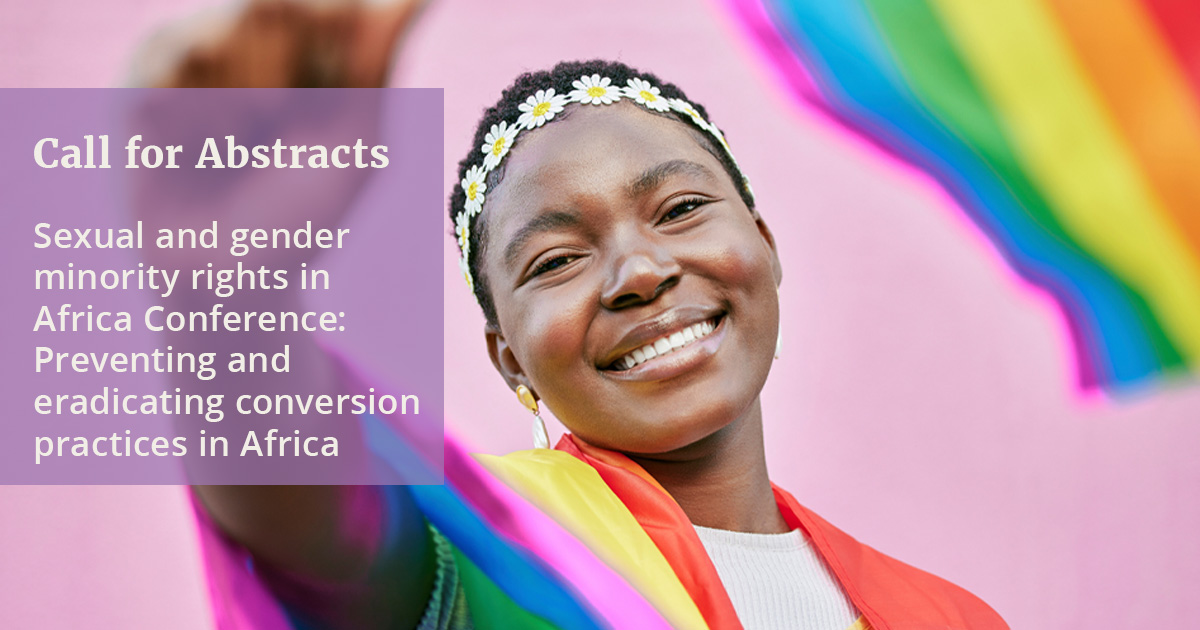
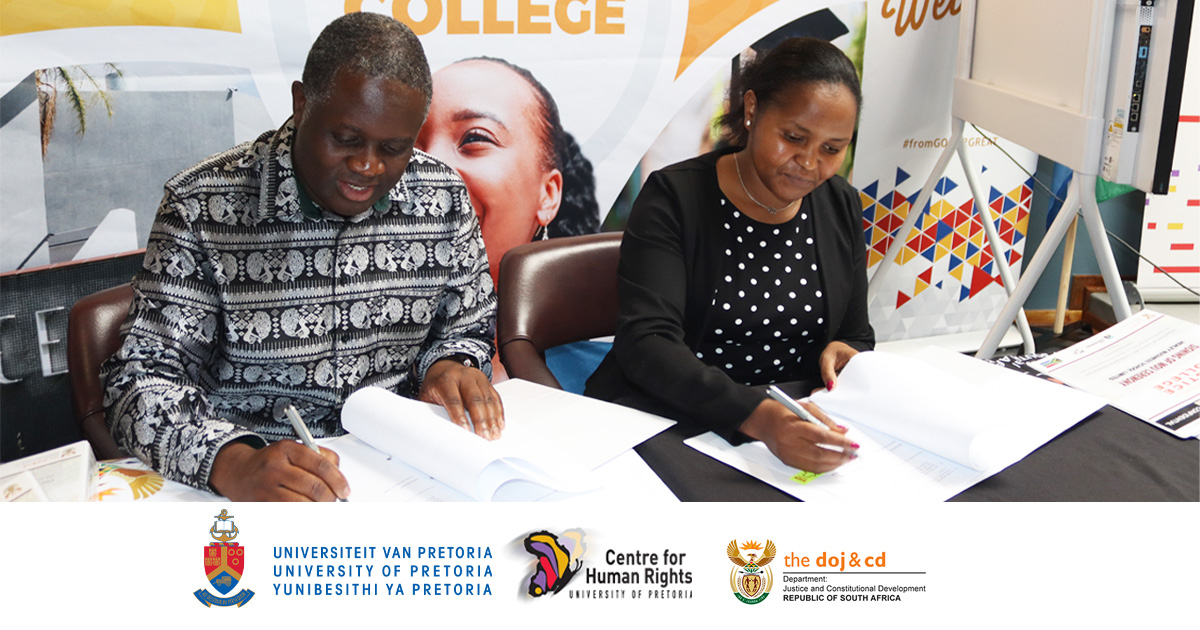
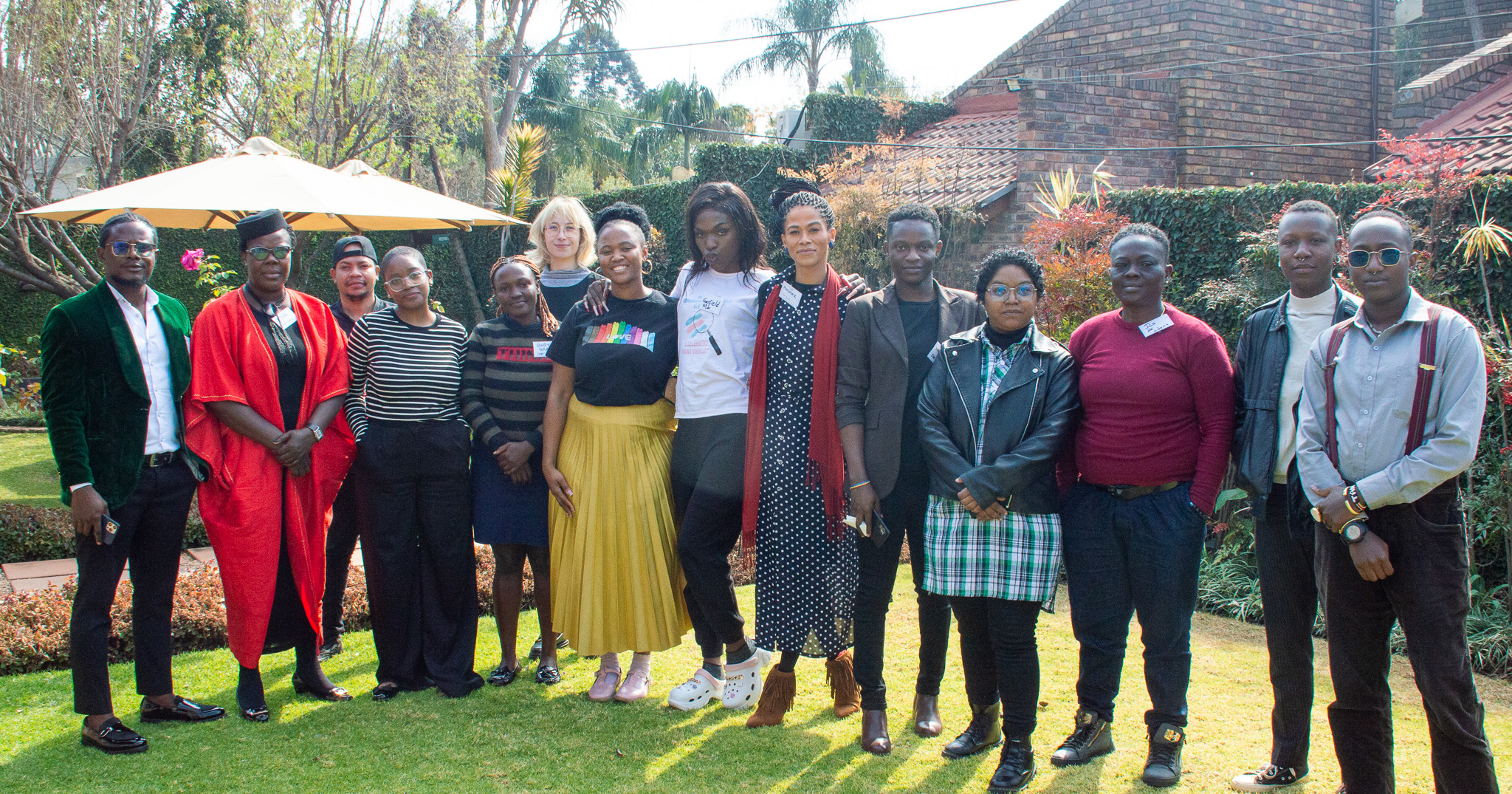
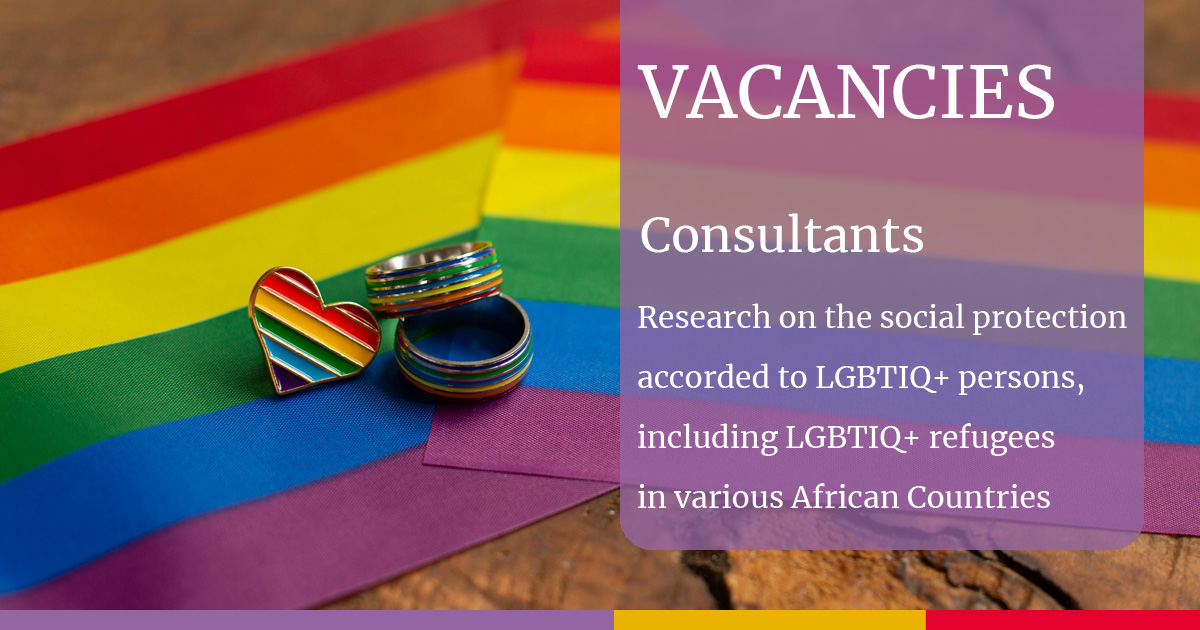
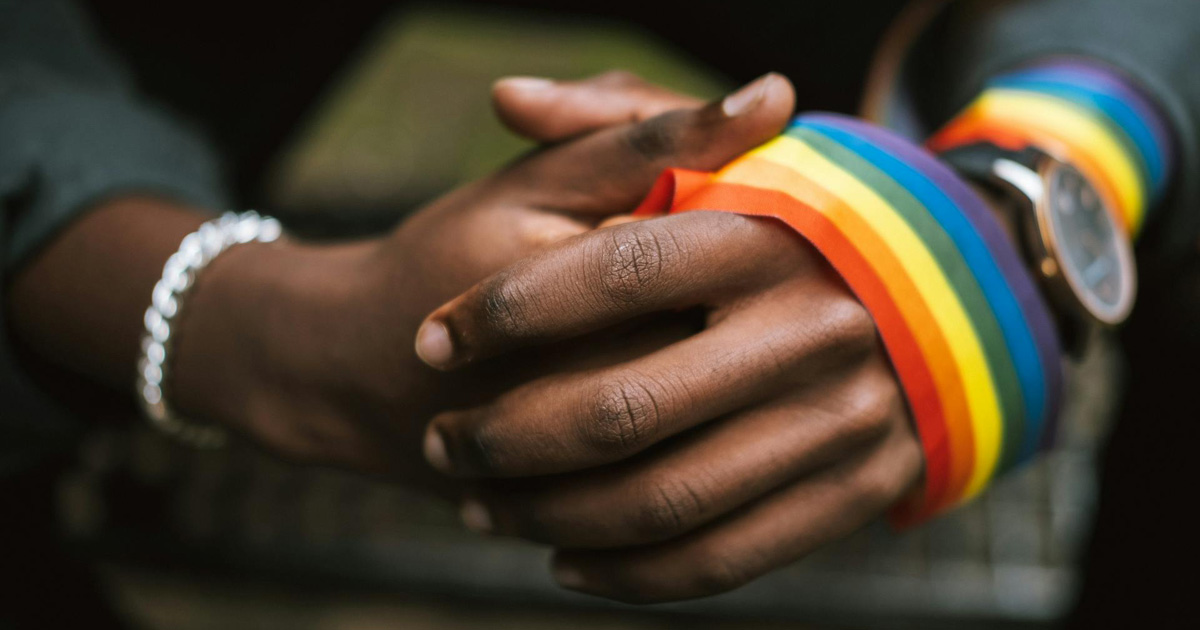
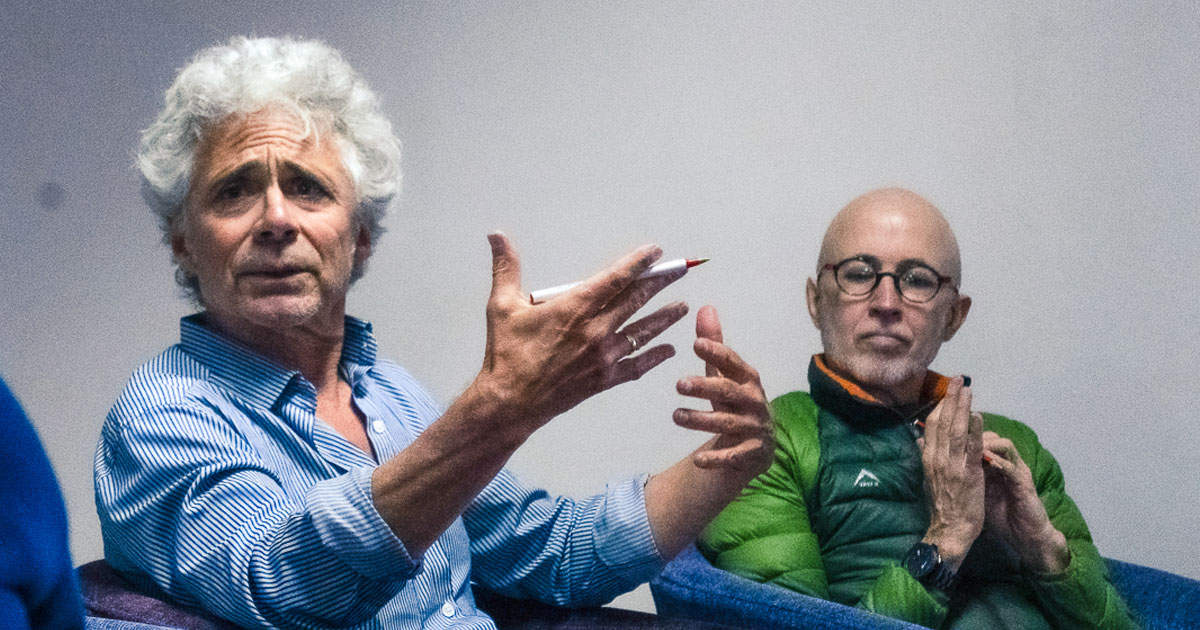
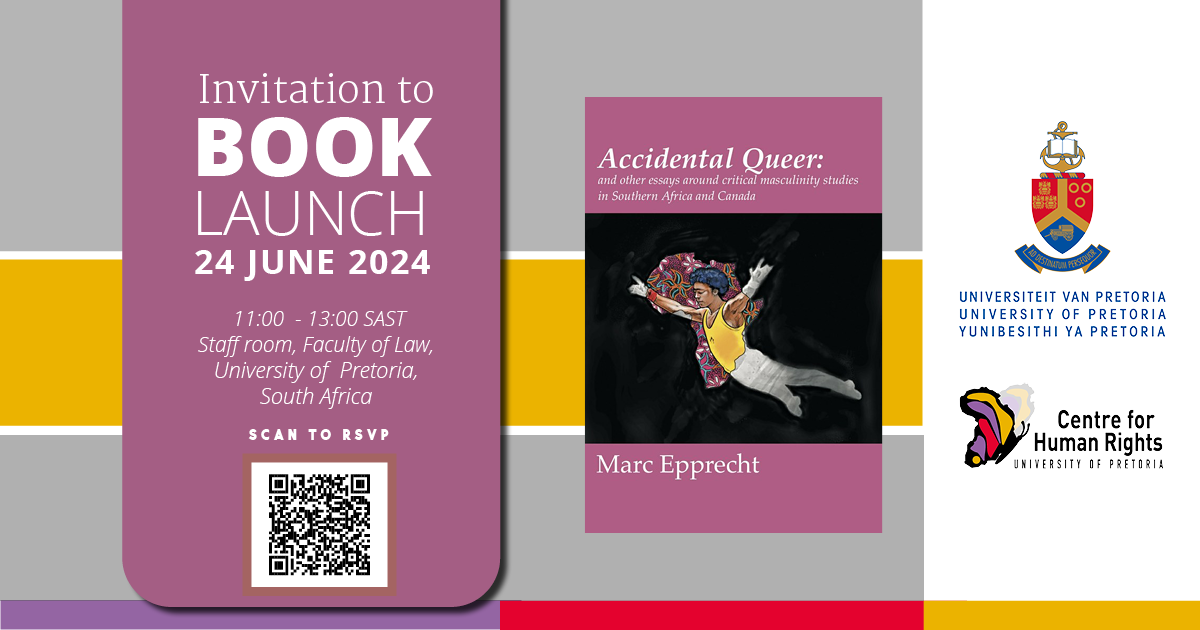
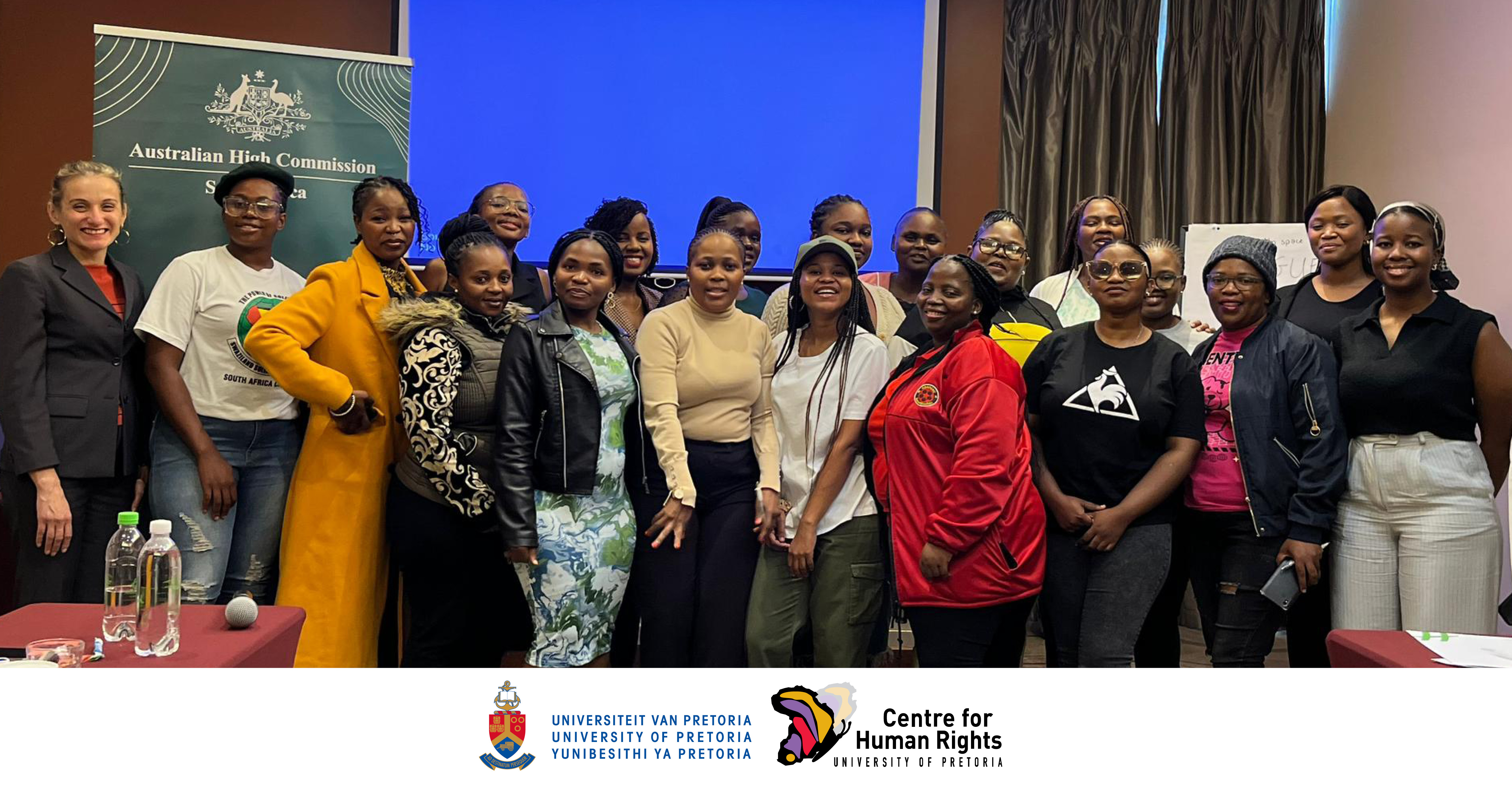
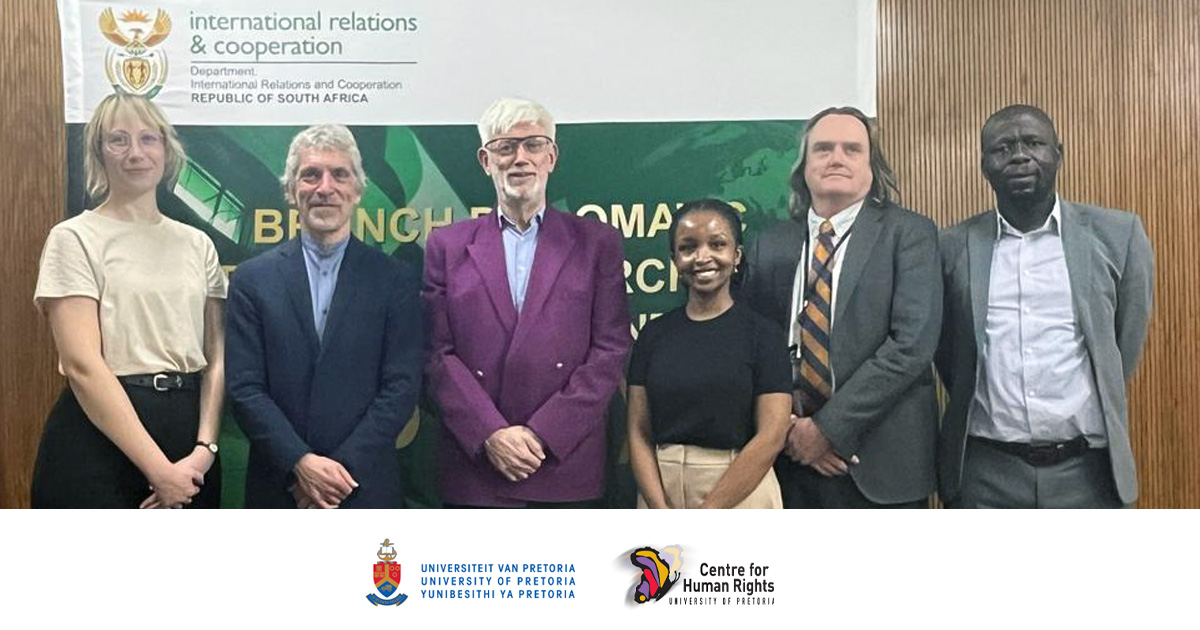
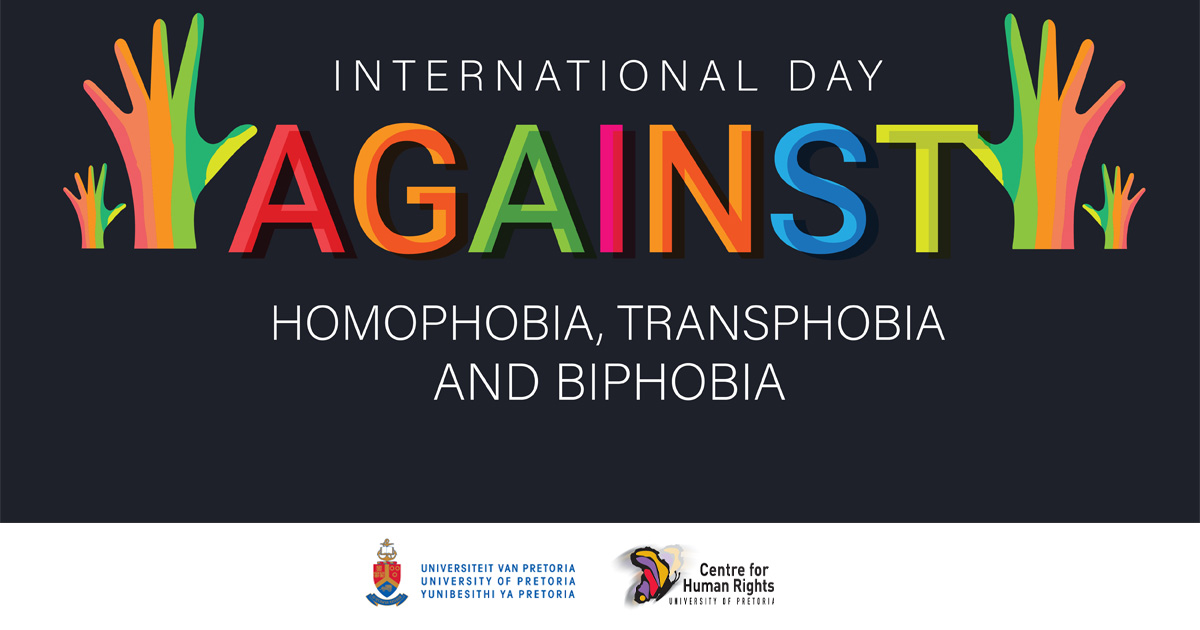
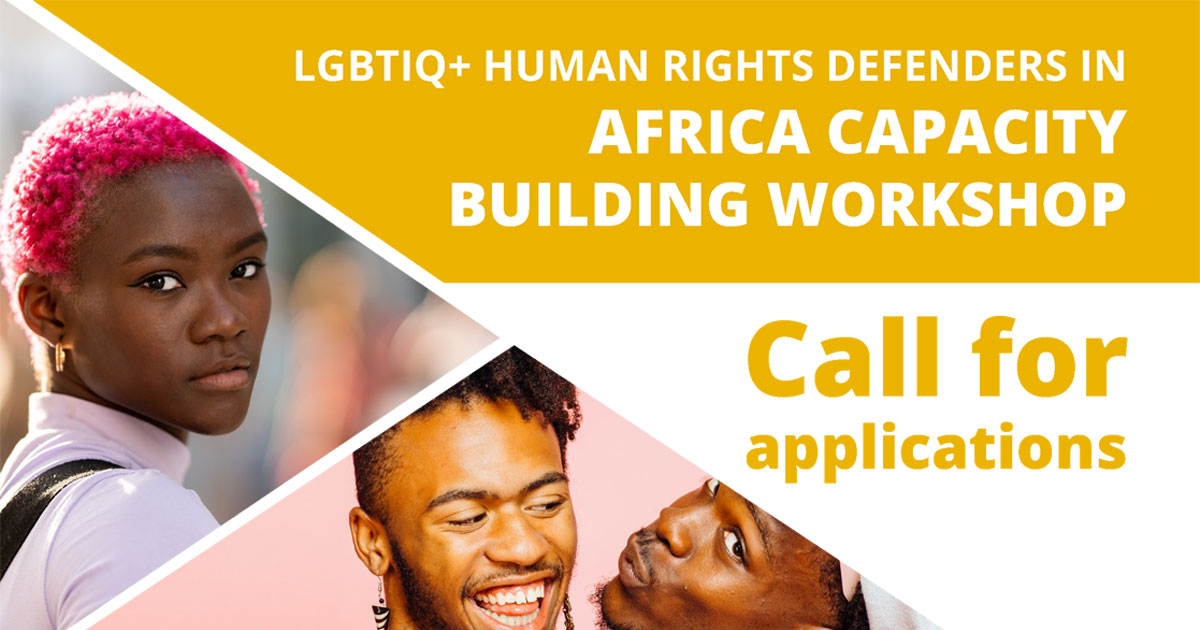
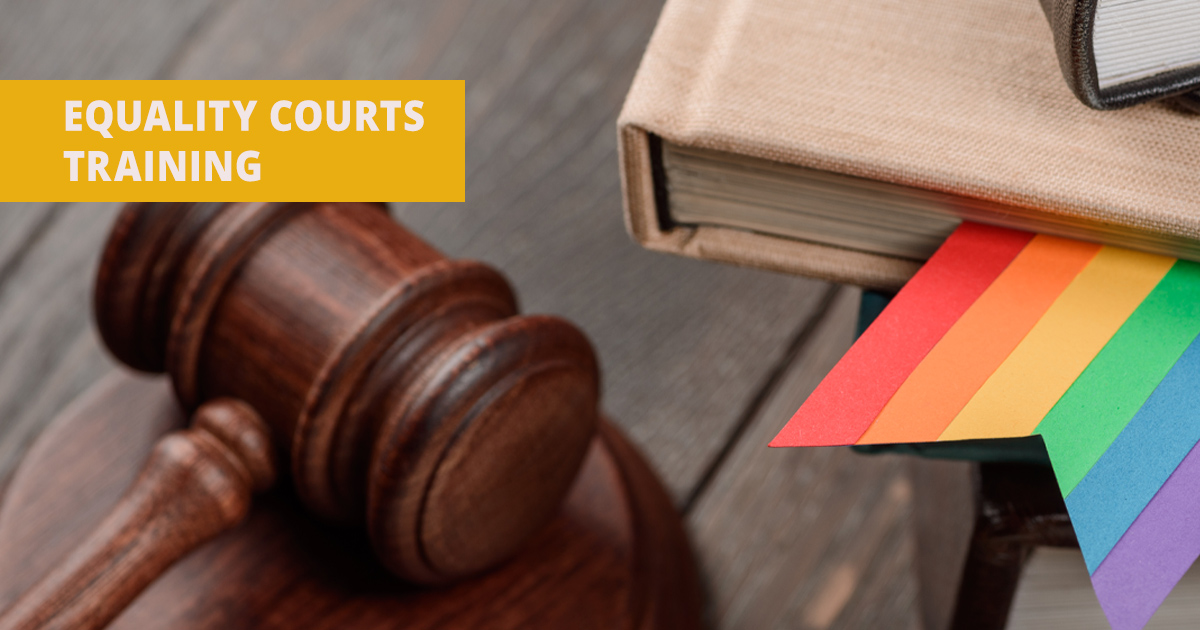
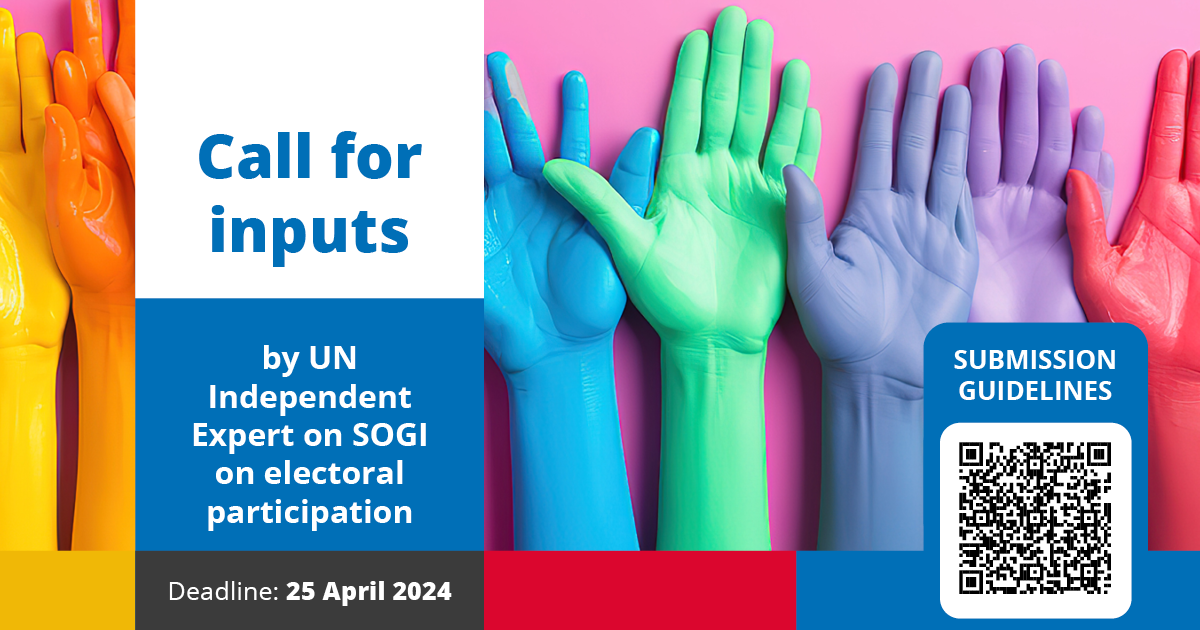
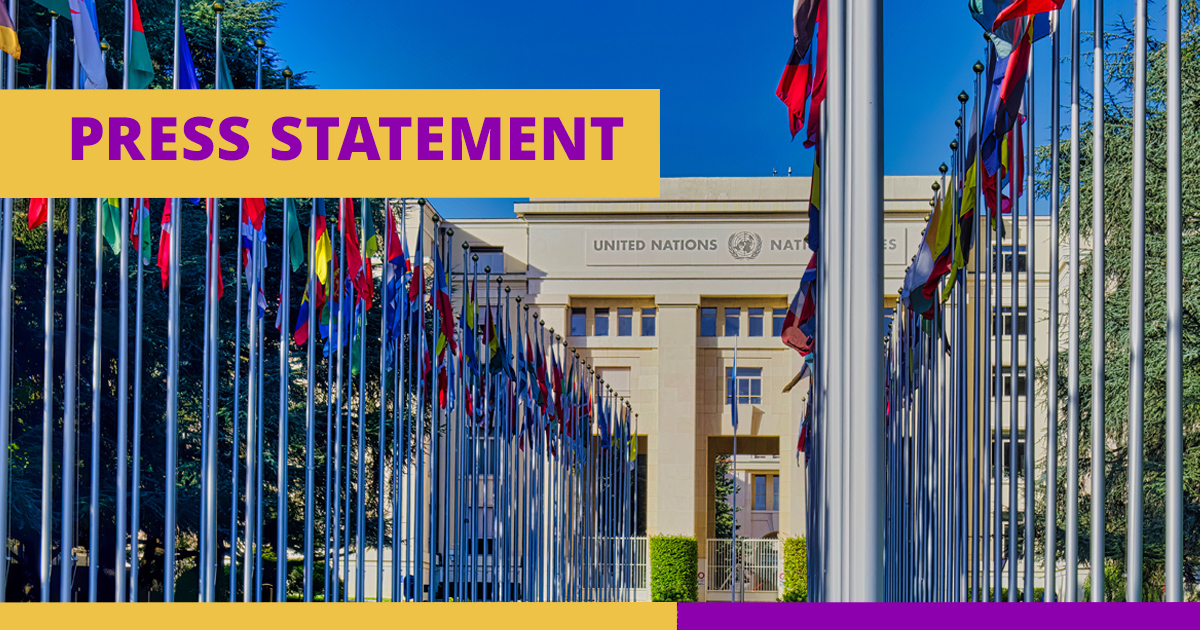
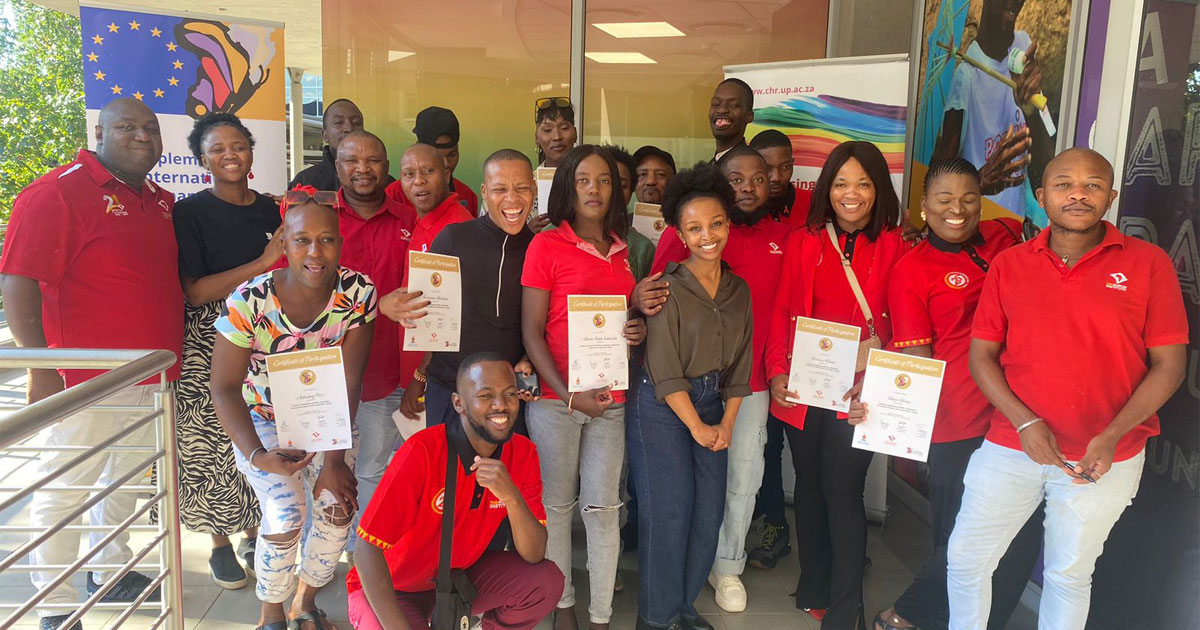
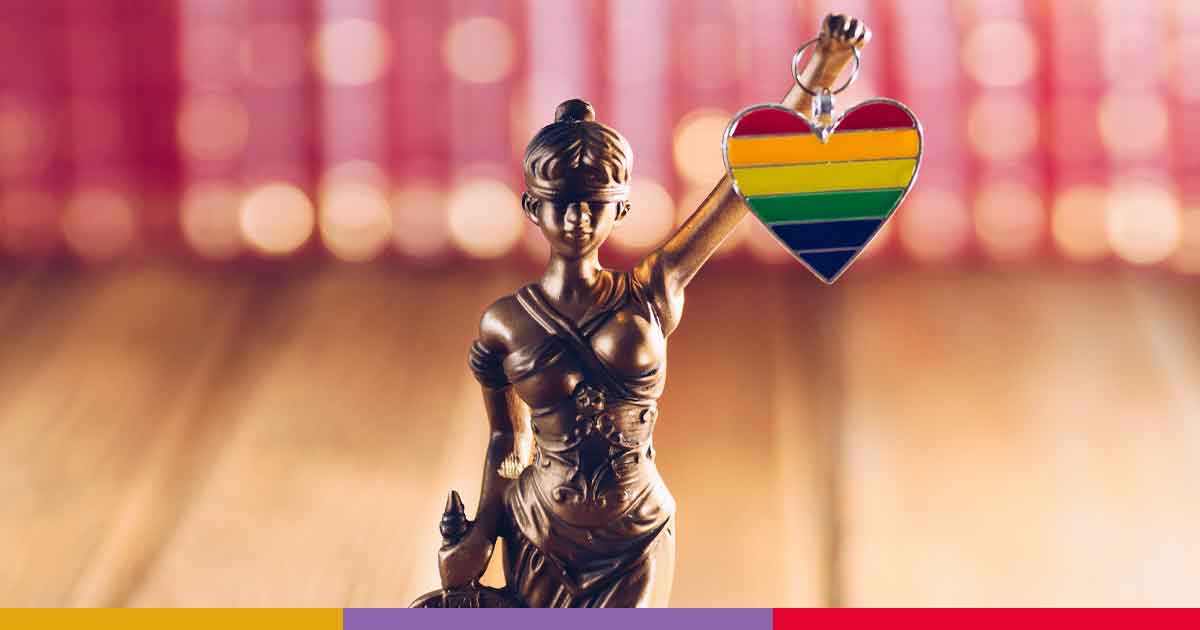
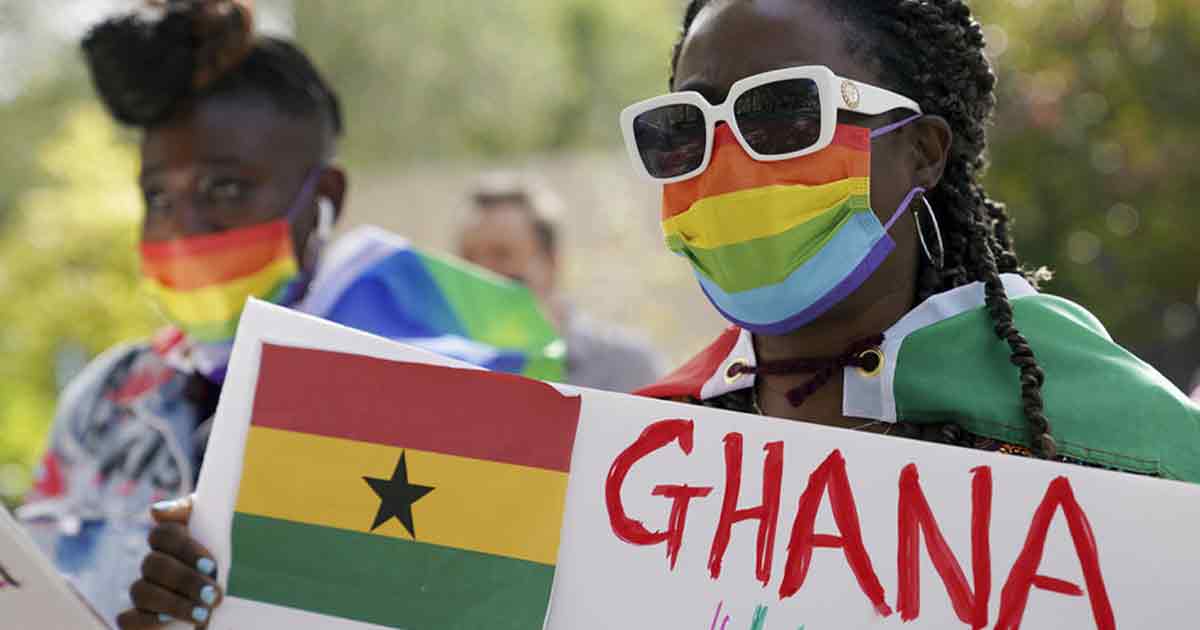
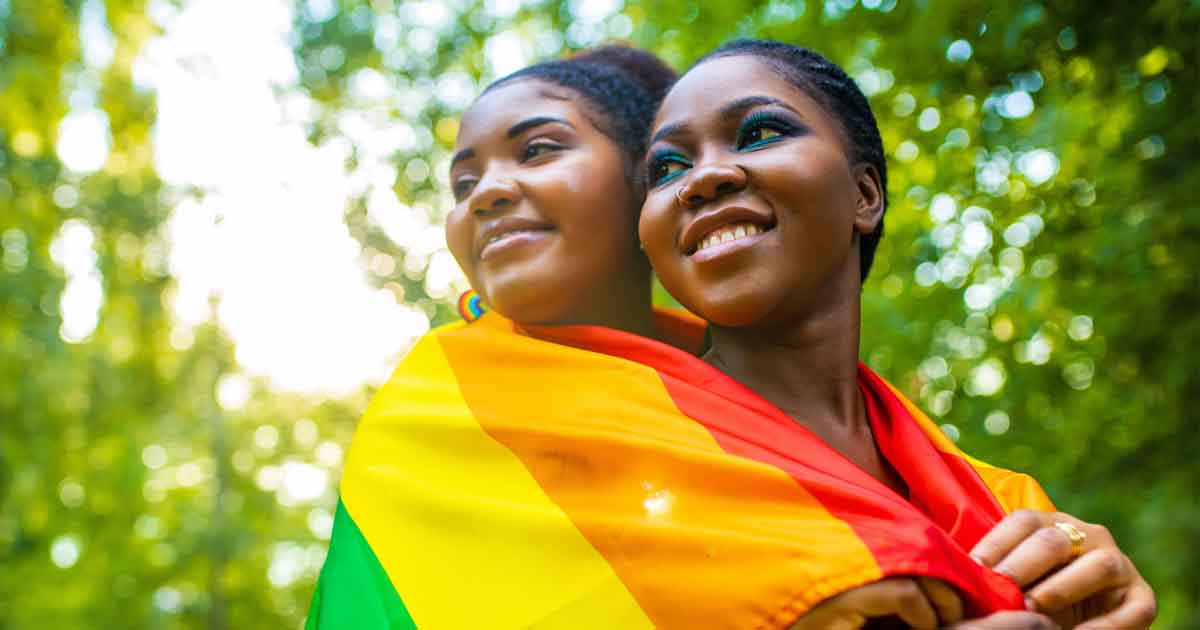
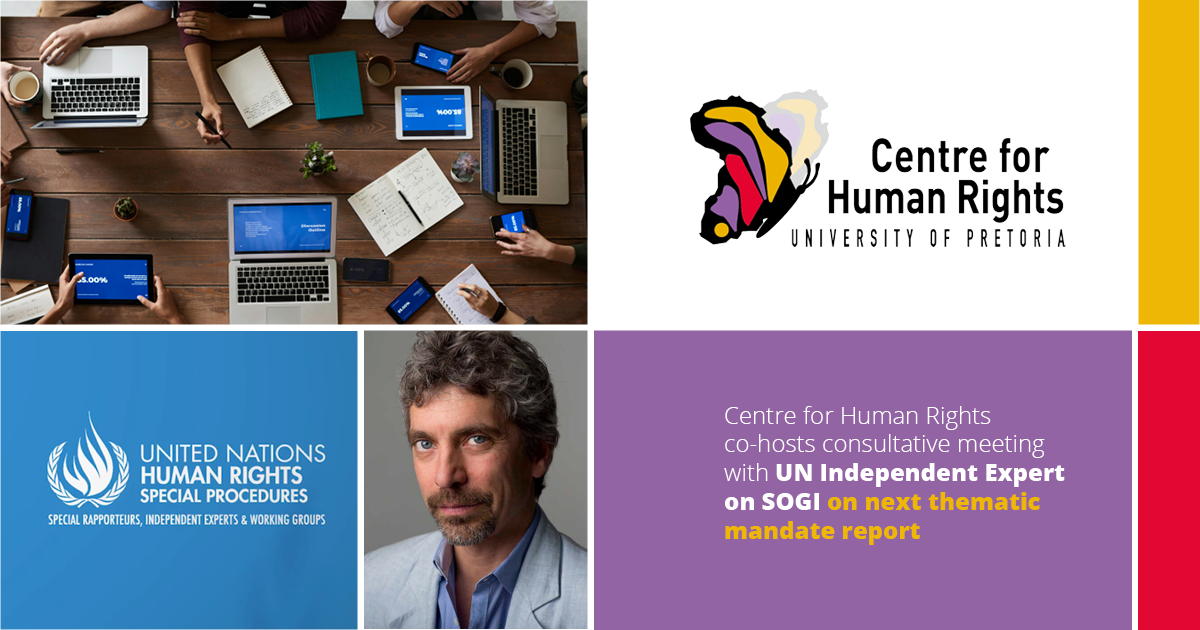
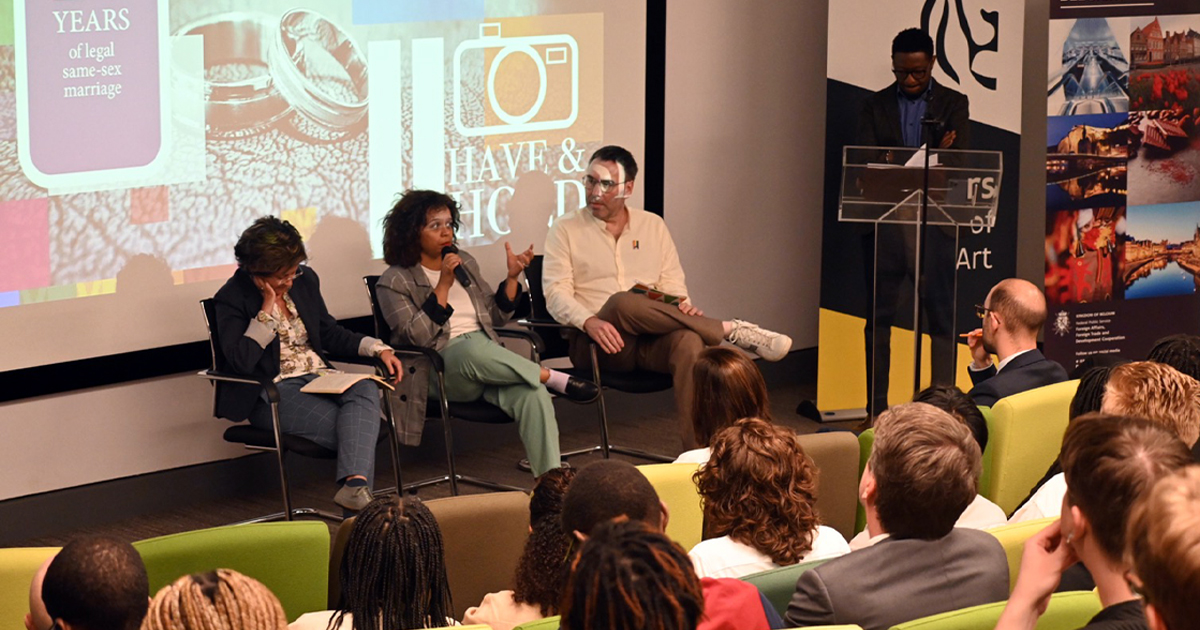
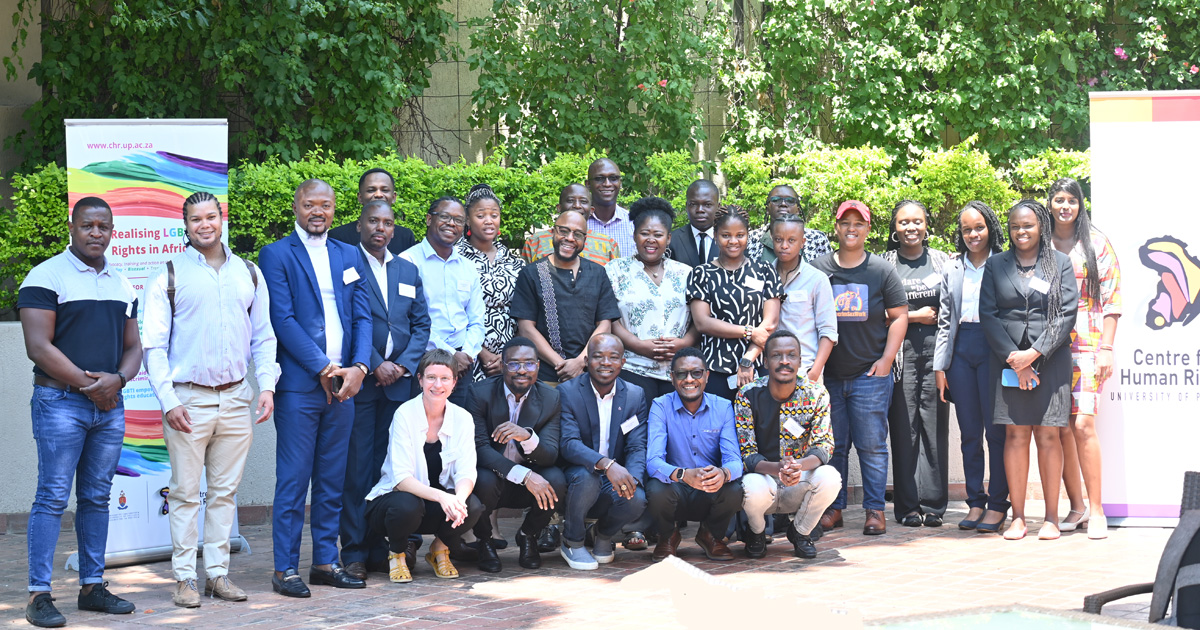
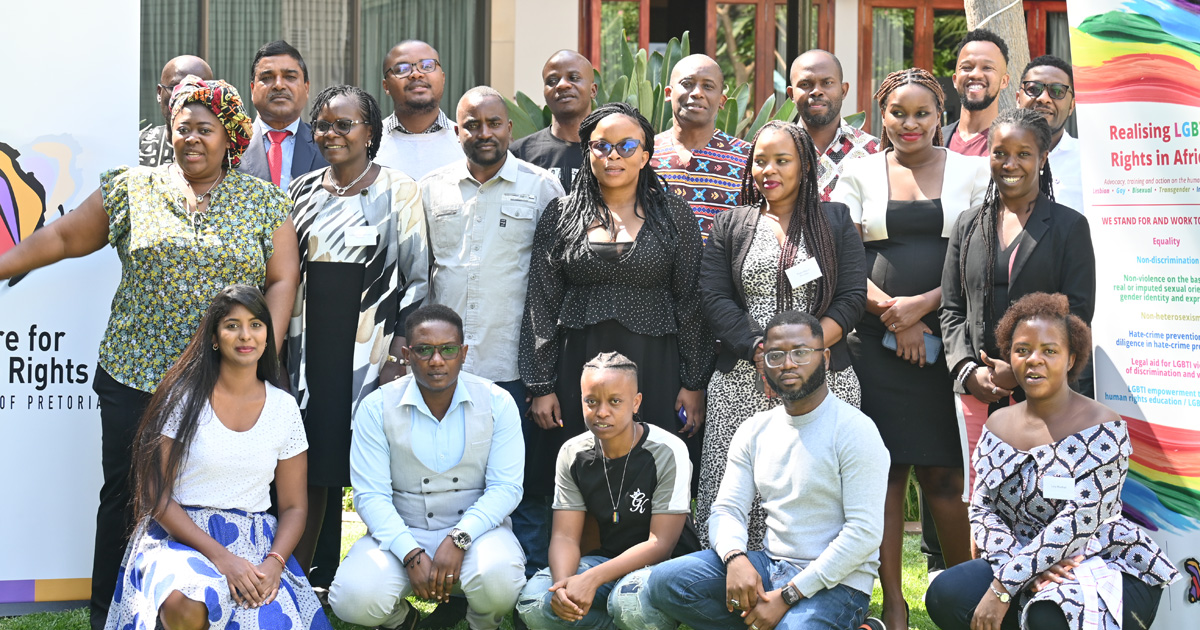
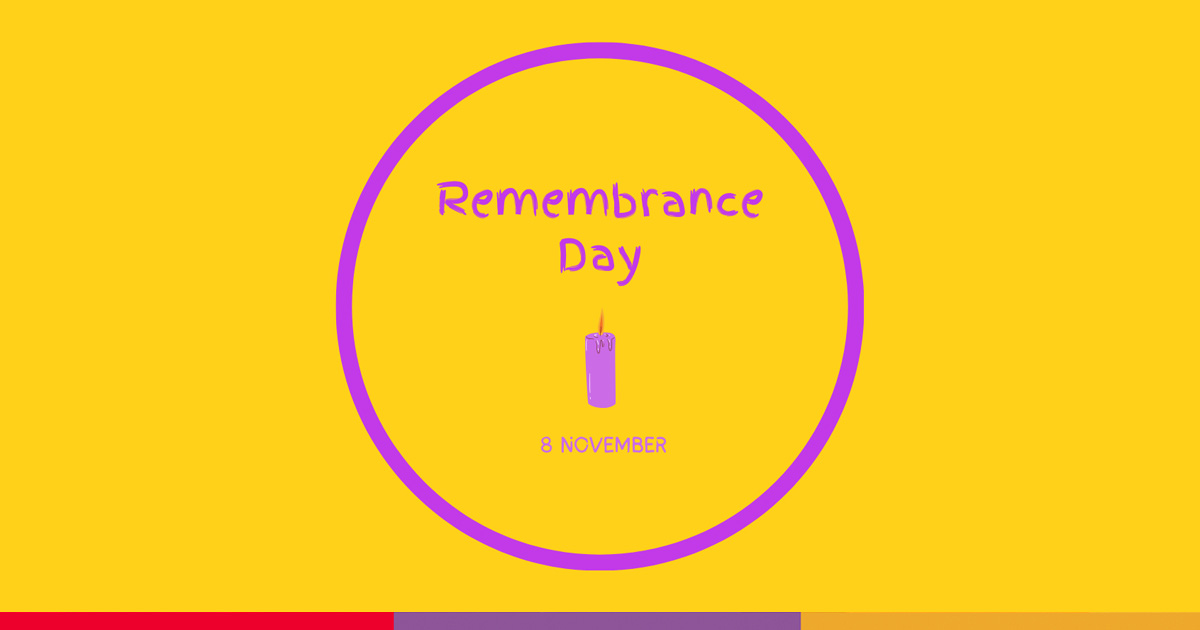
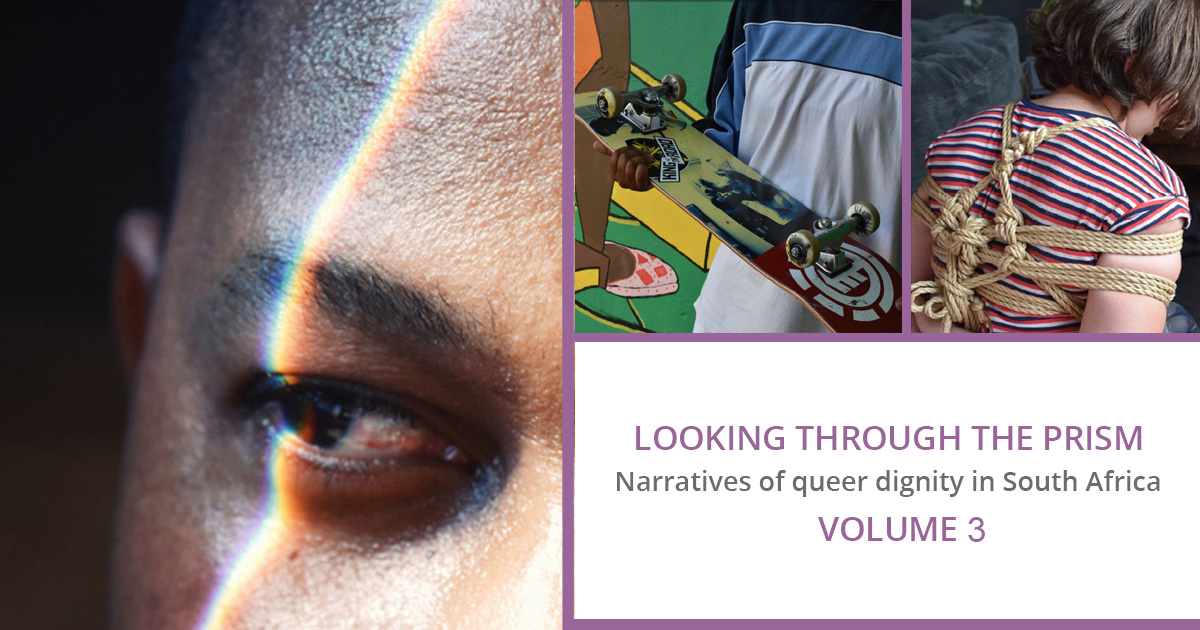
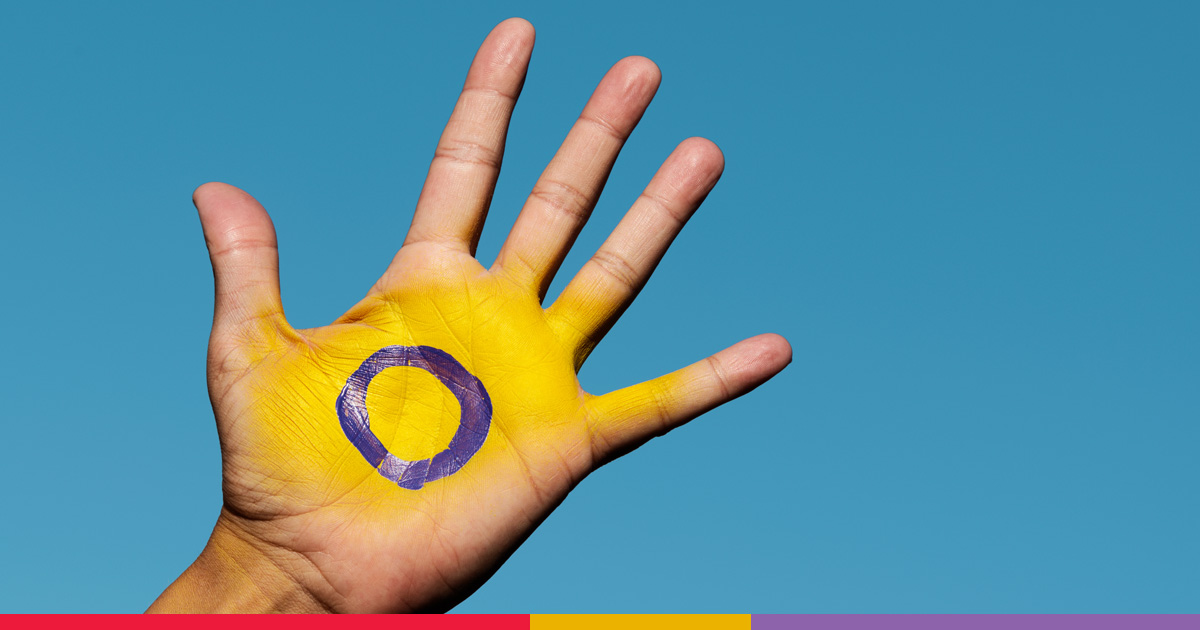
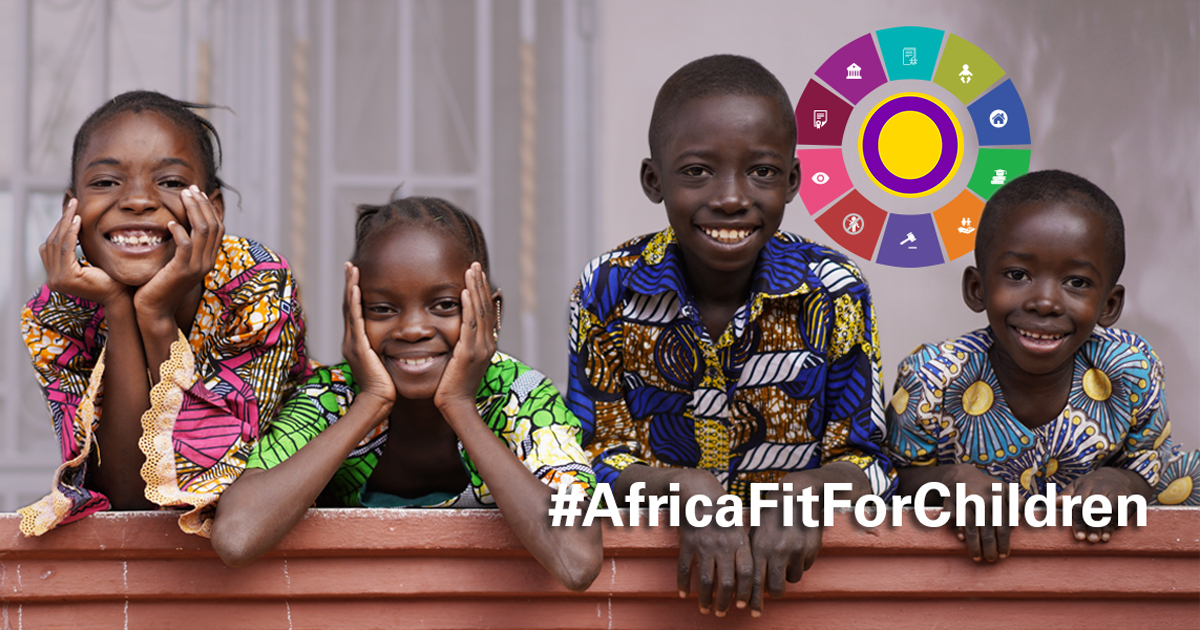
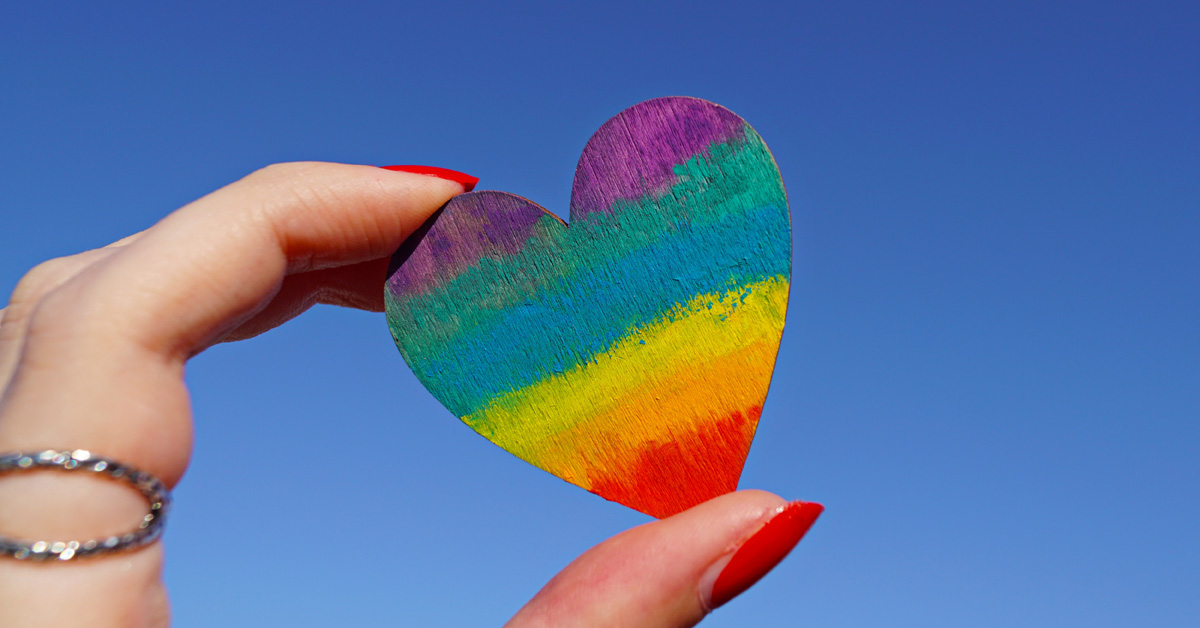
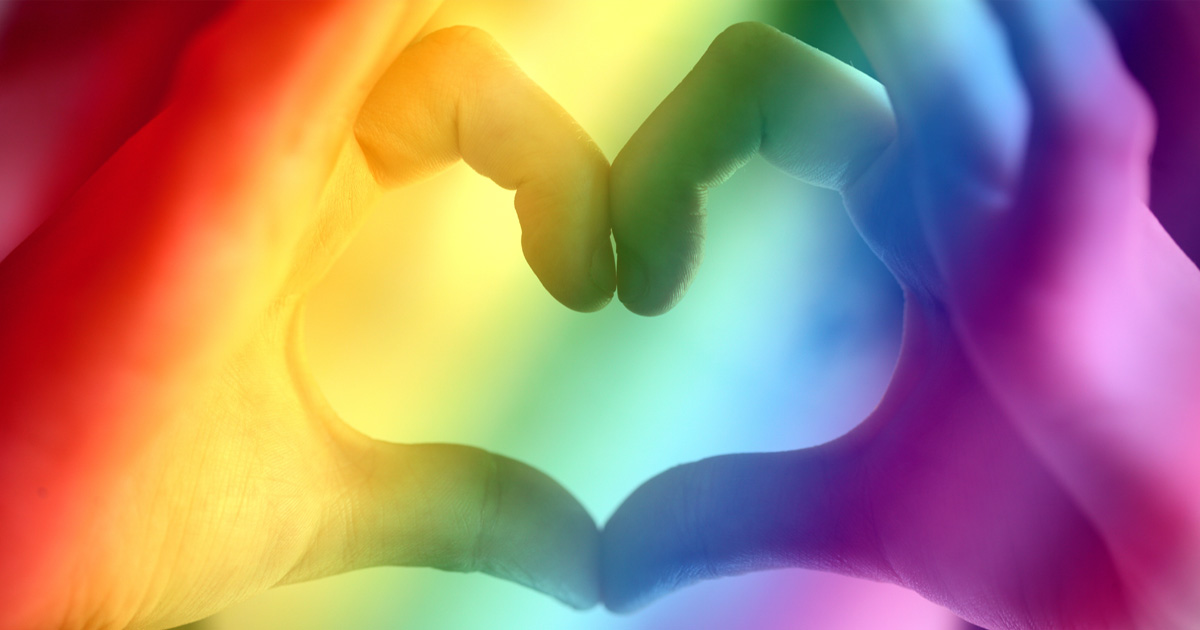
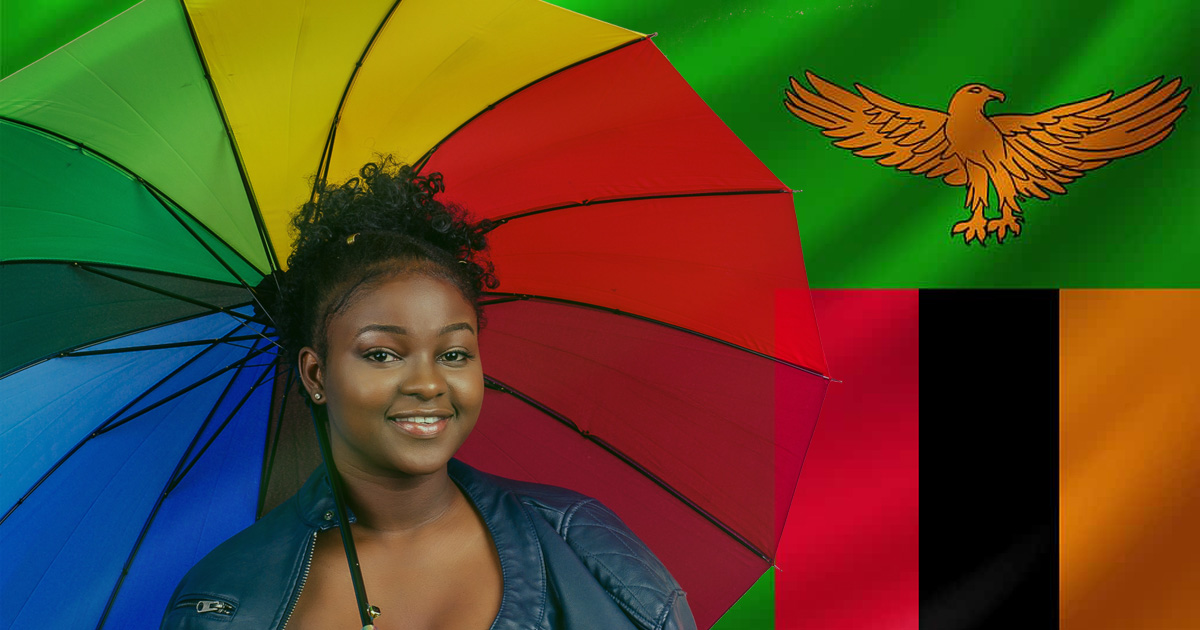
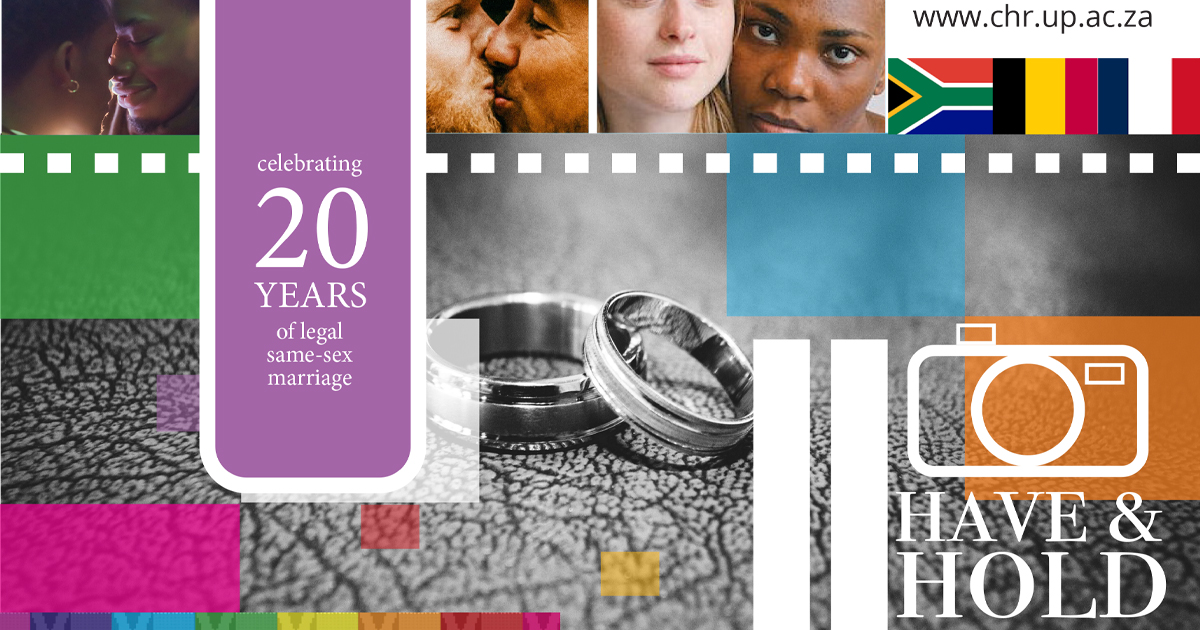
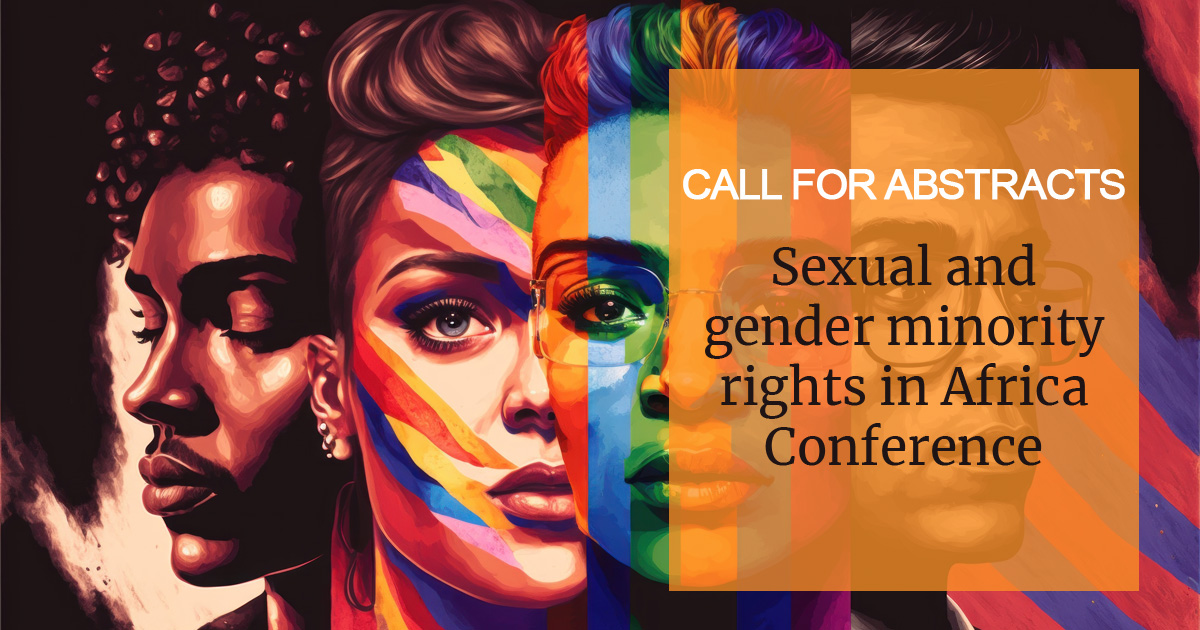
![In caption [Participants of the capacity building workshop on strategic litigation and advocacy for LGBTIQ+ activists in Africa]](/images/researchunits/sogie/news/images/lgbtq-capacity-building.jpg)
